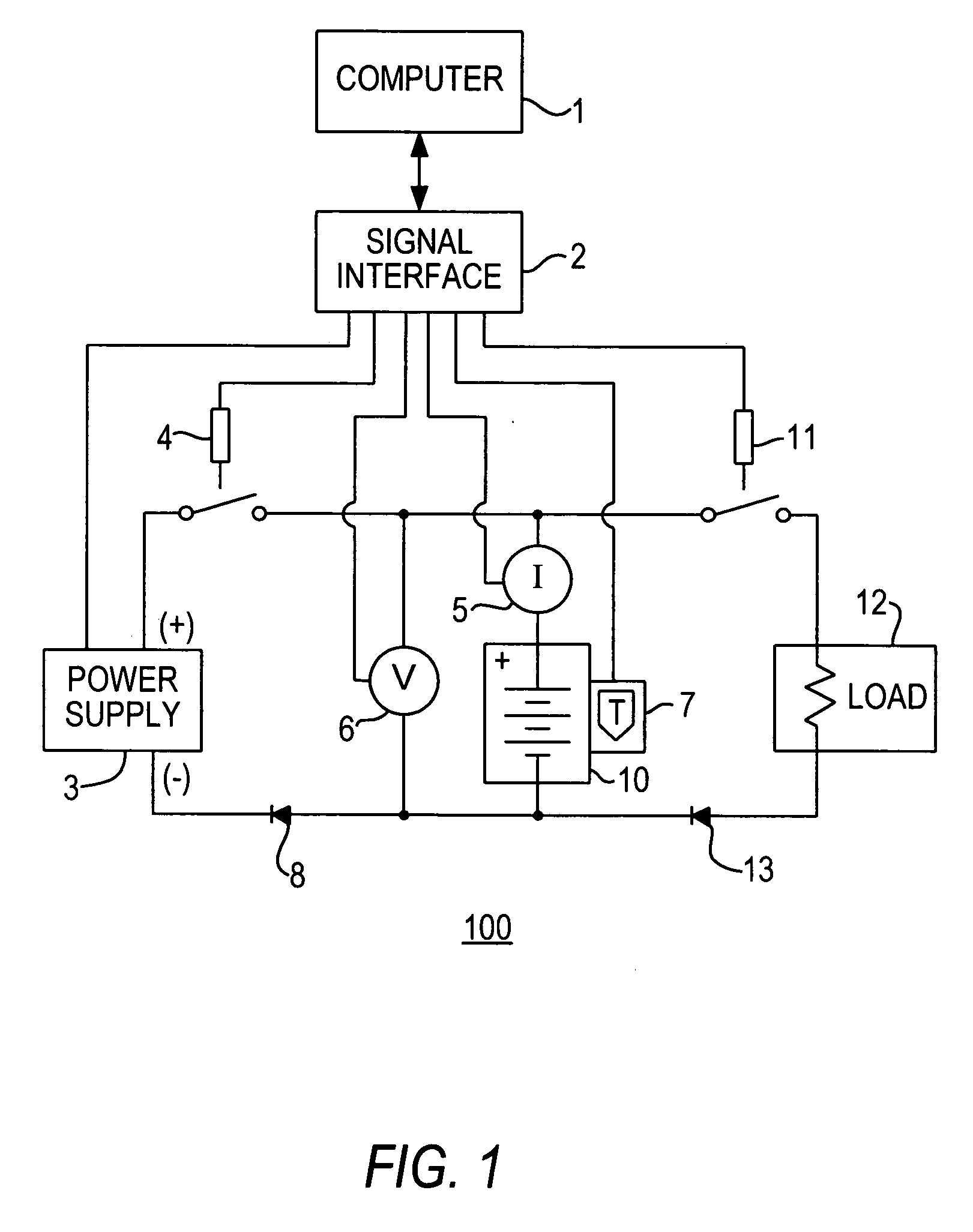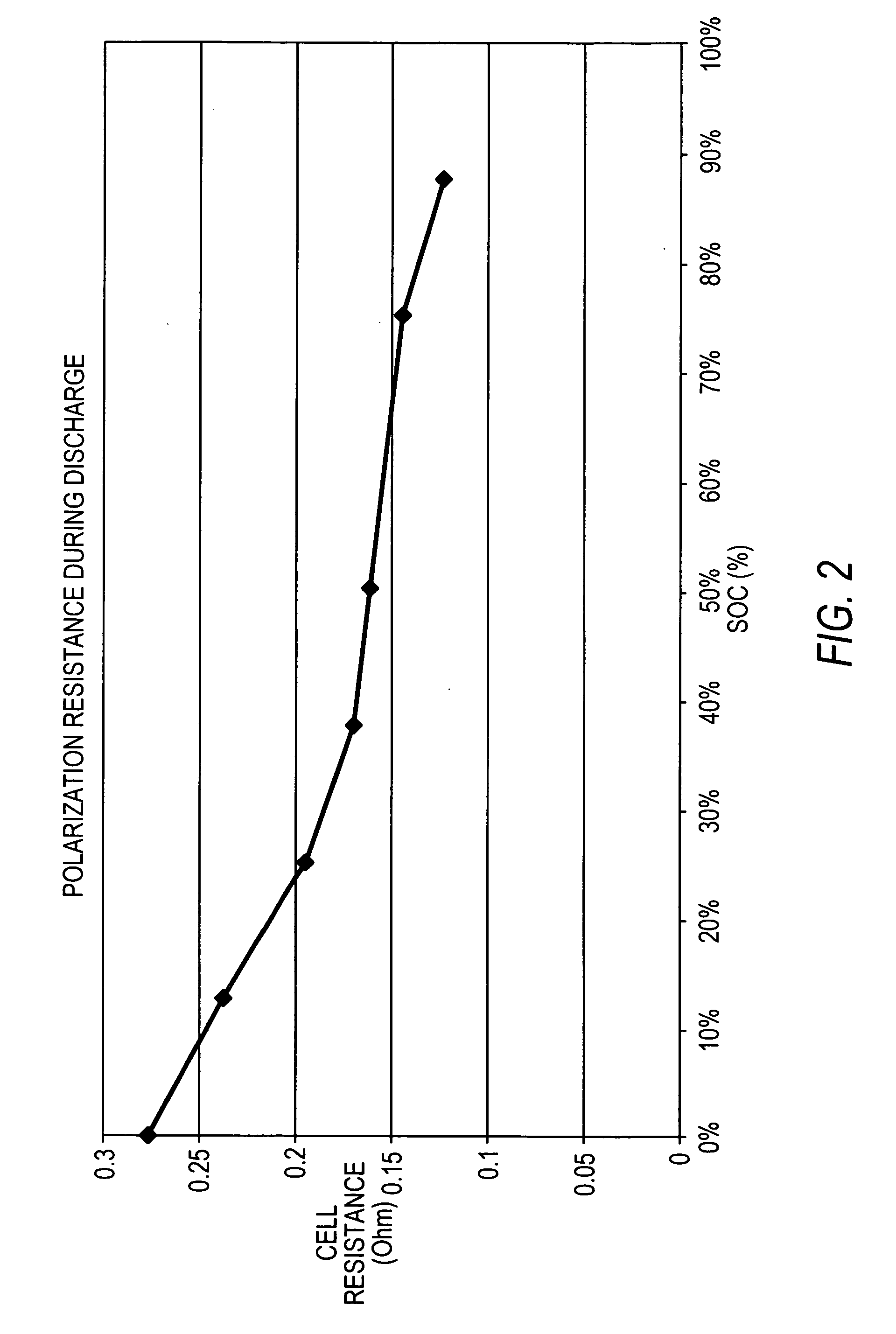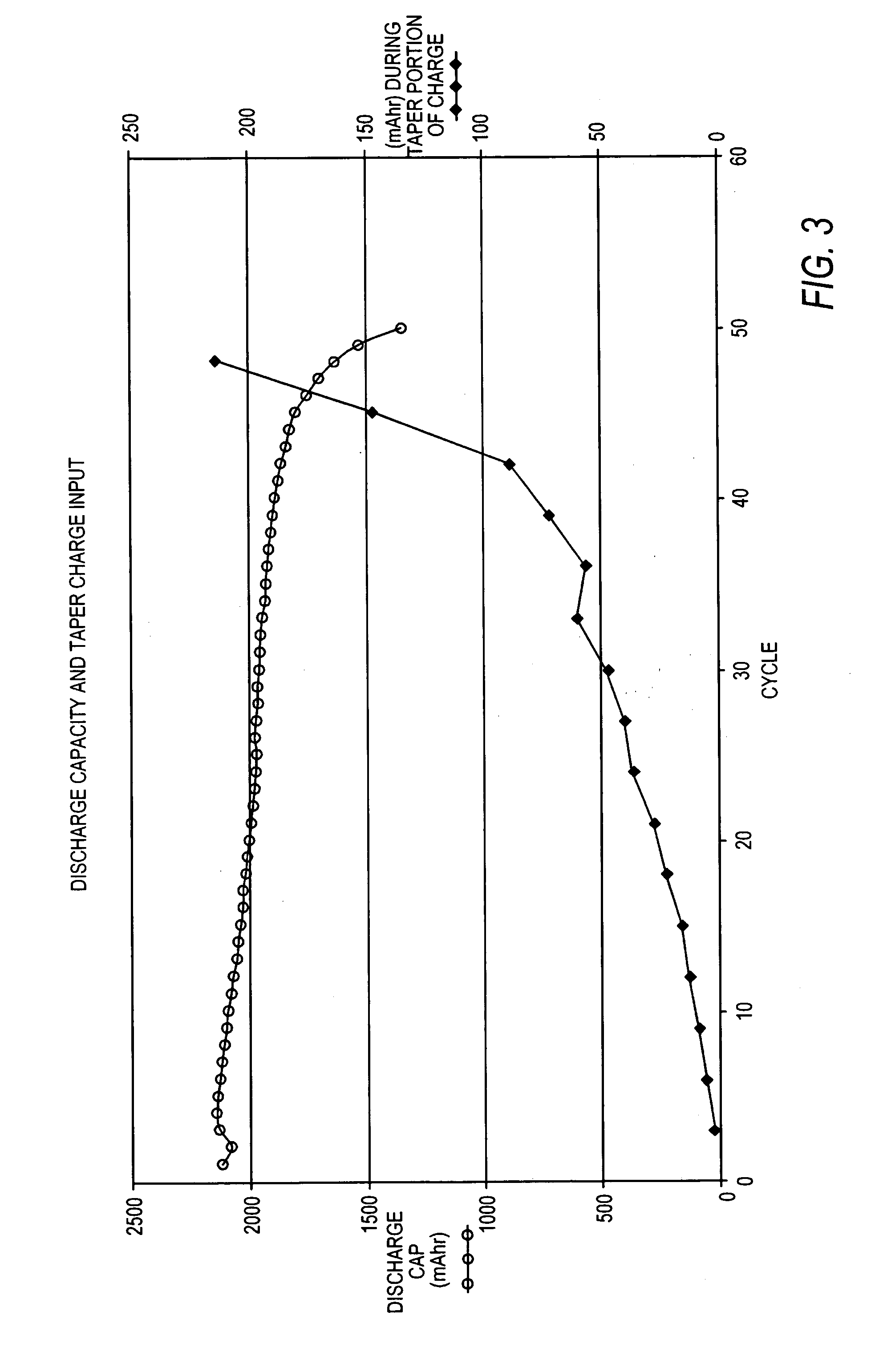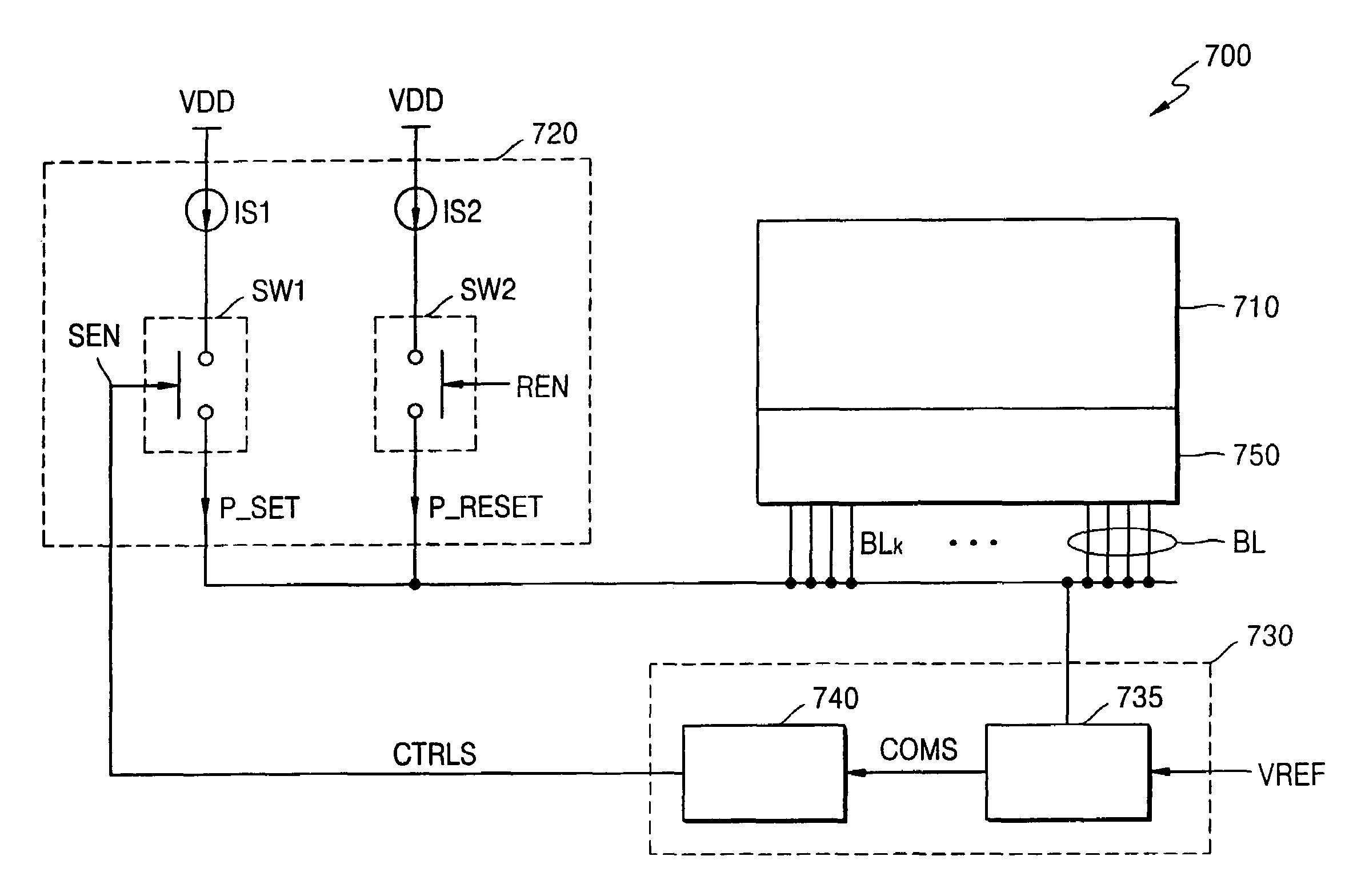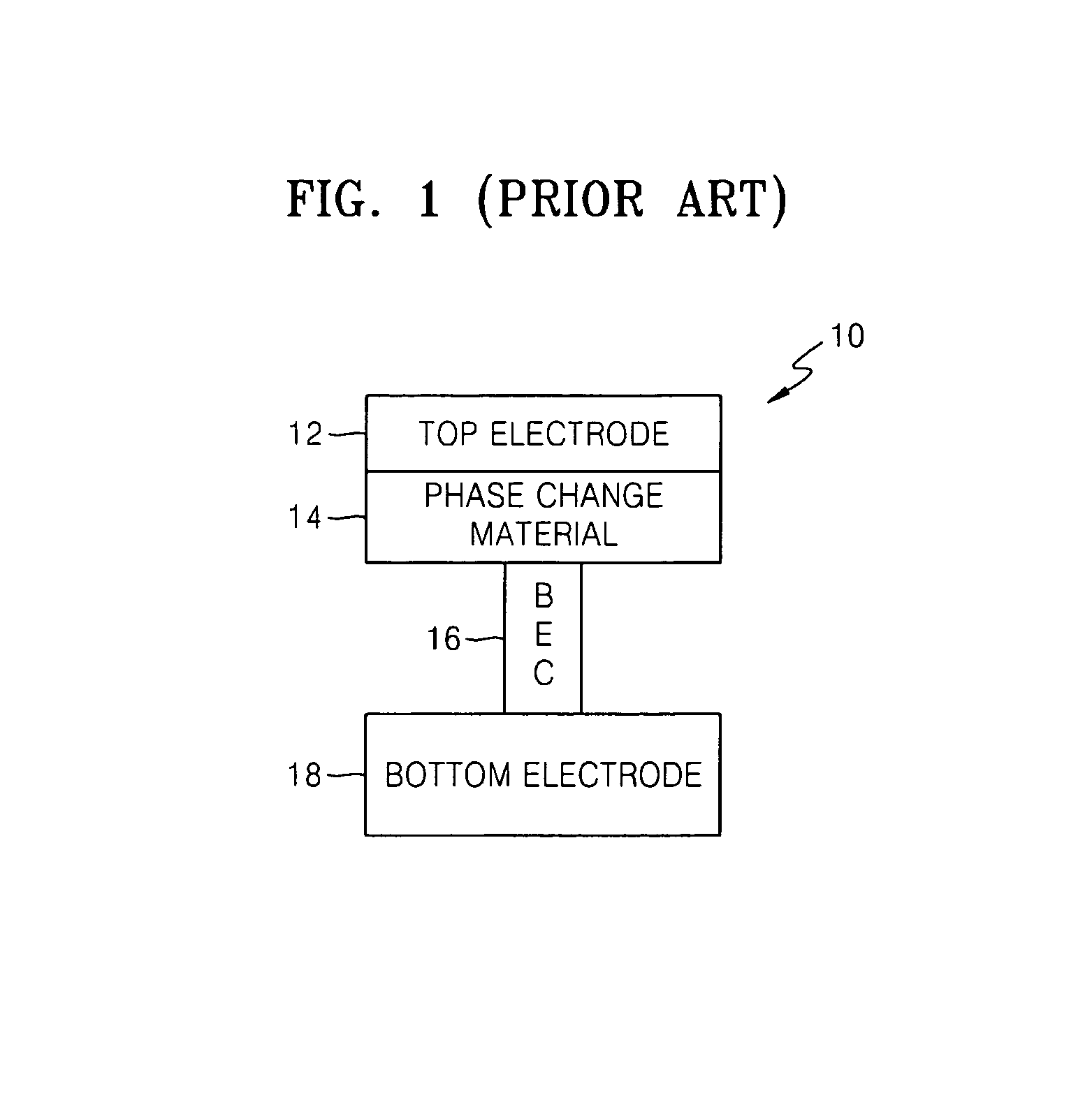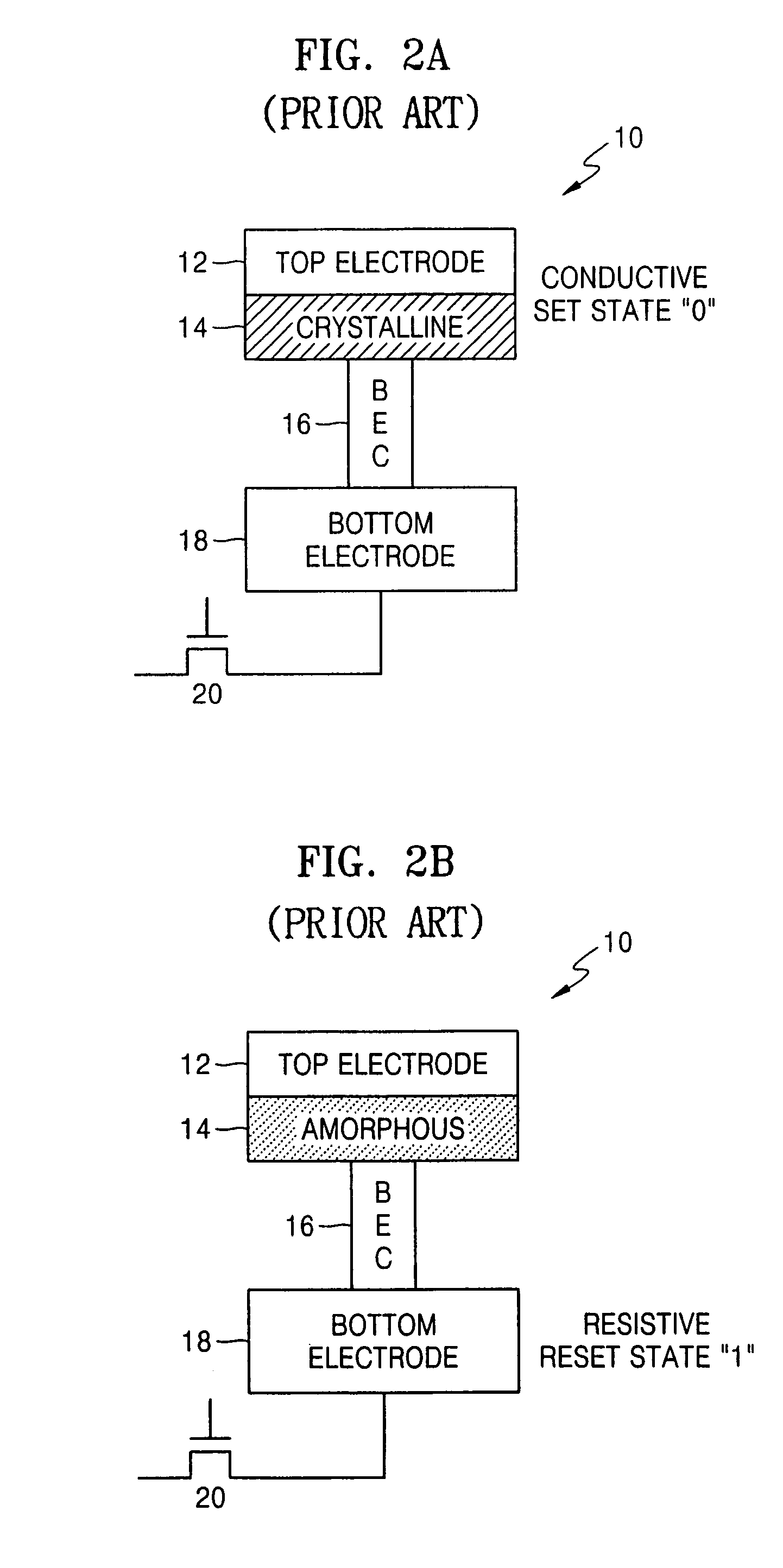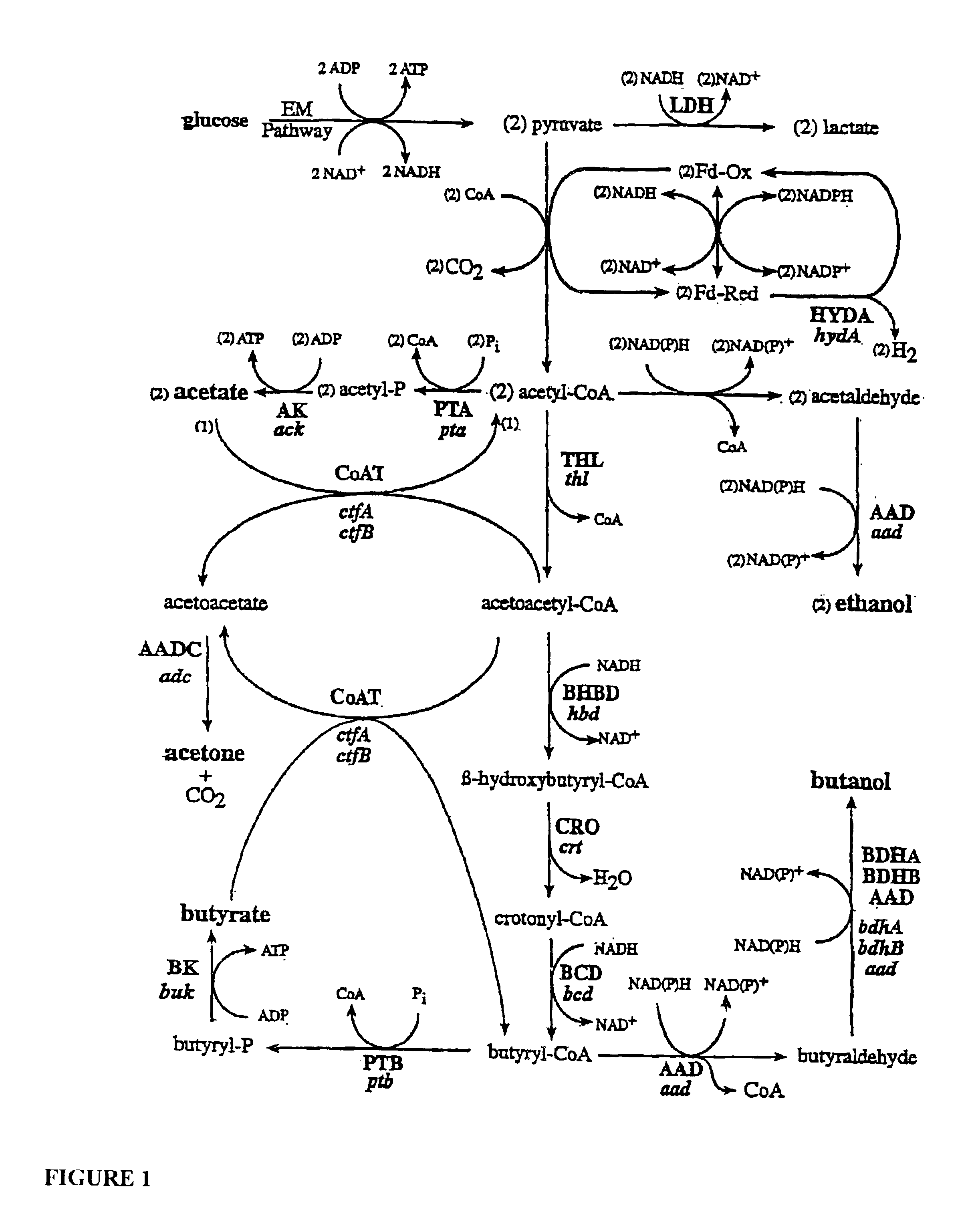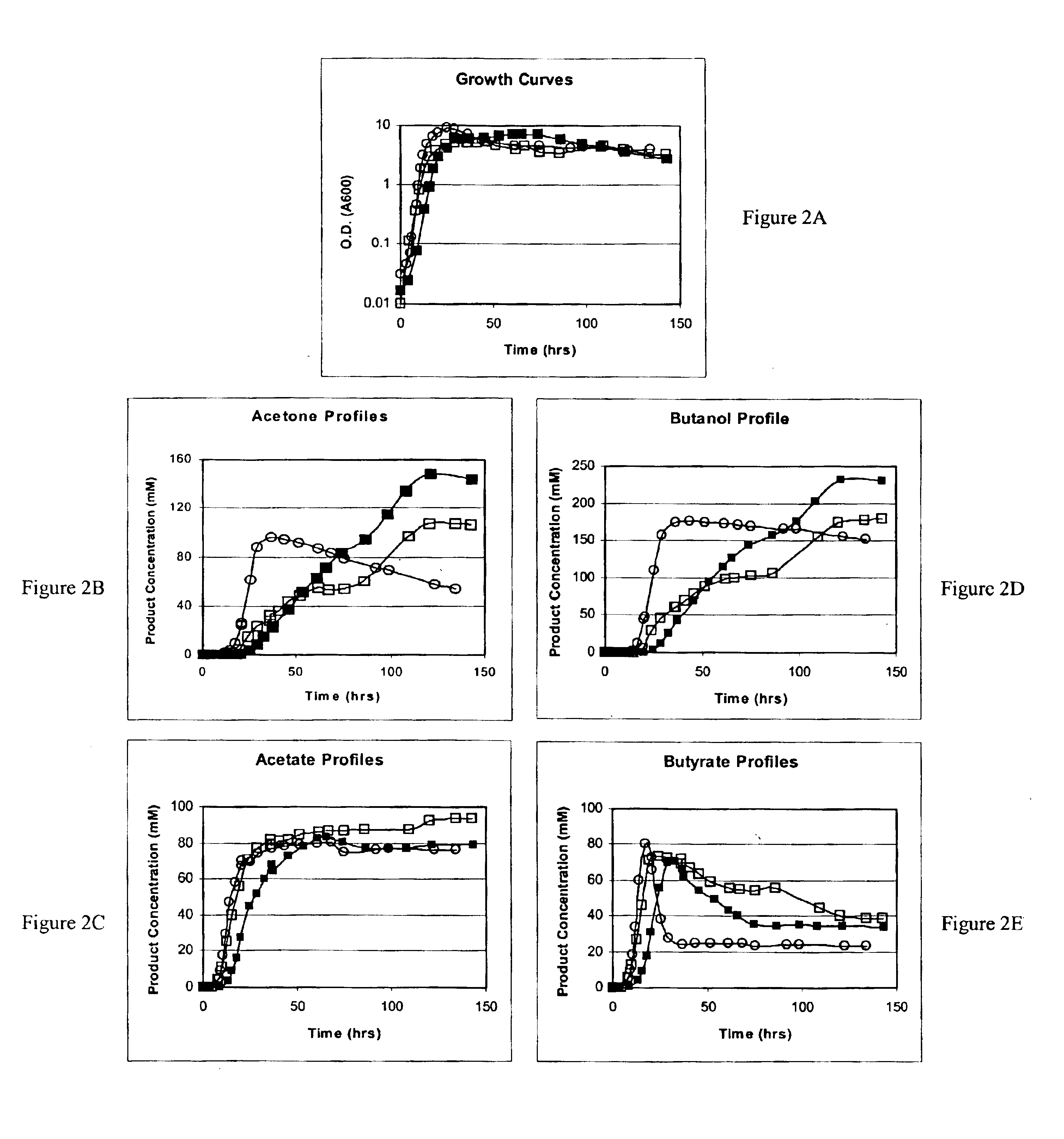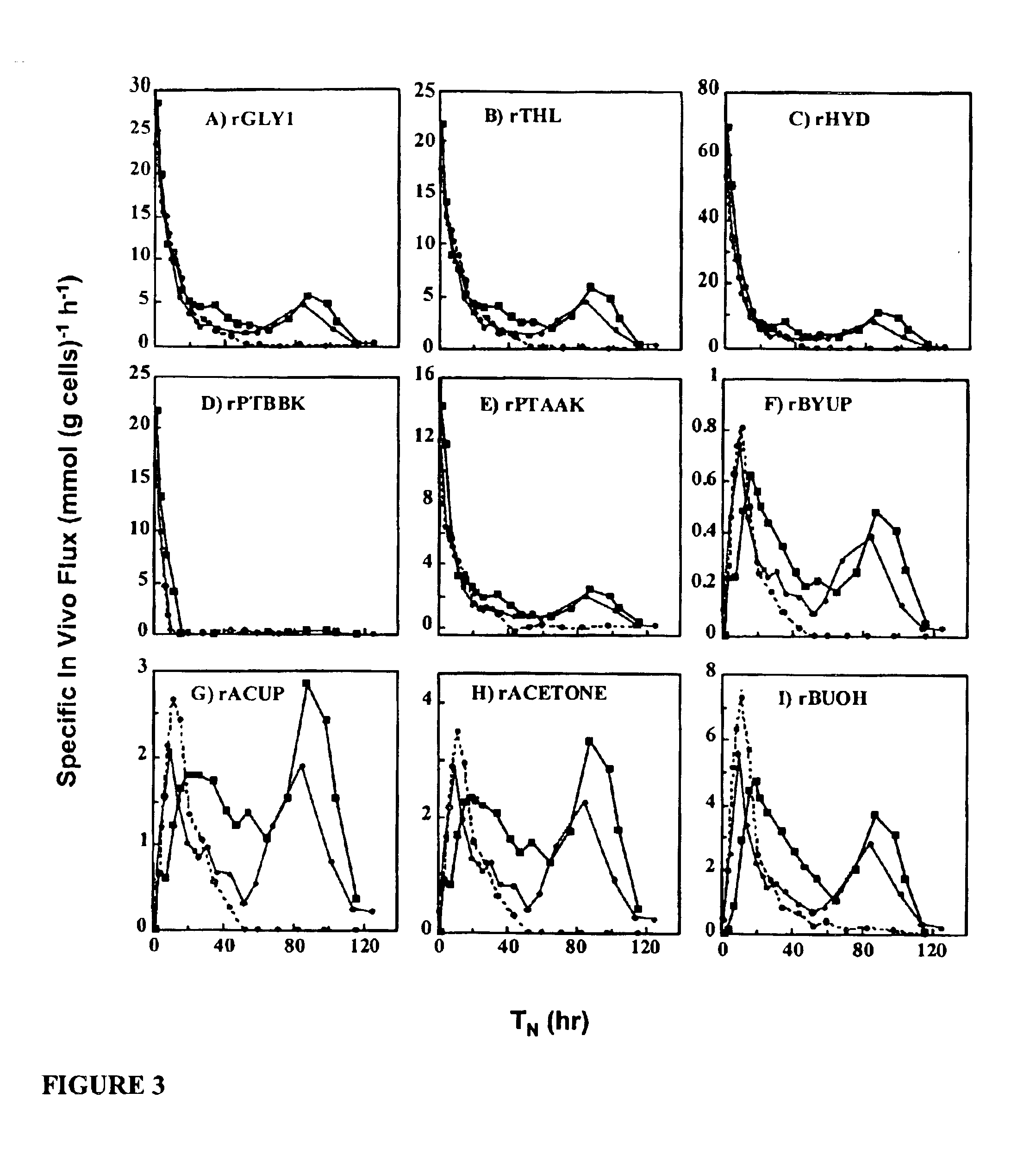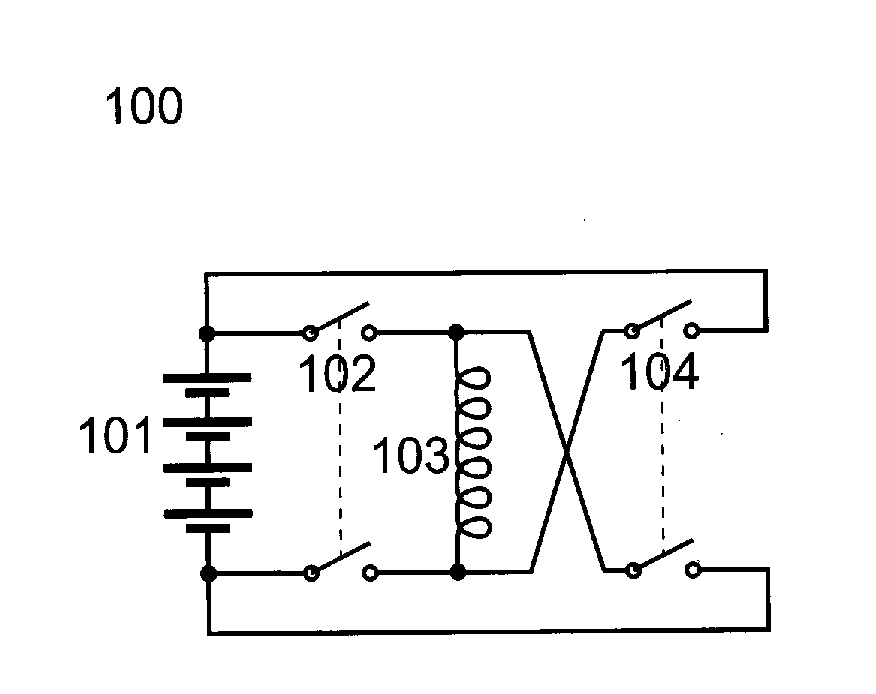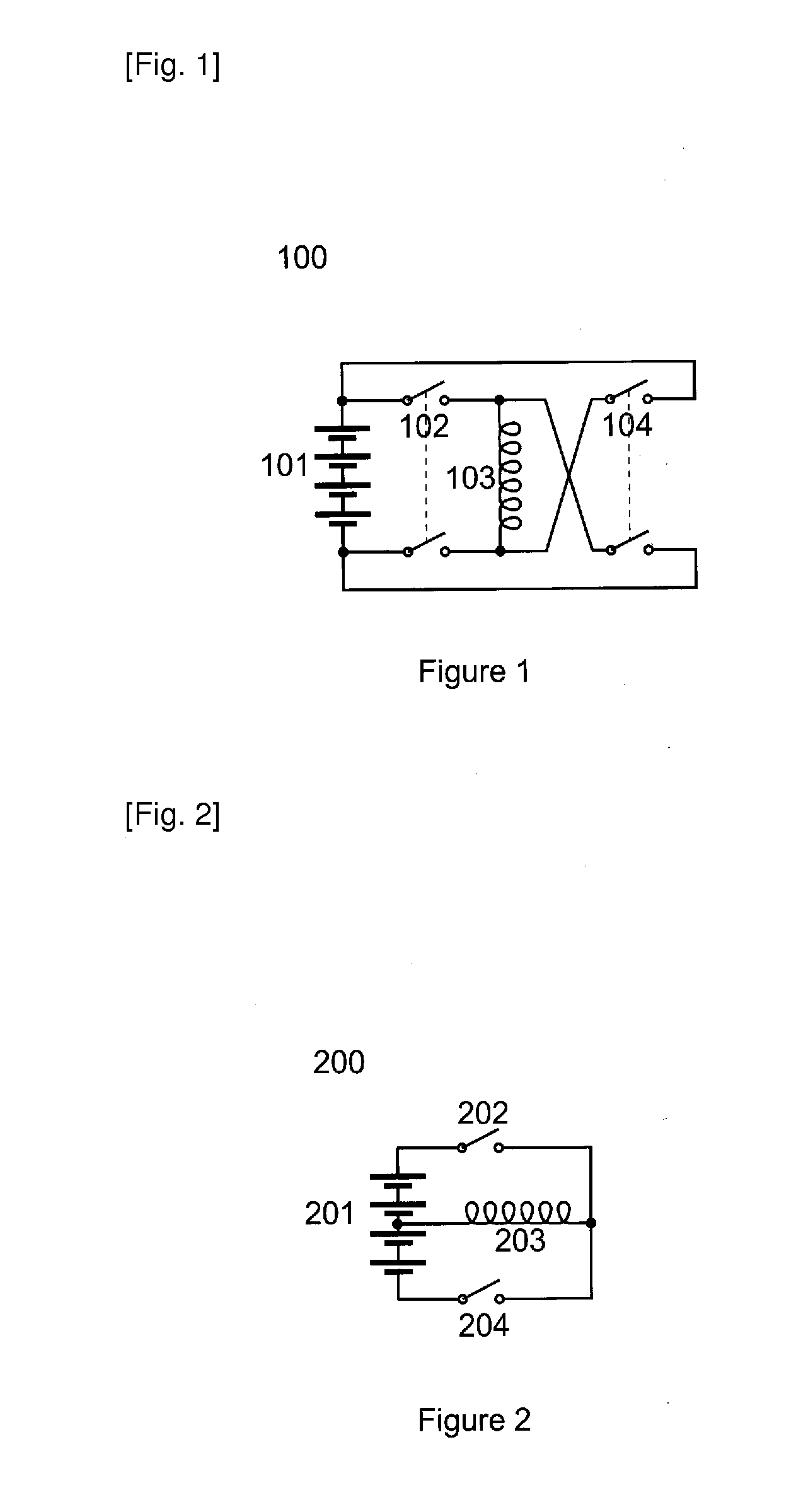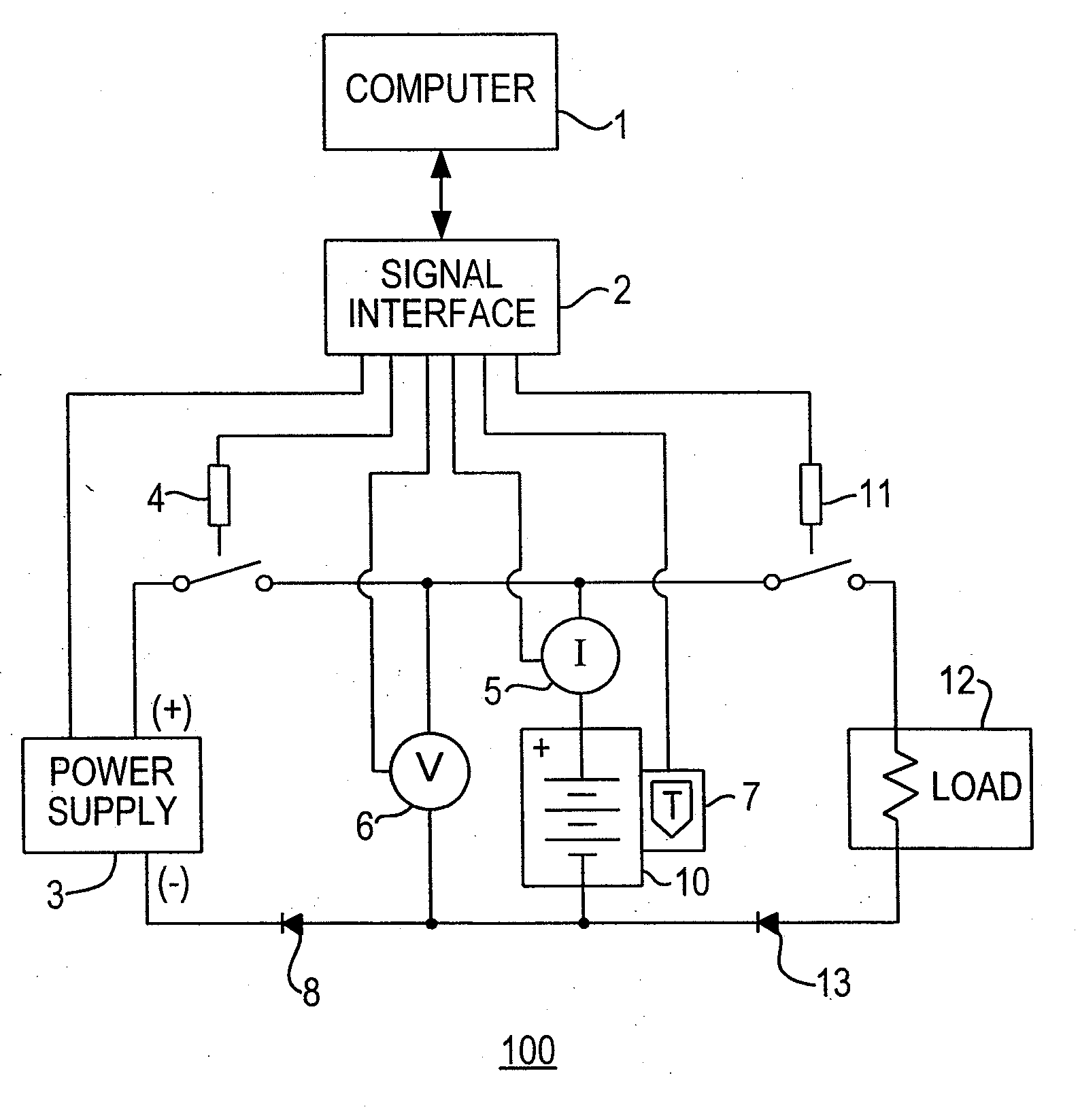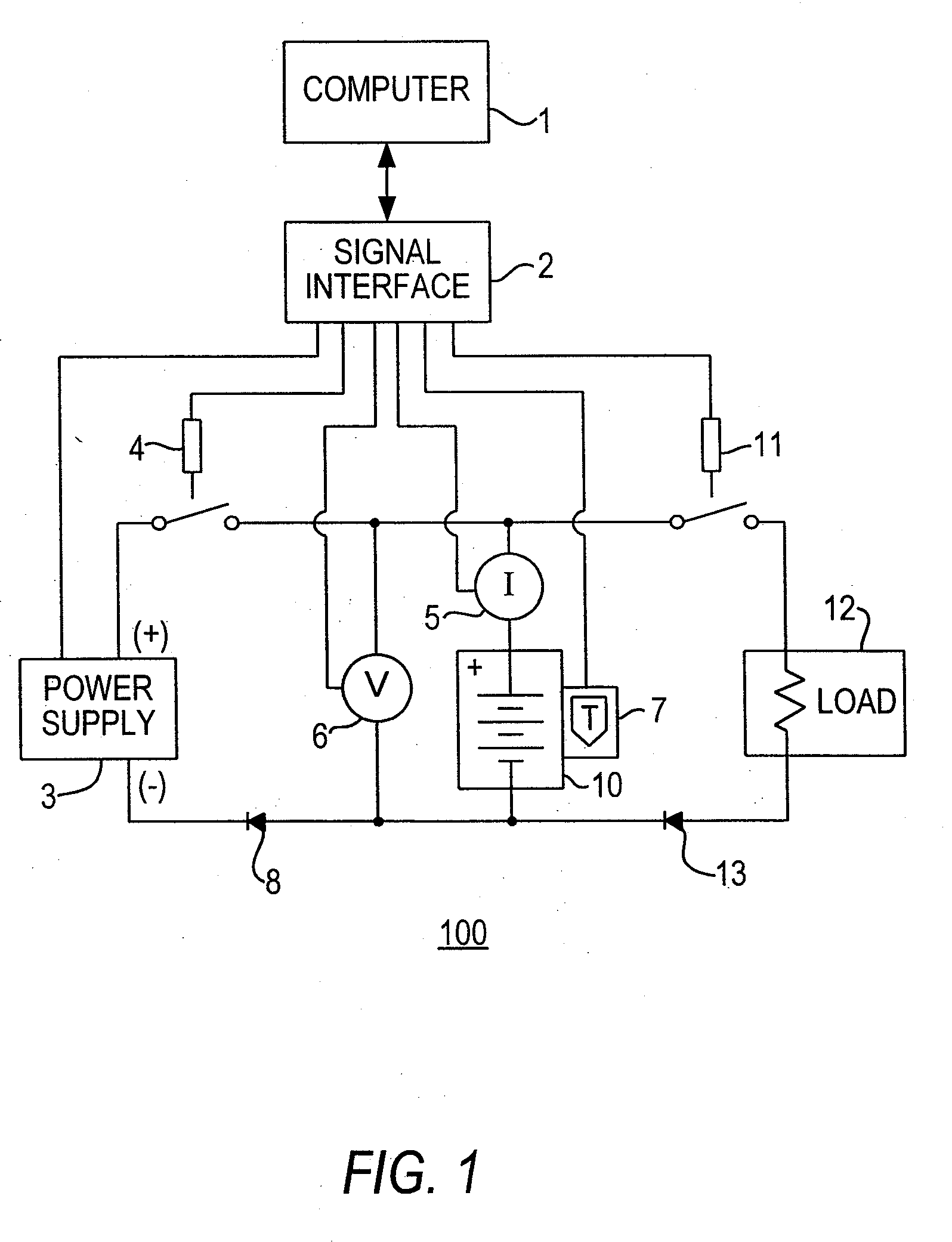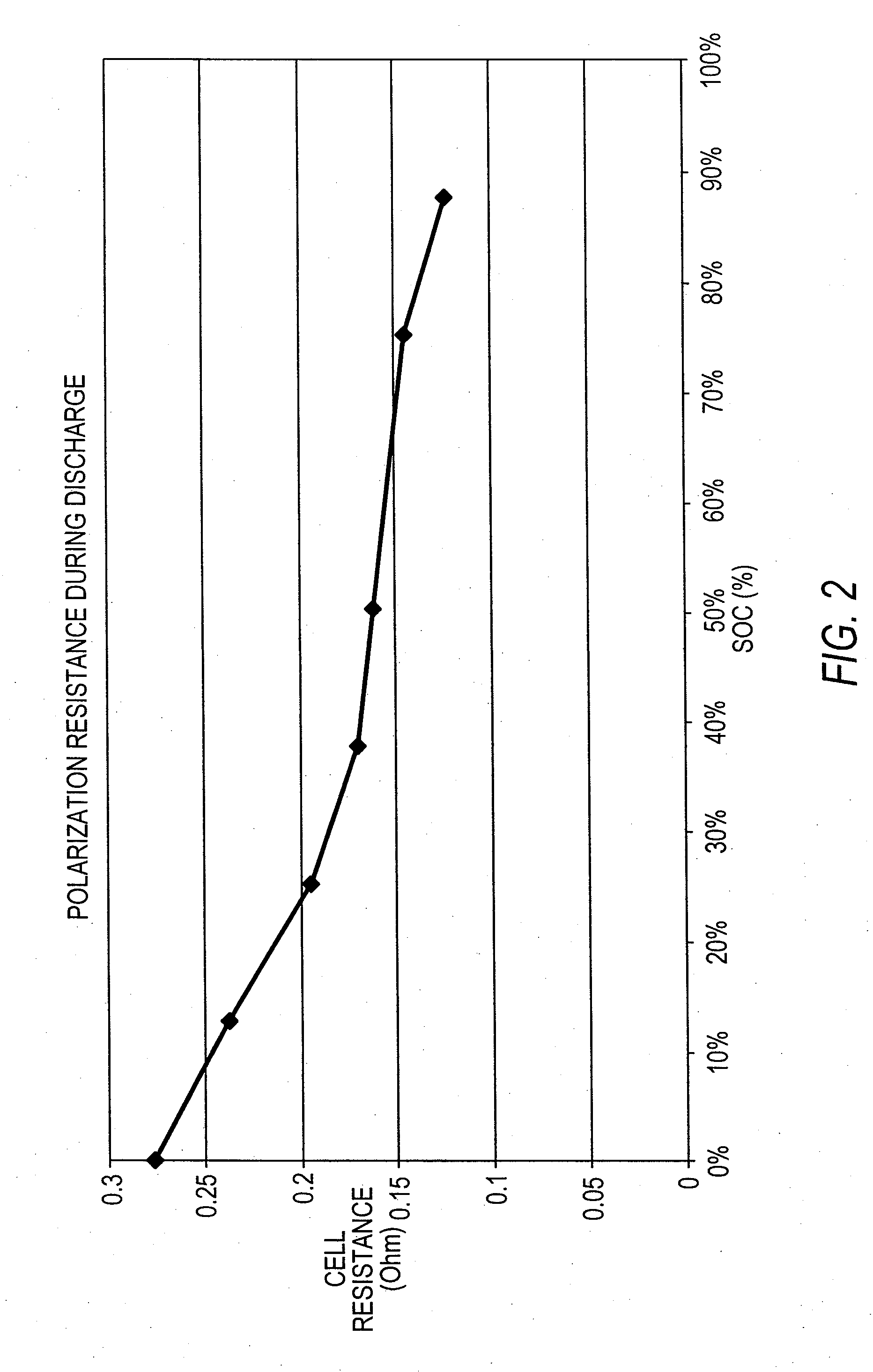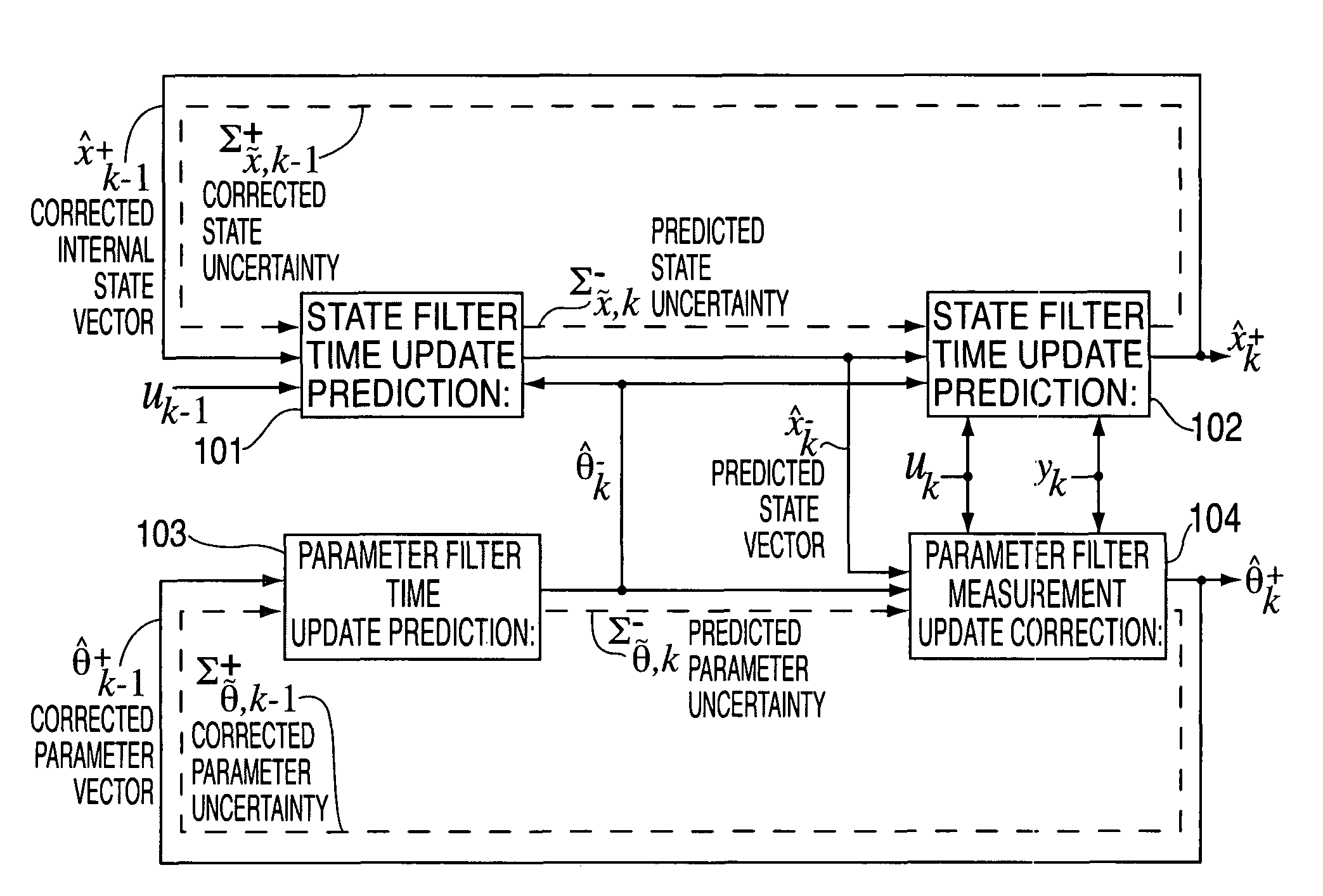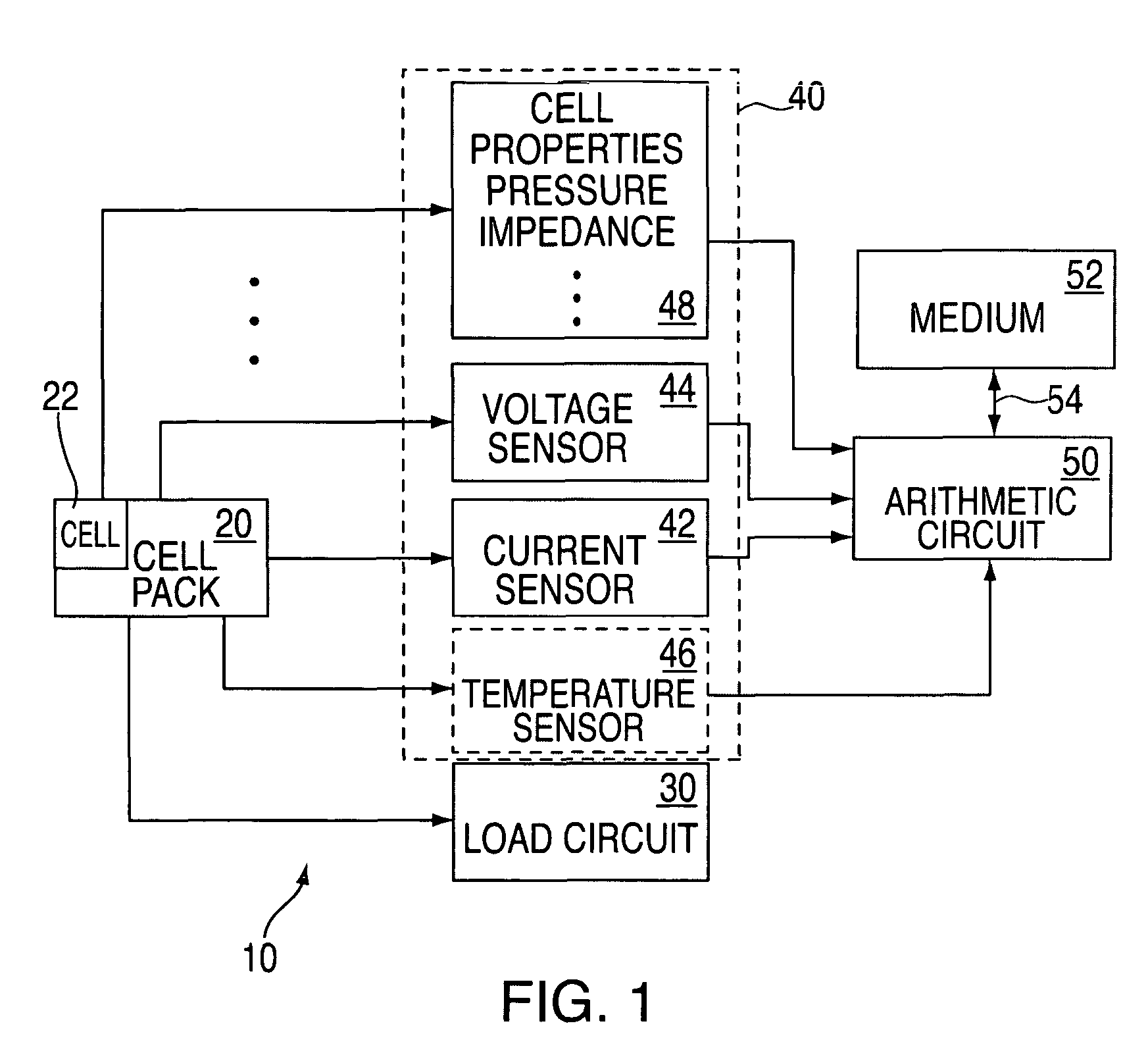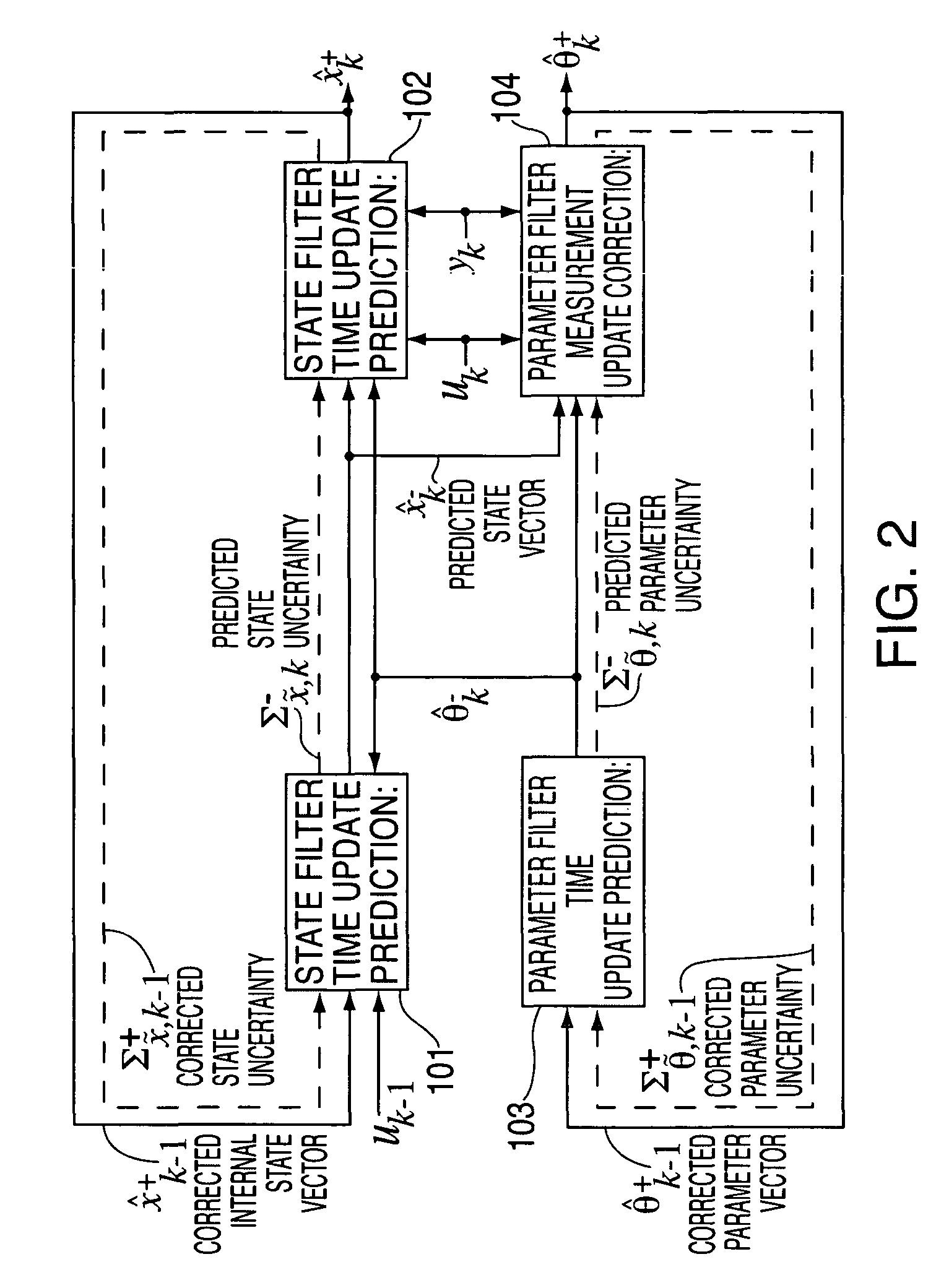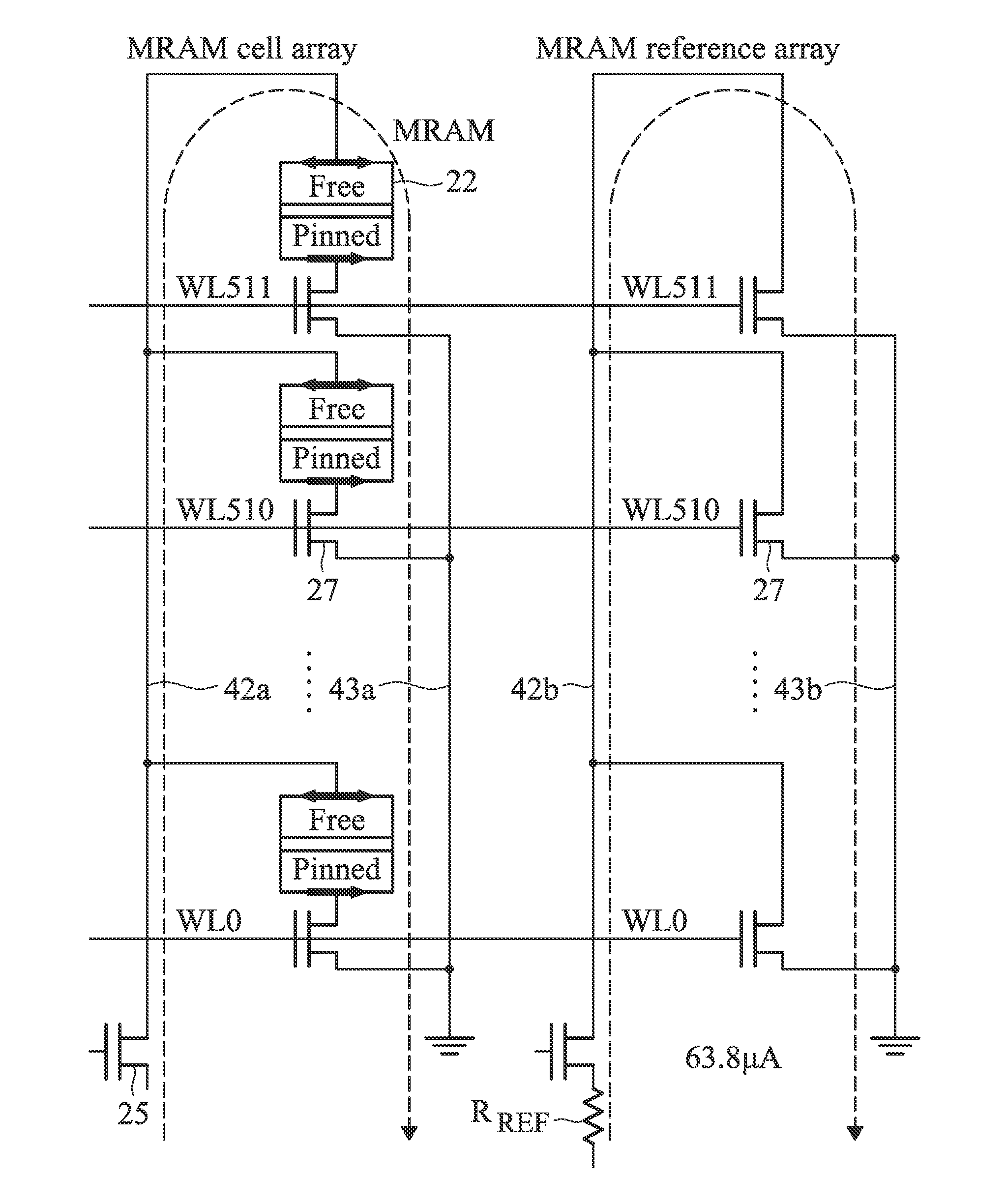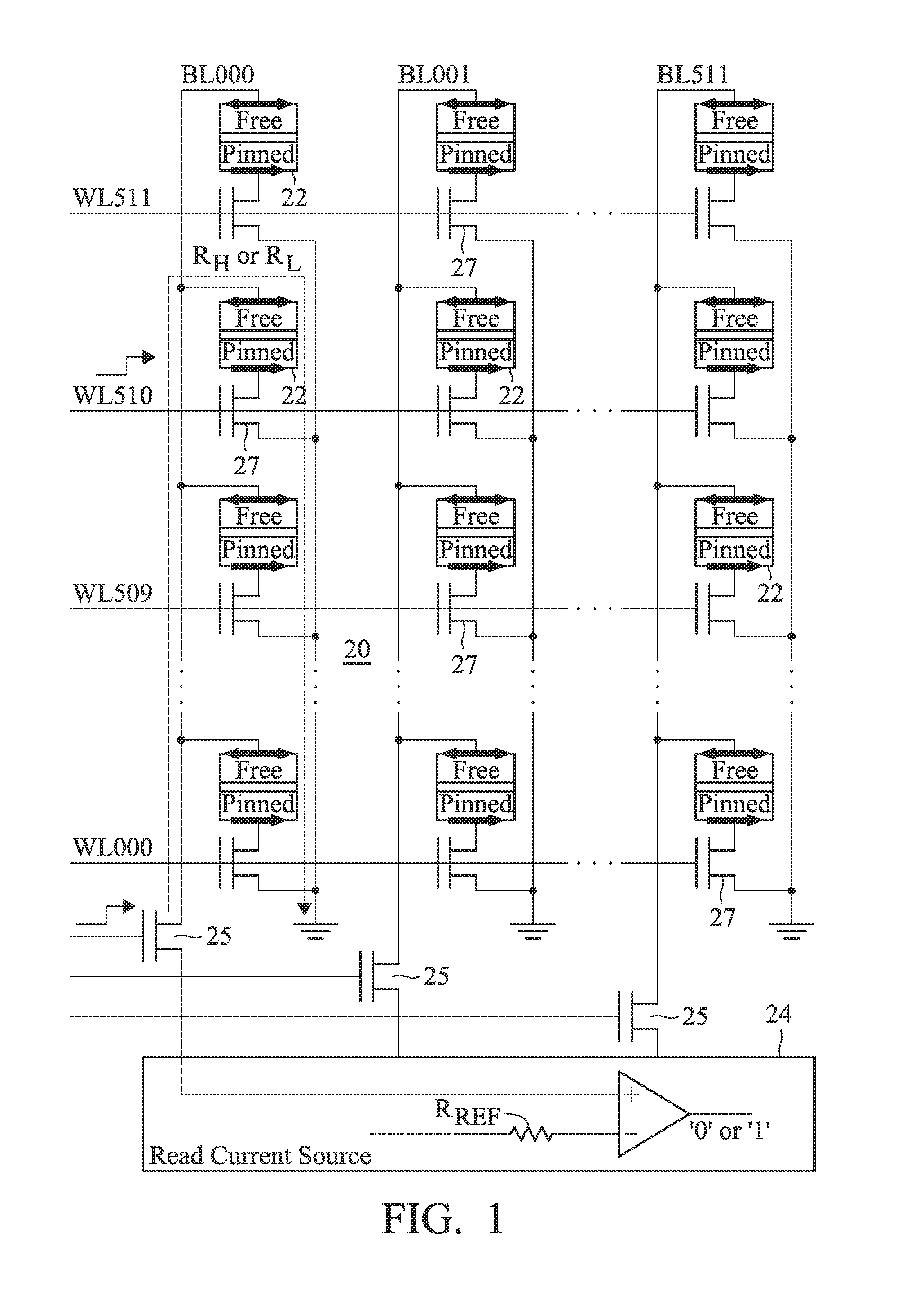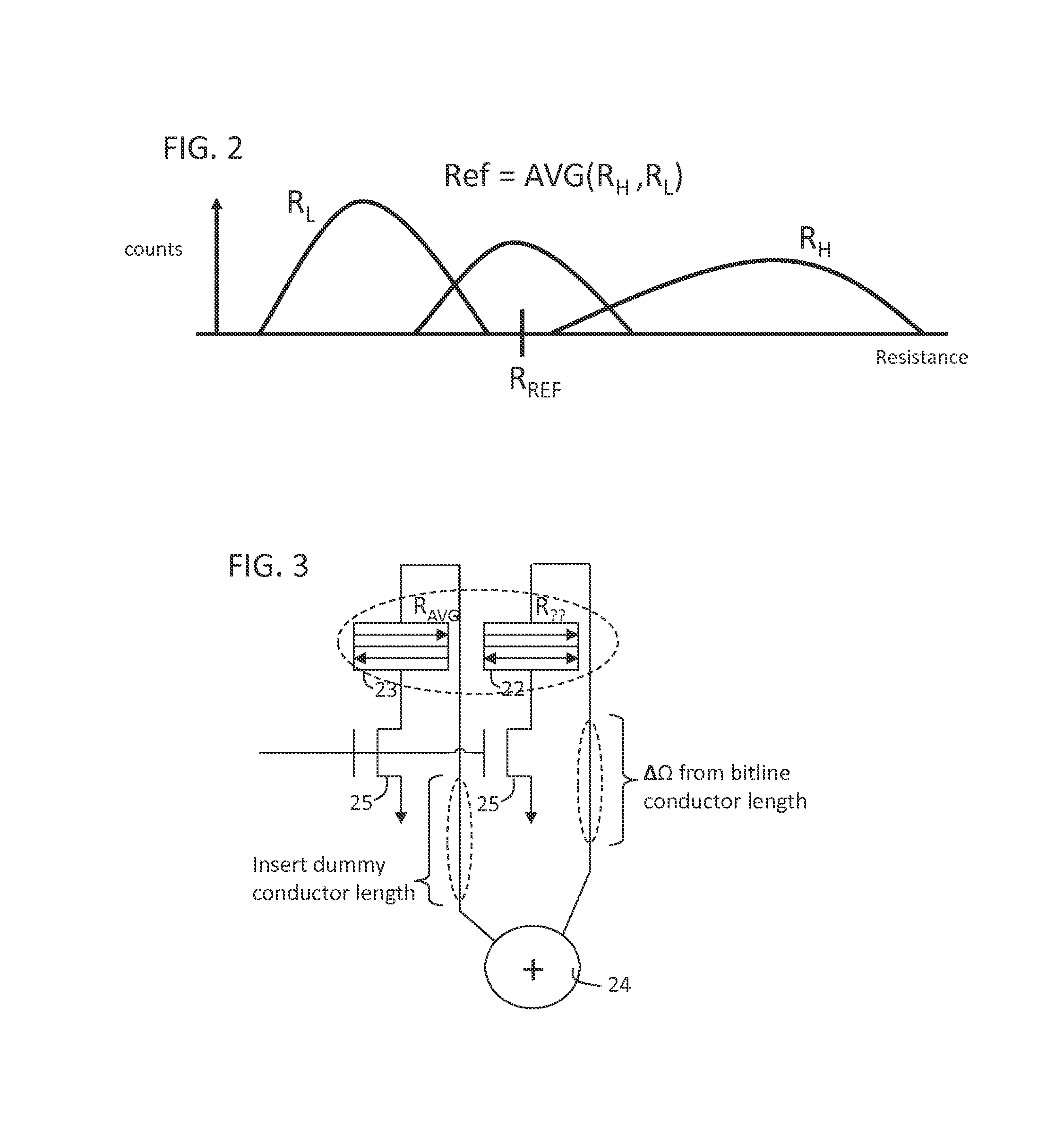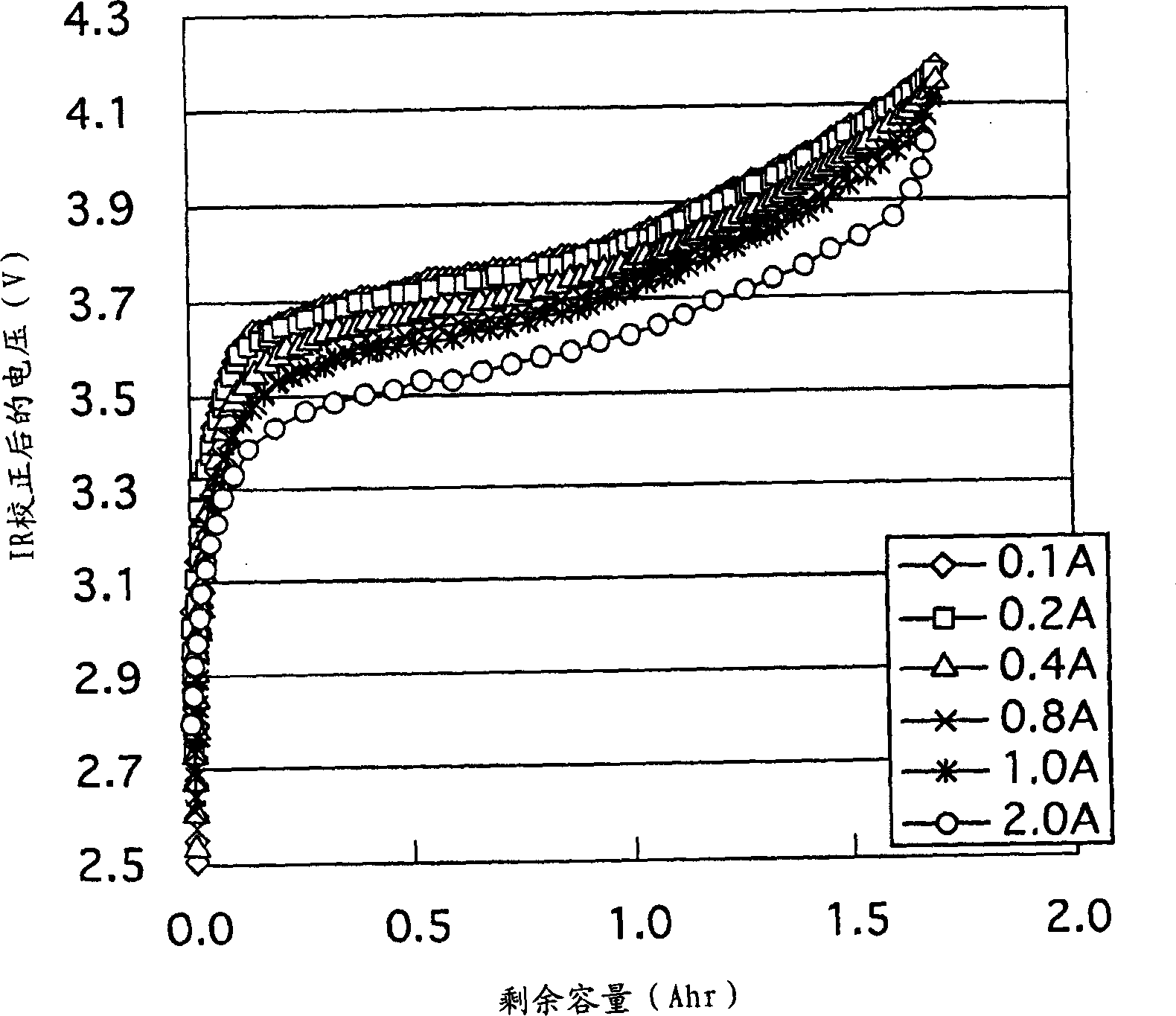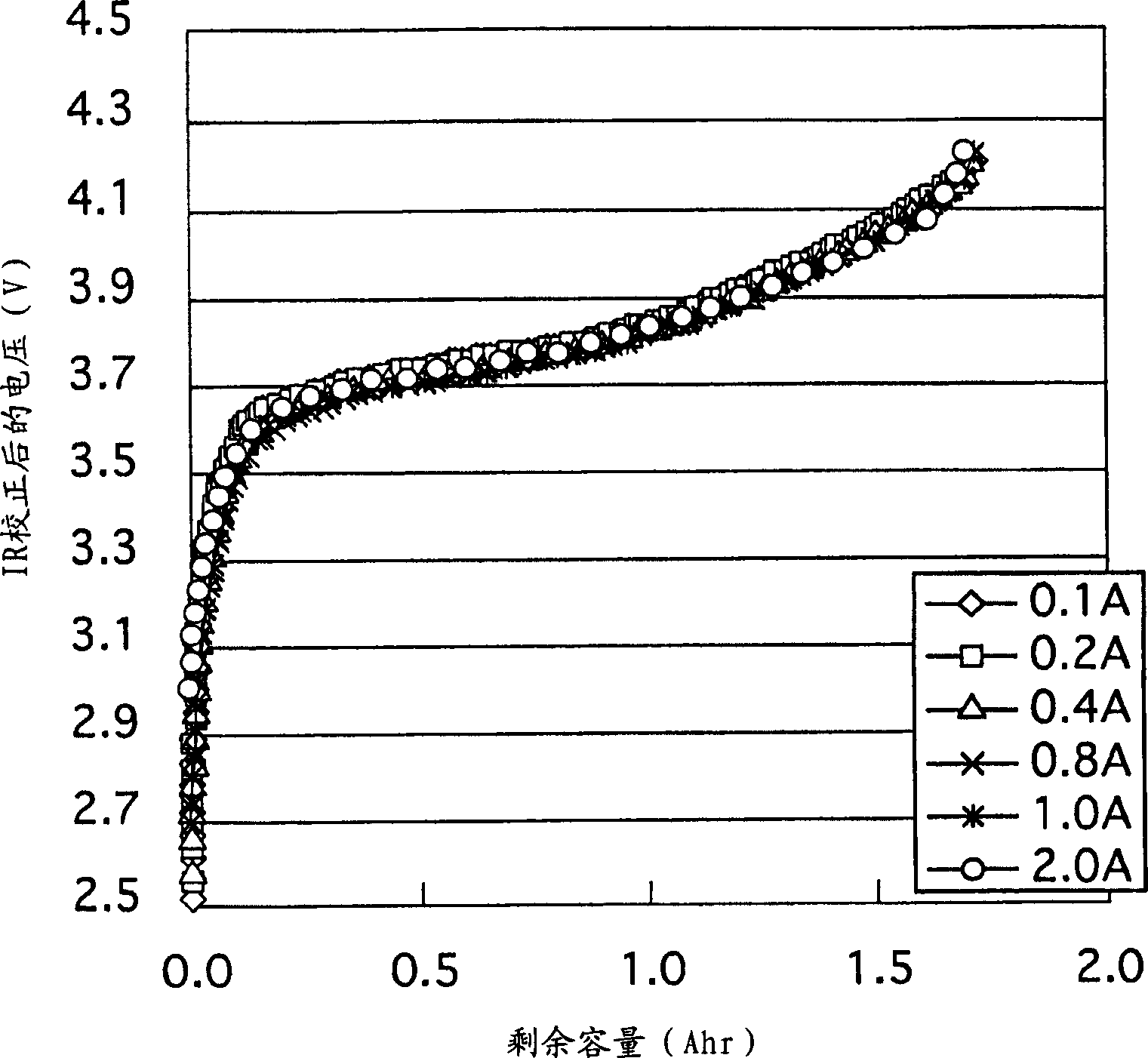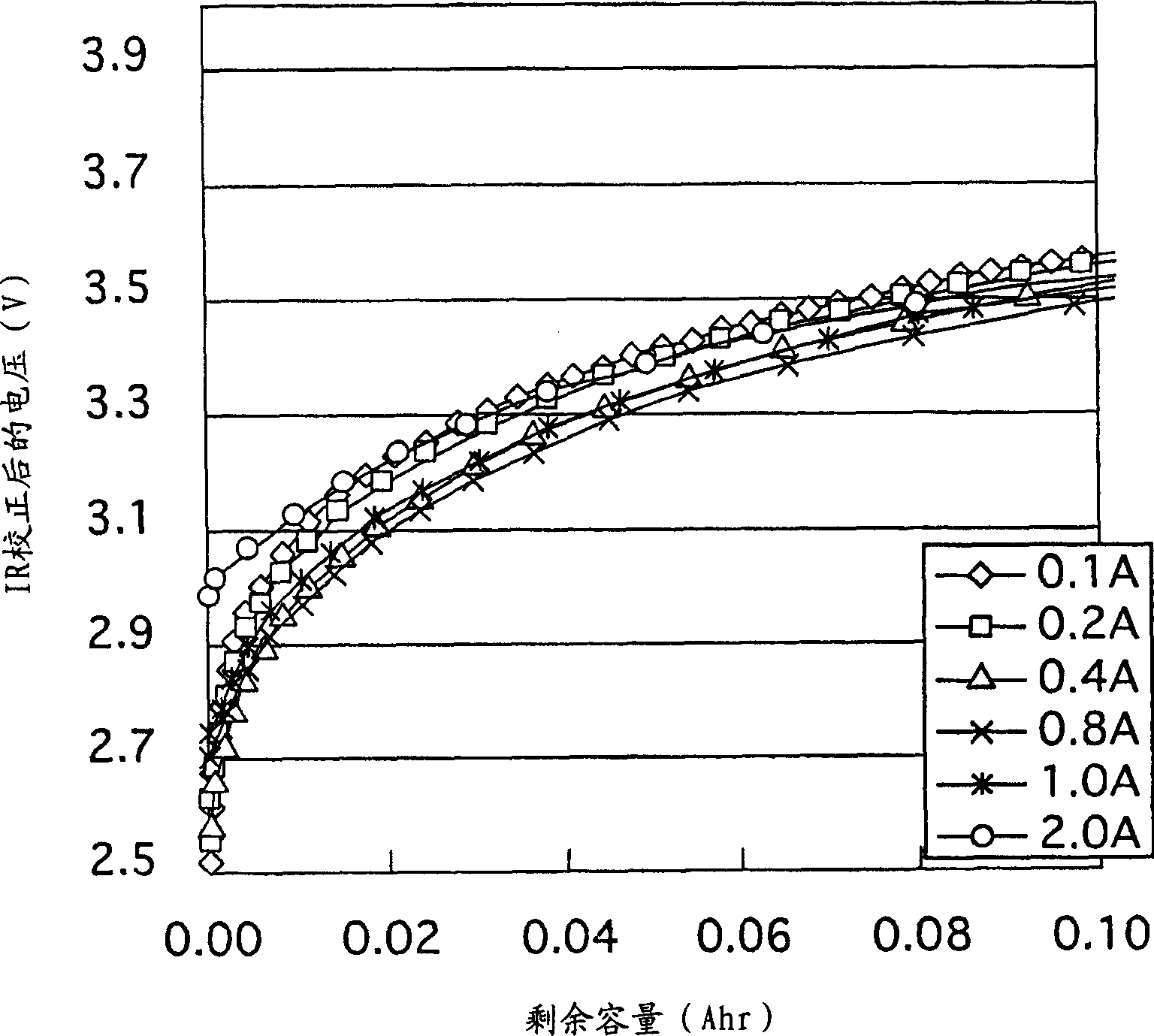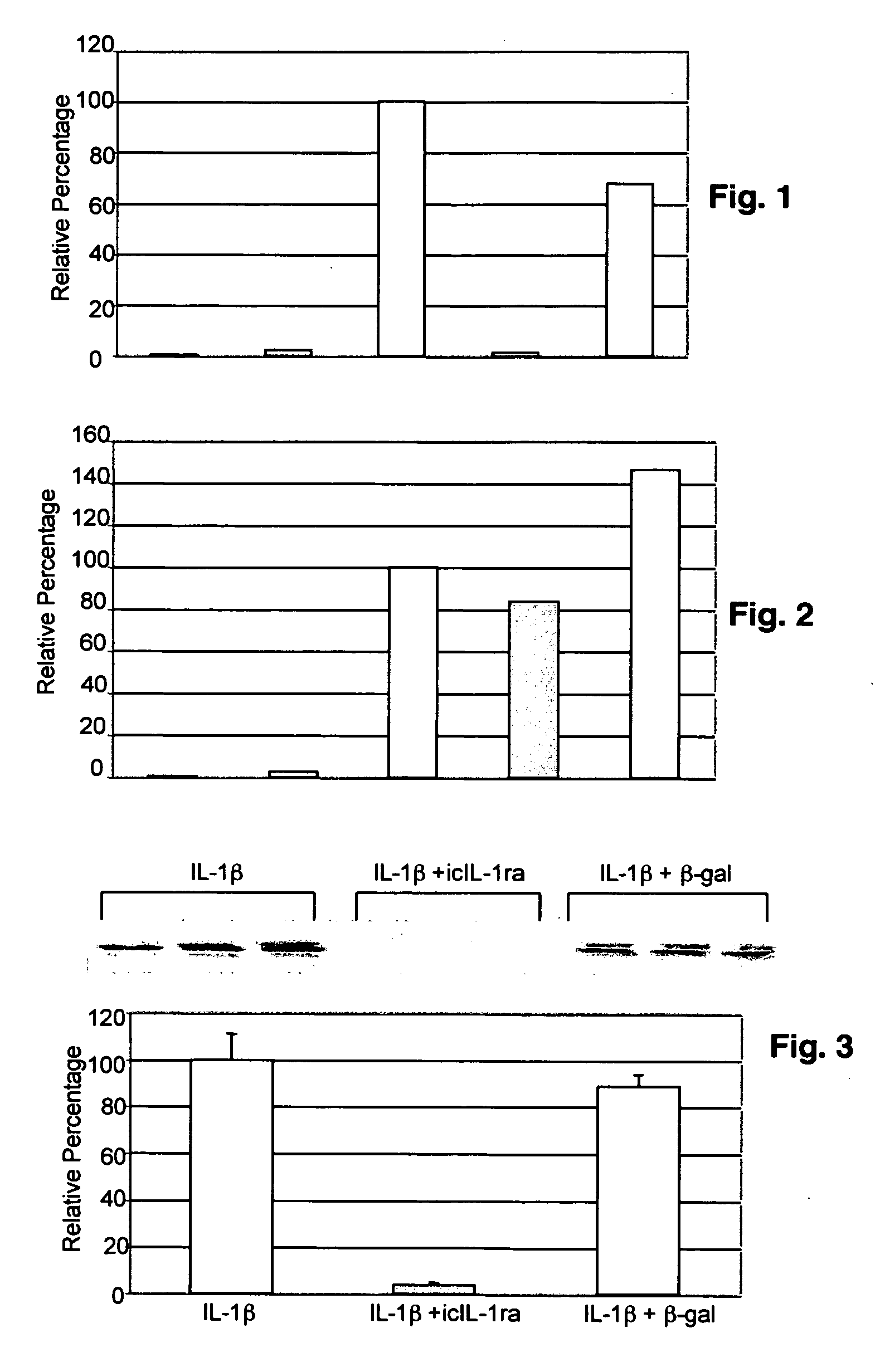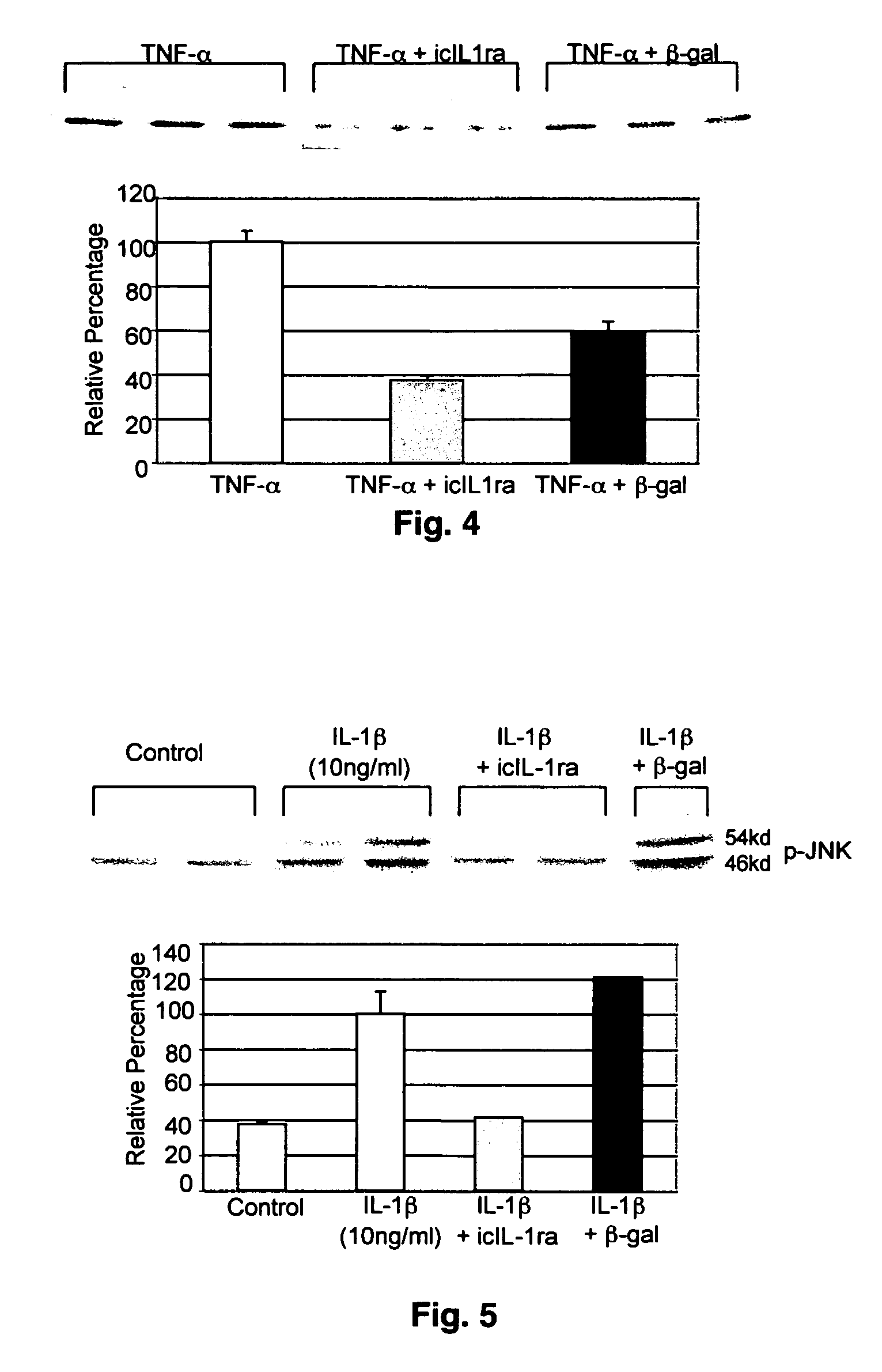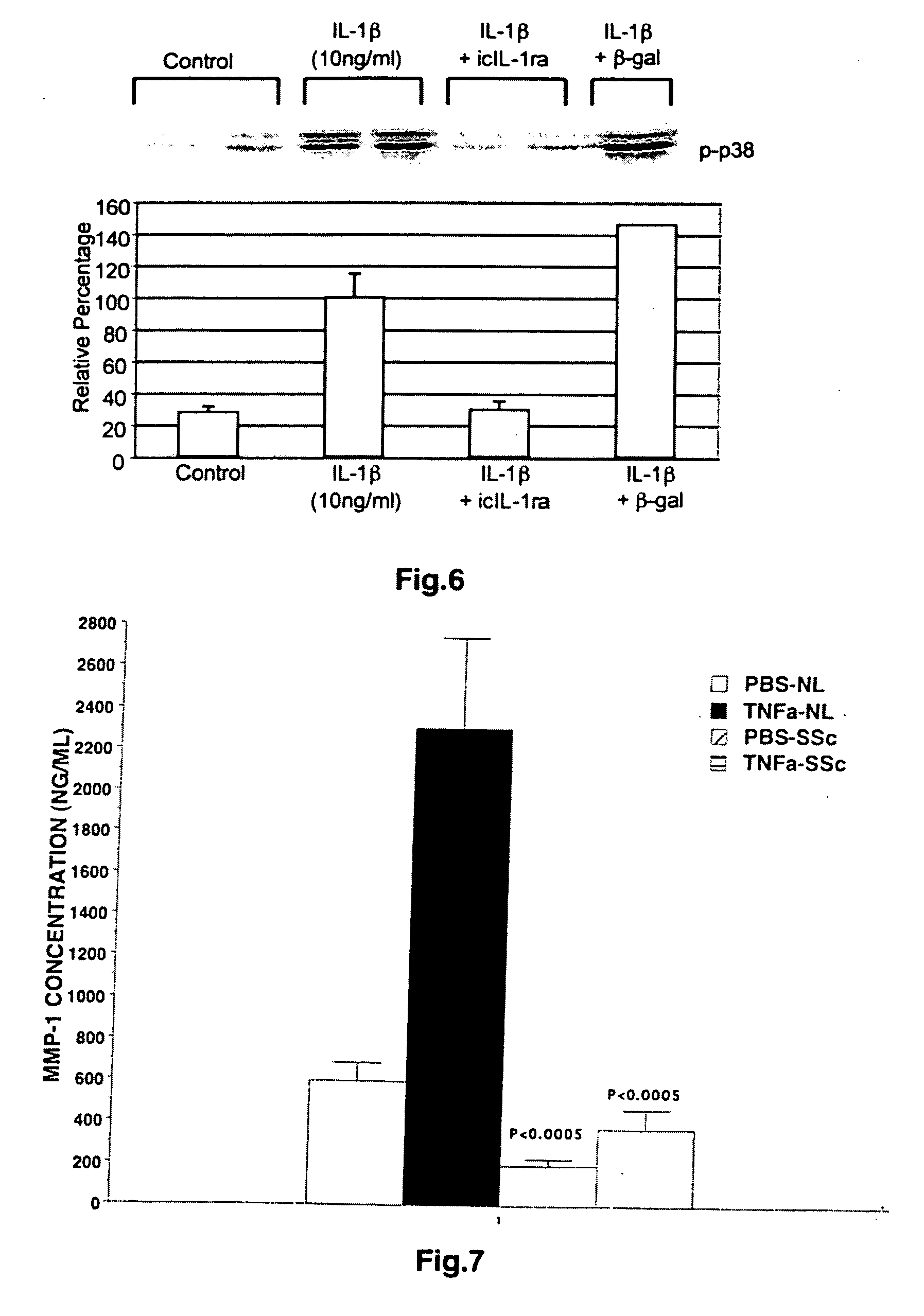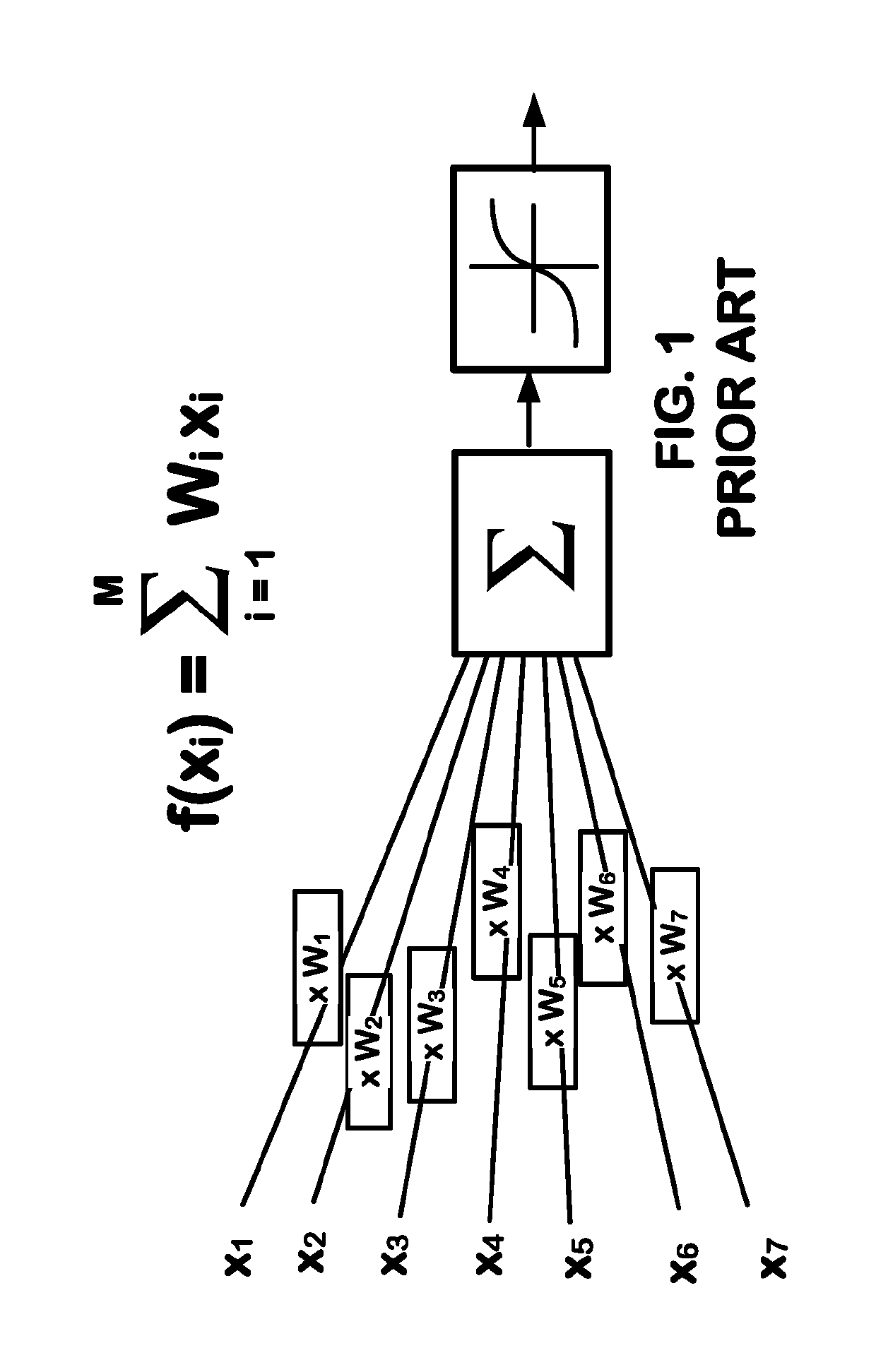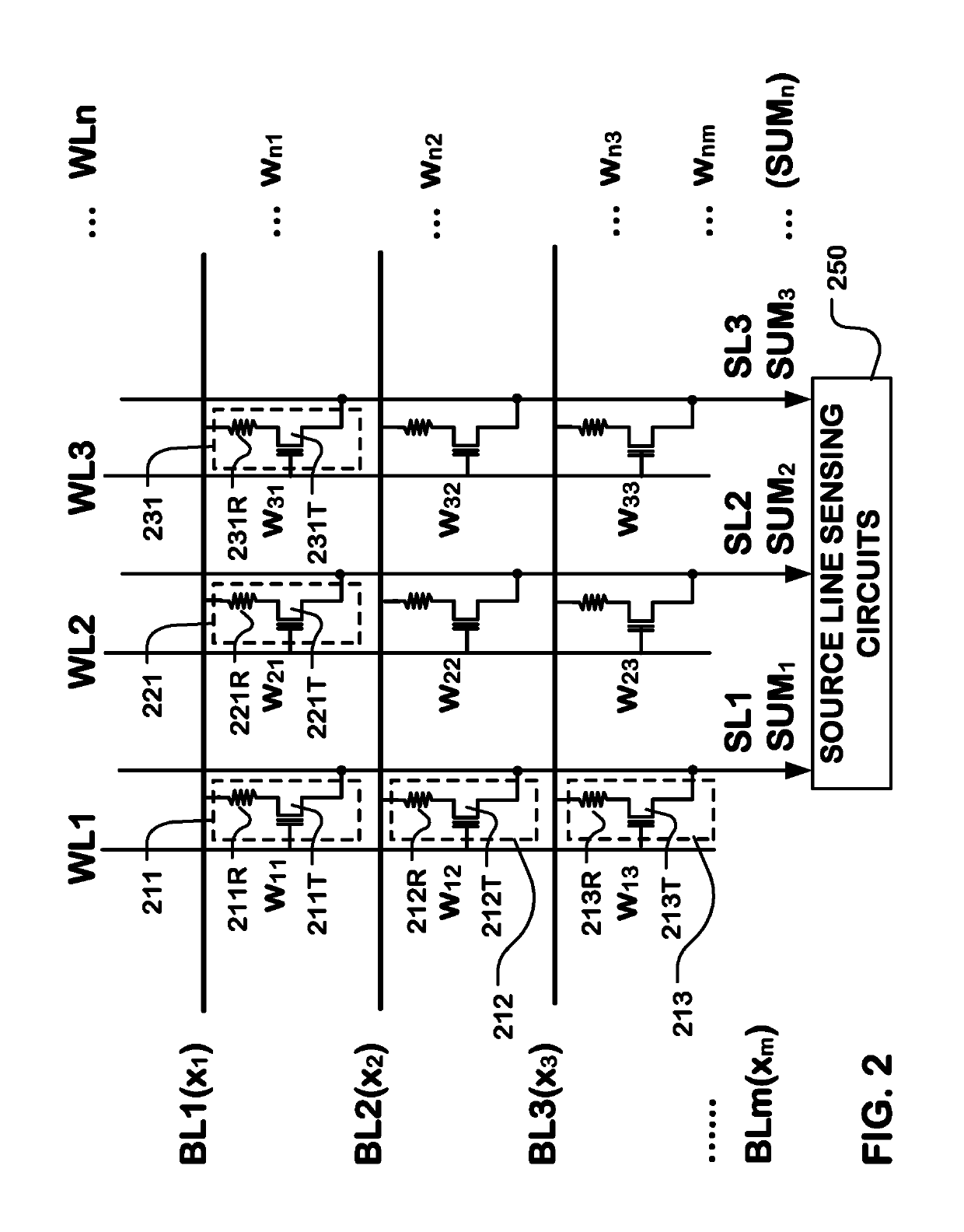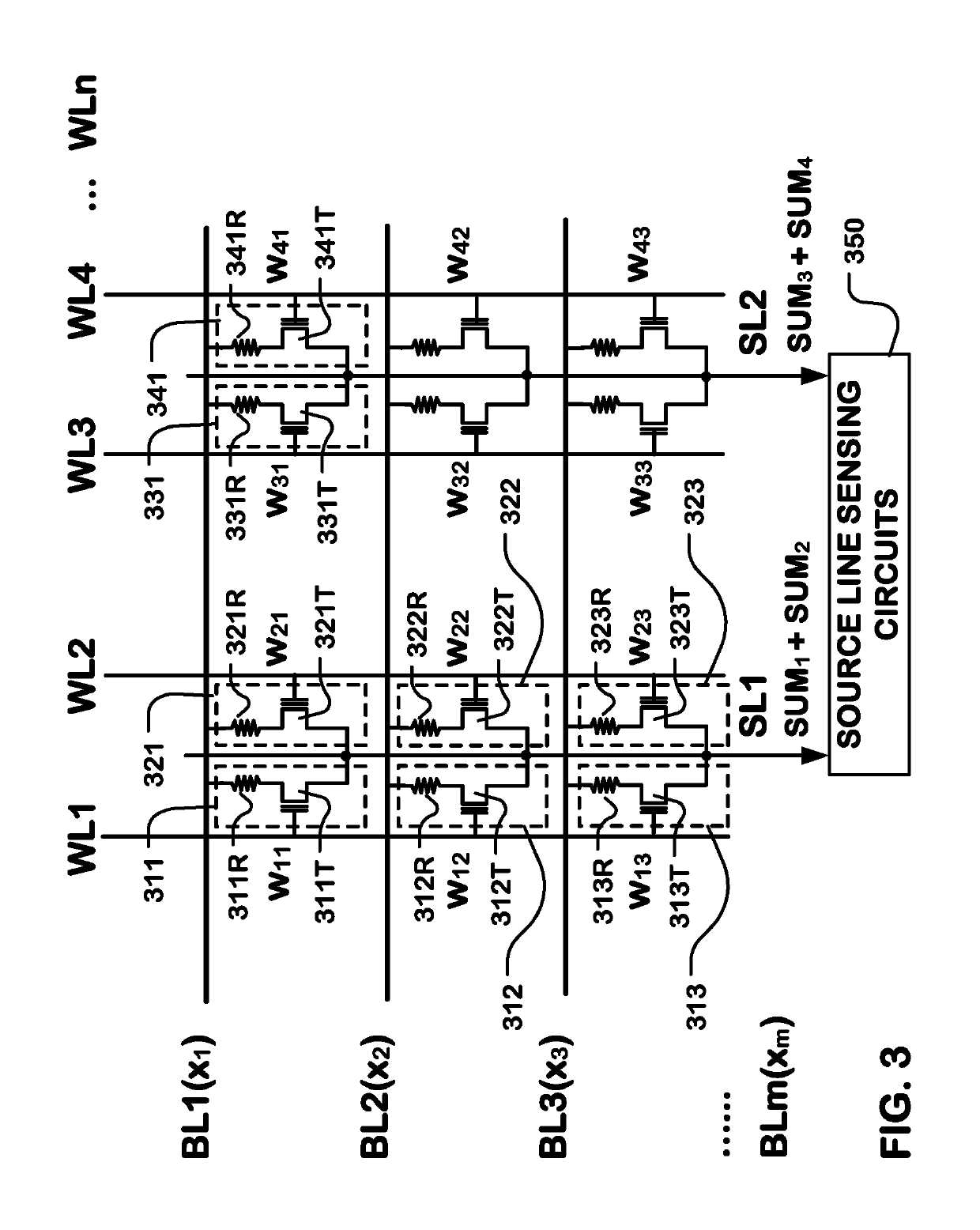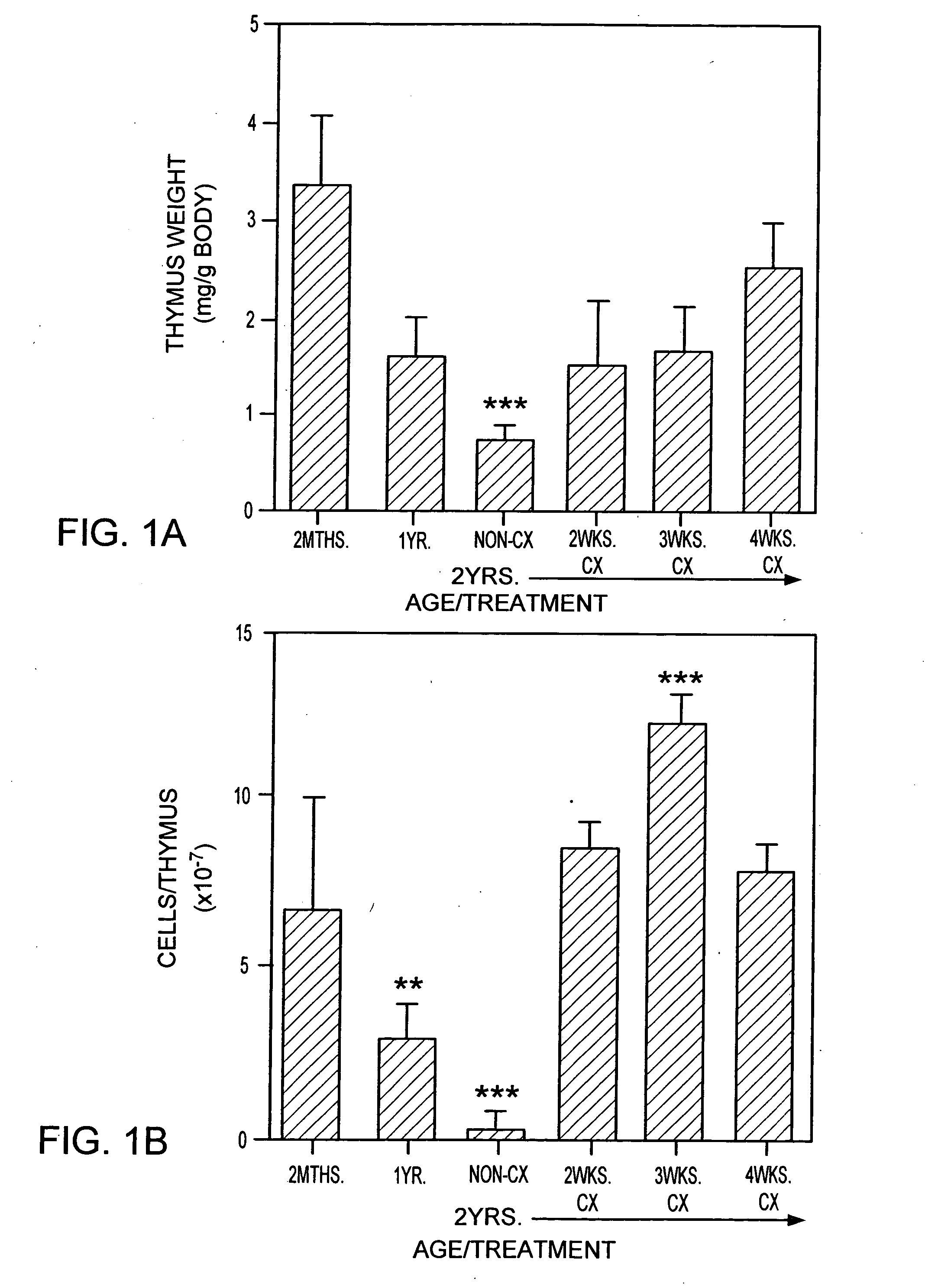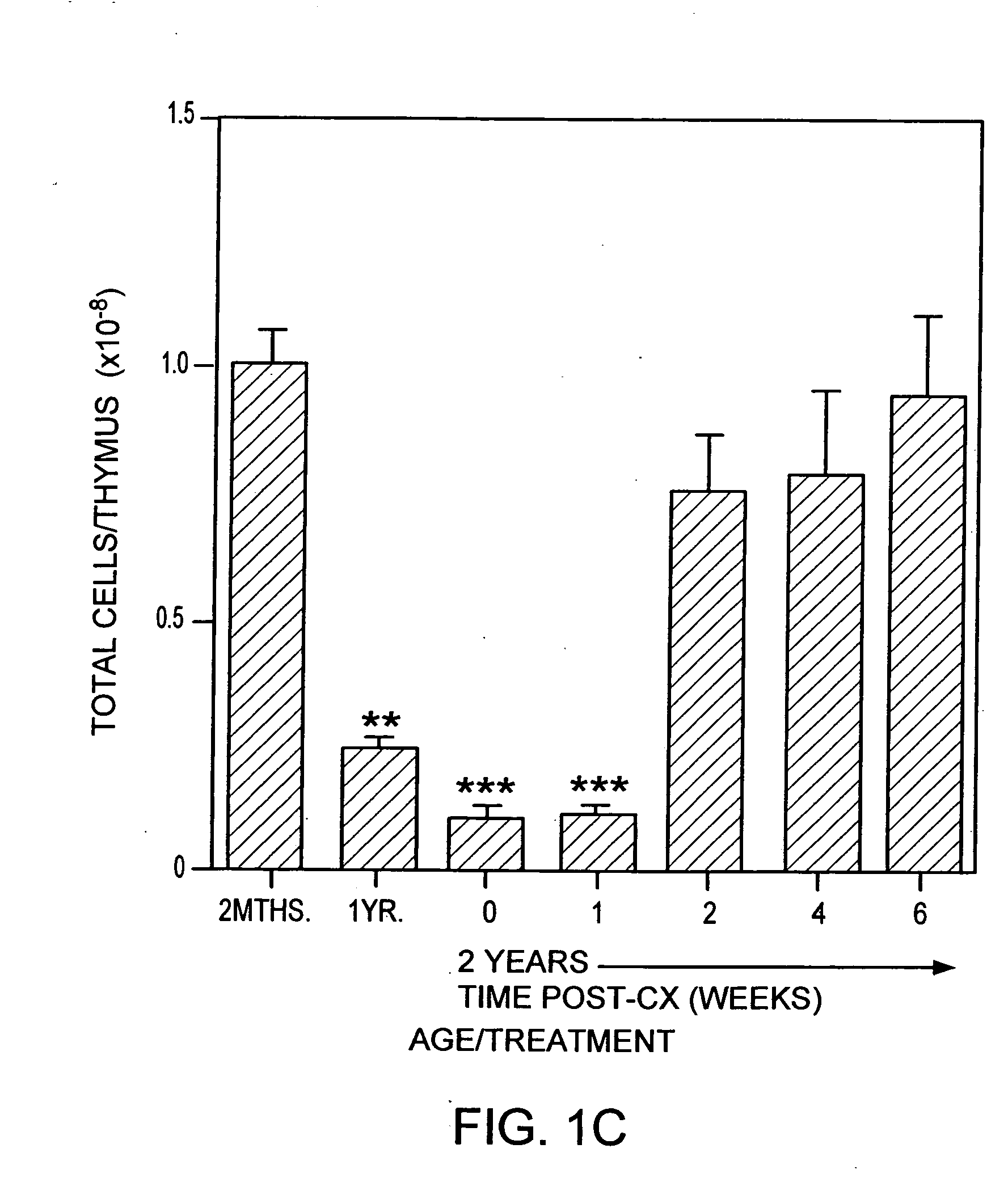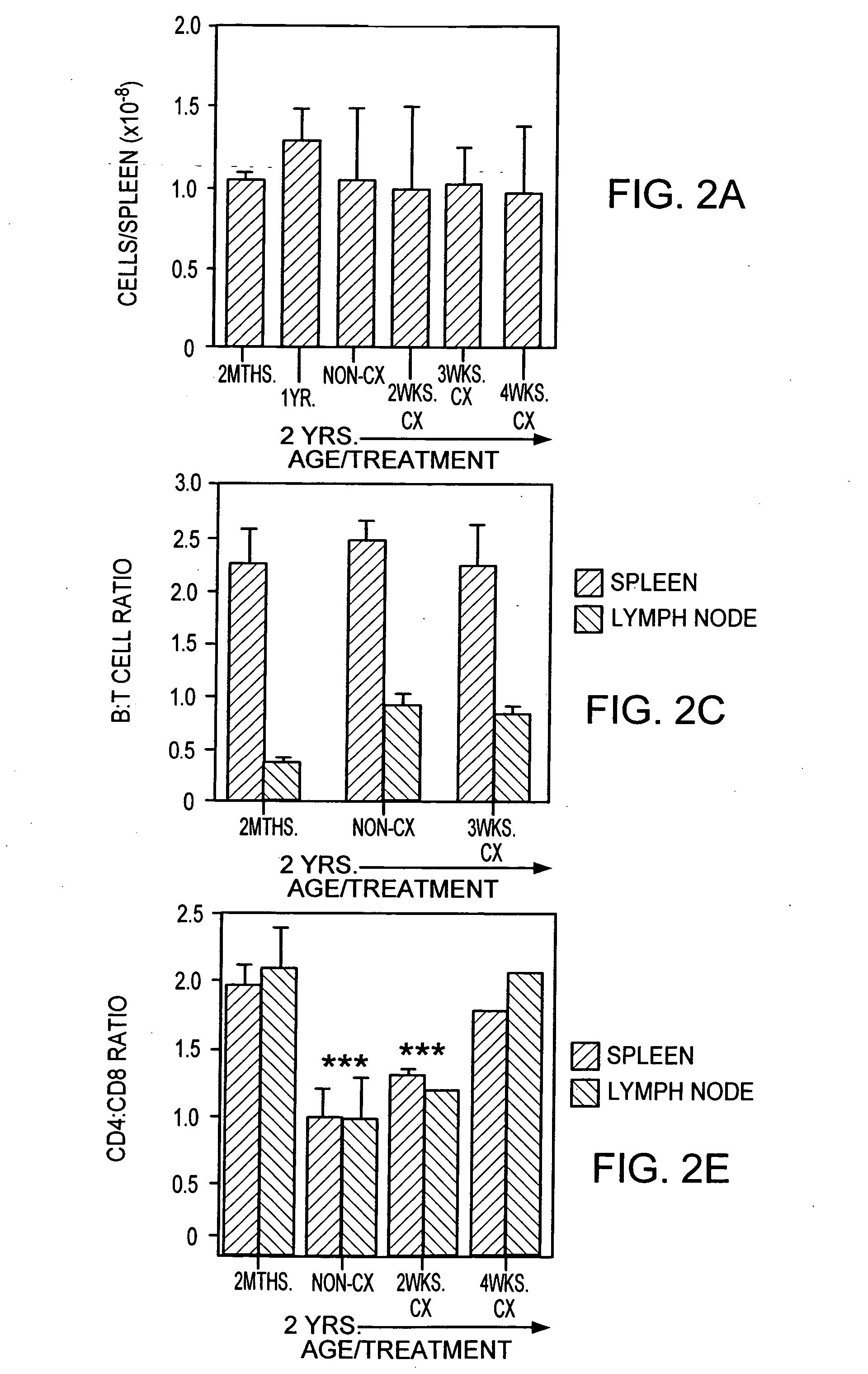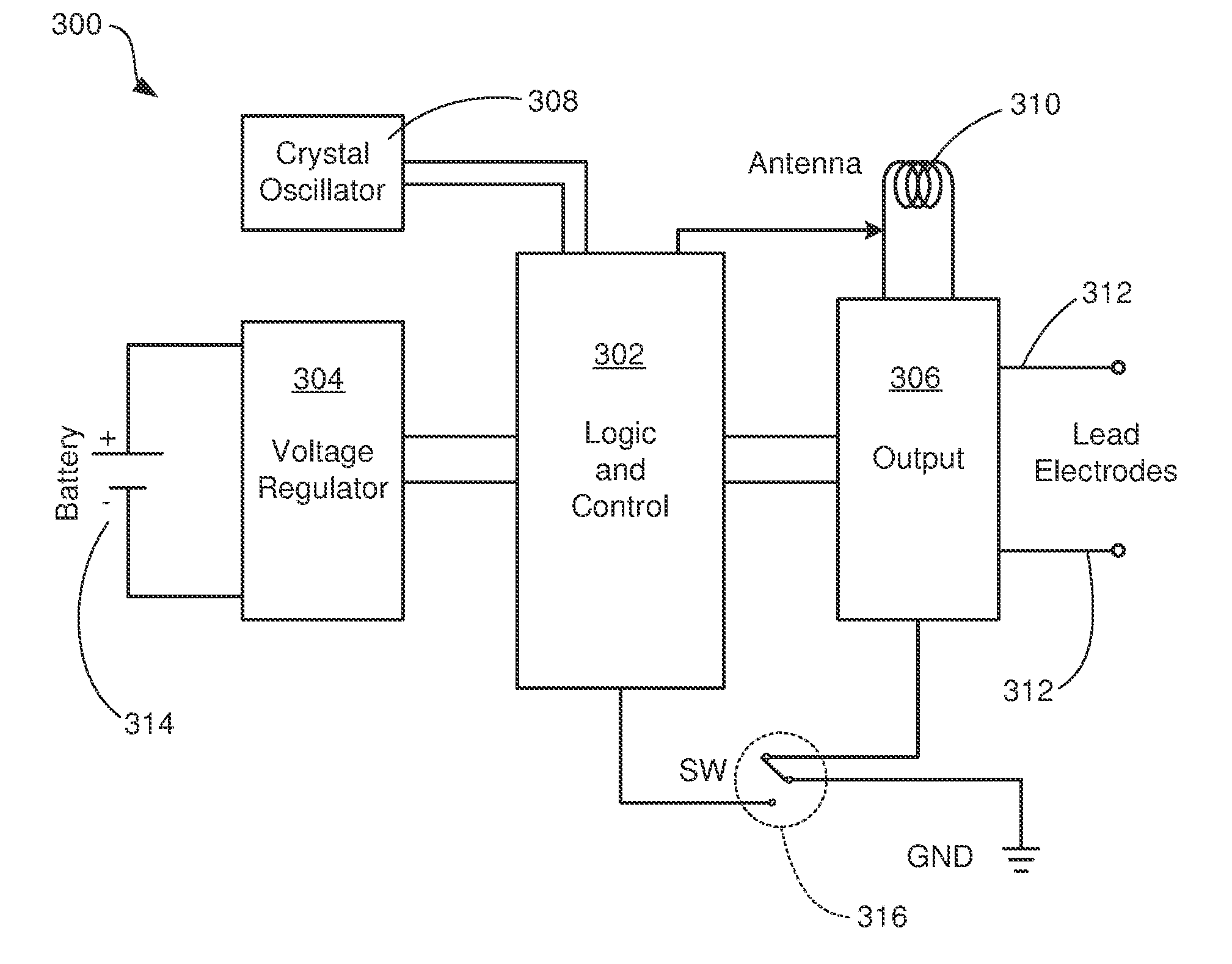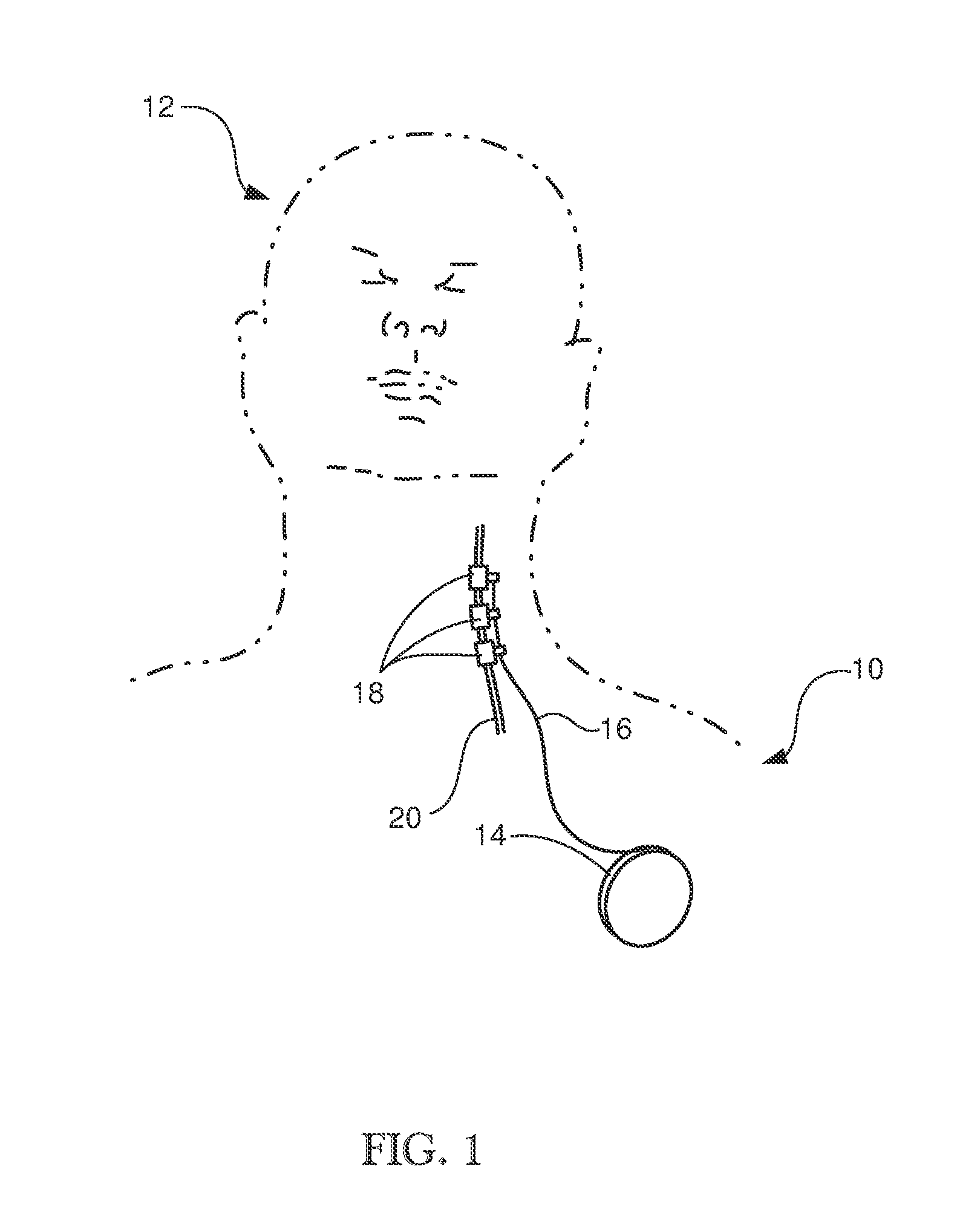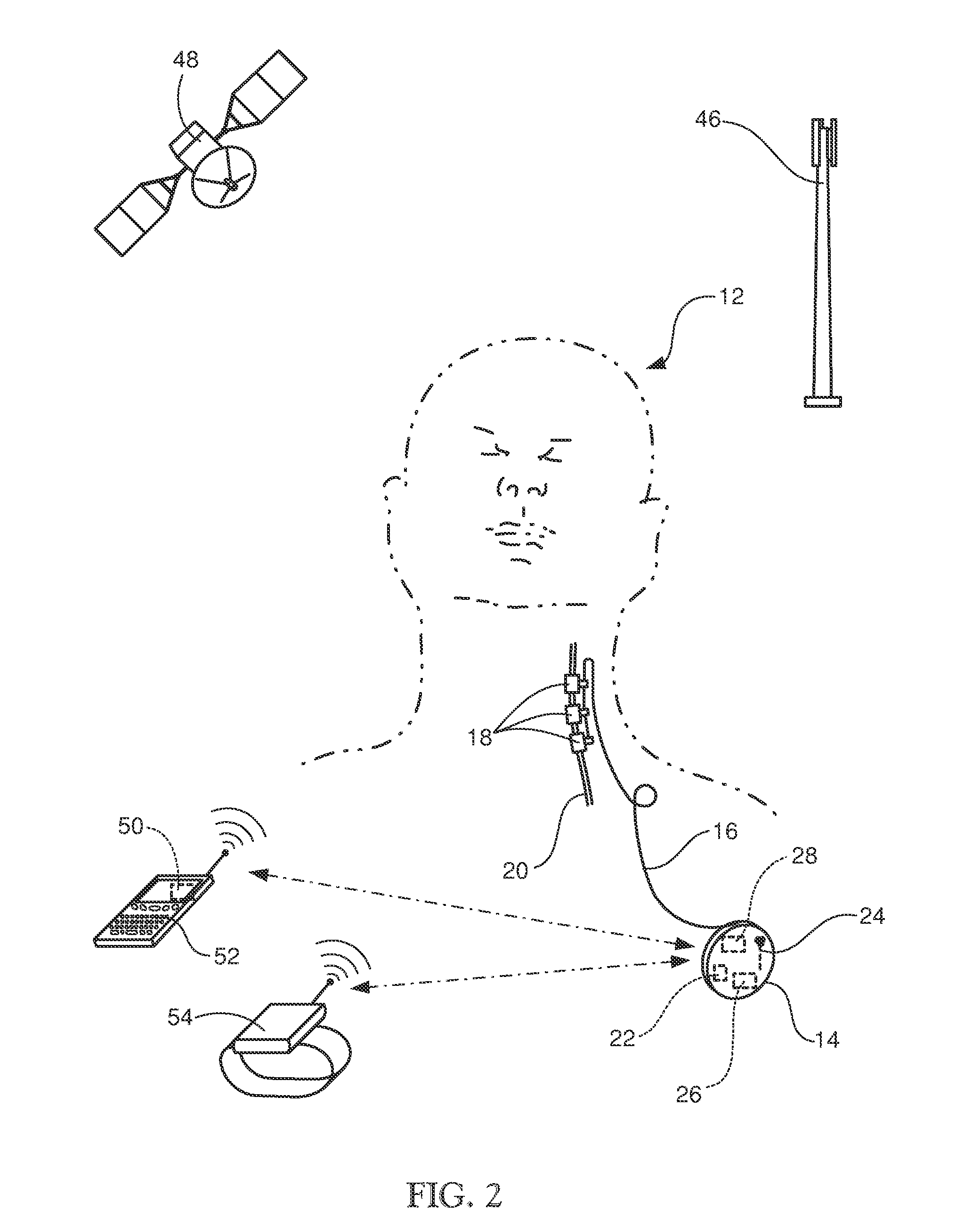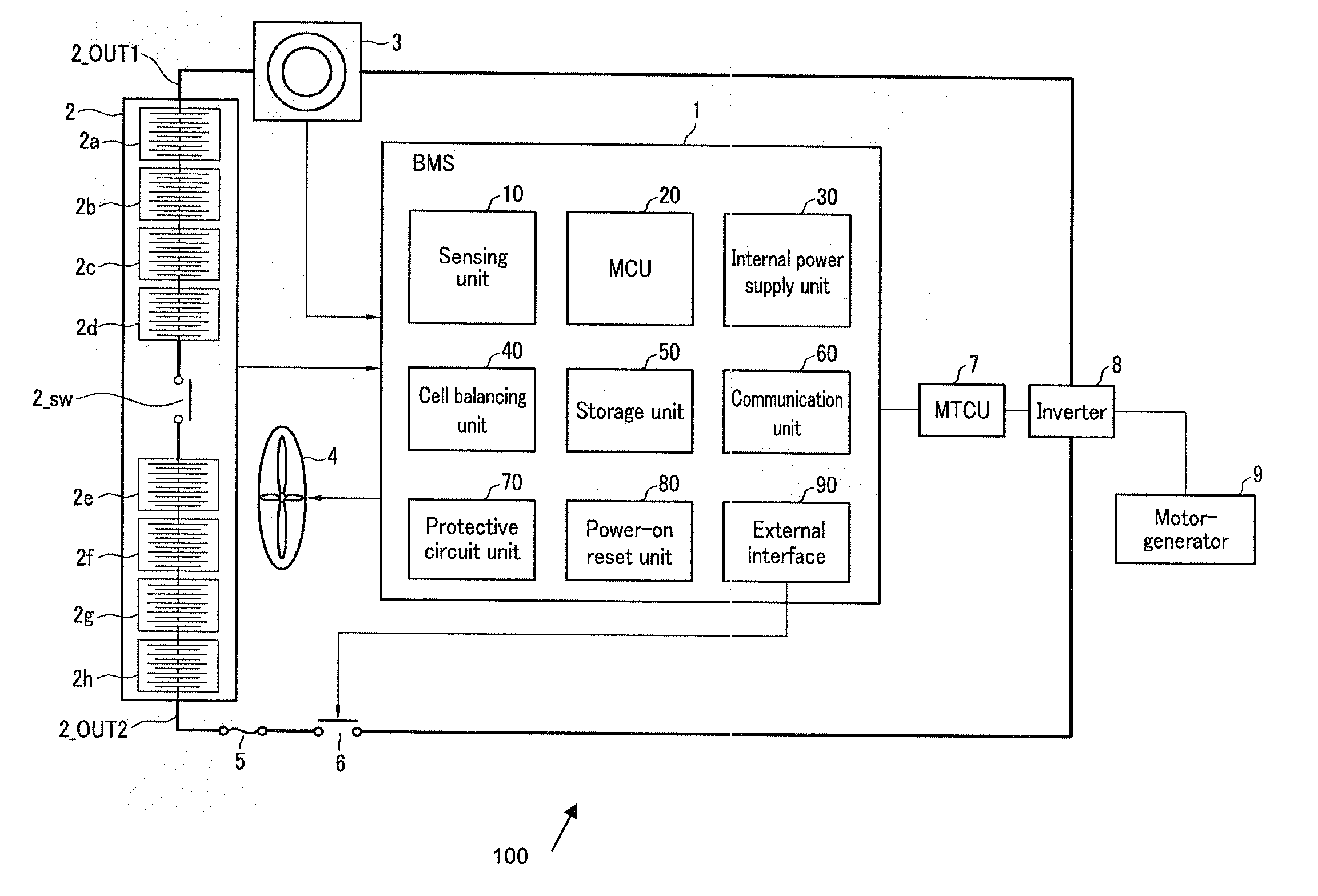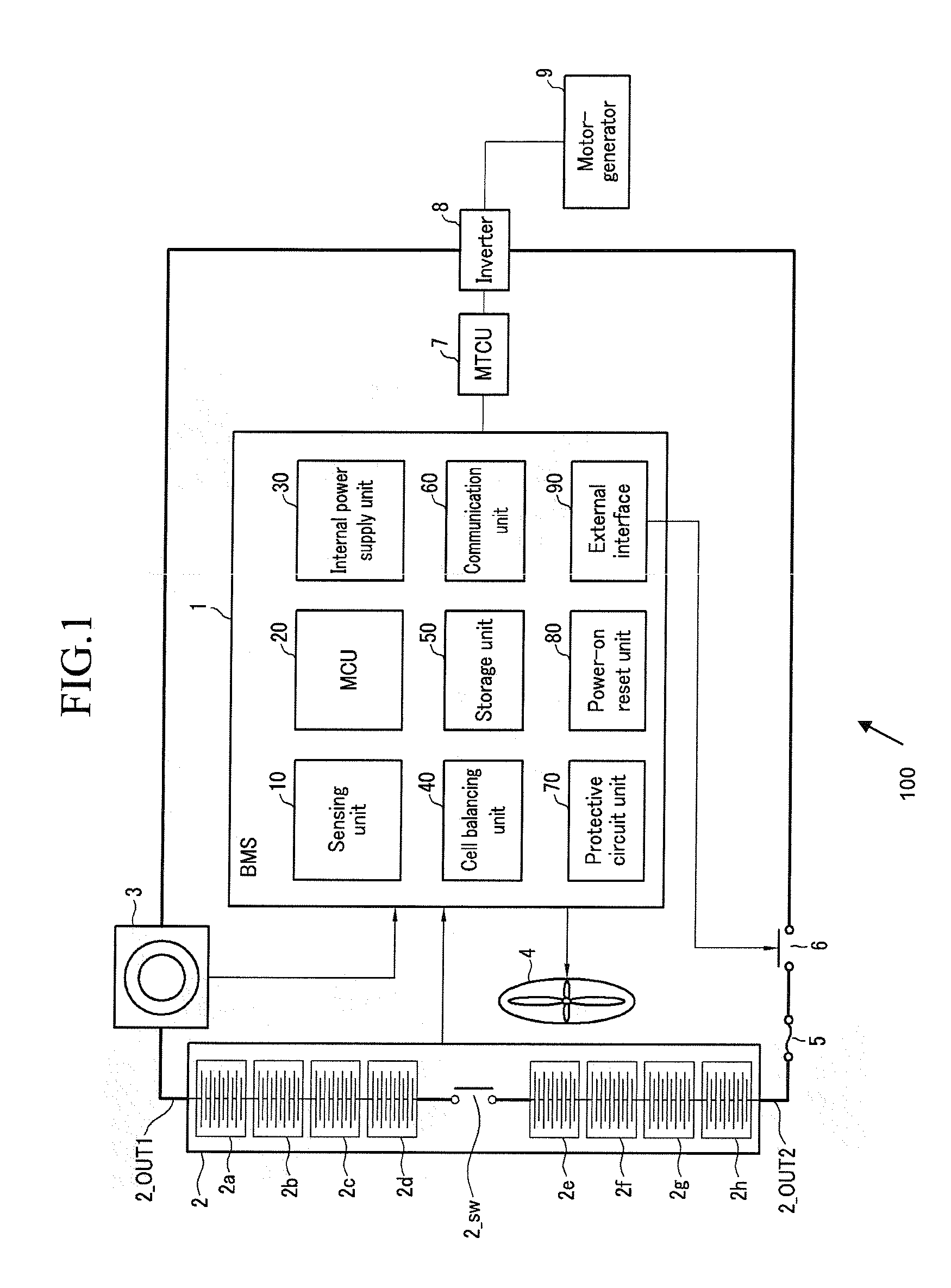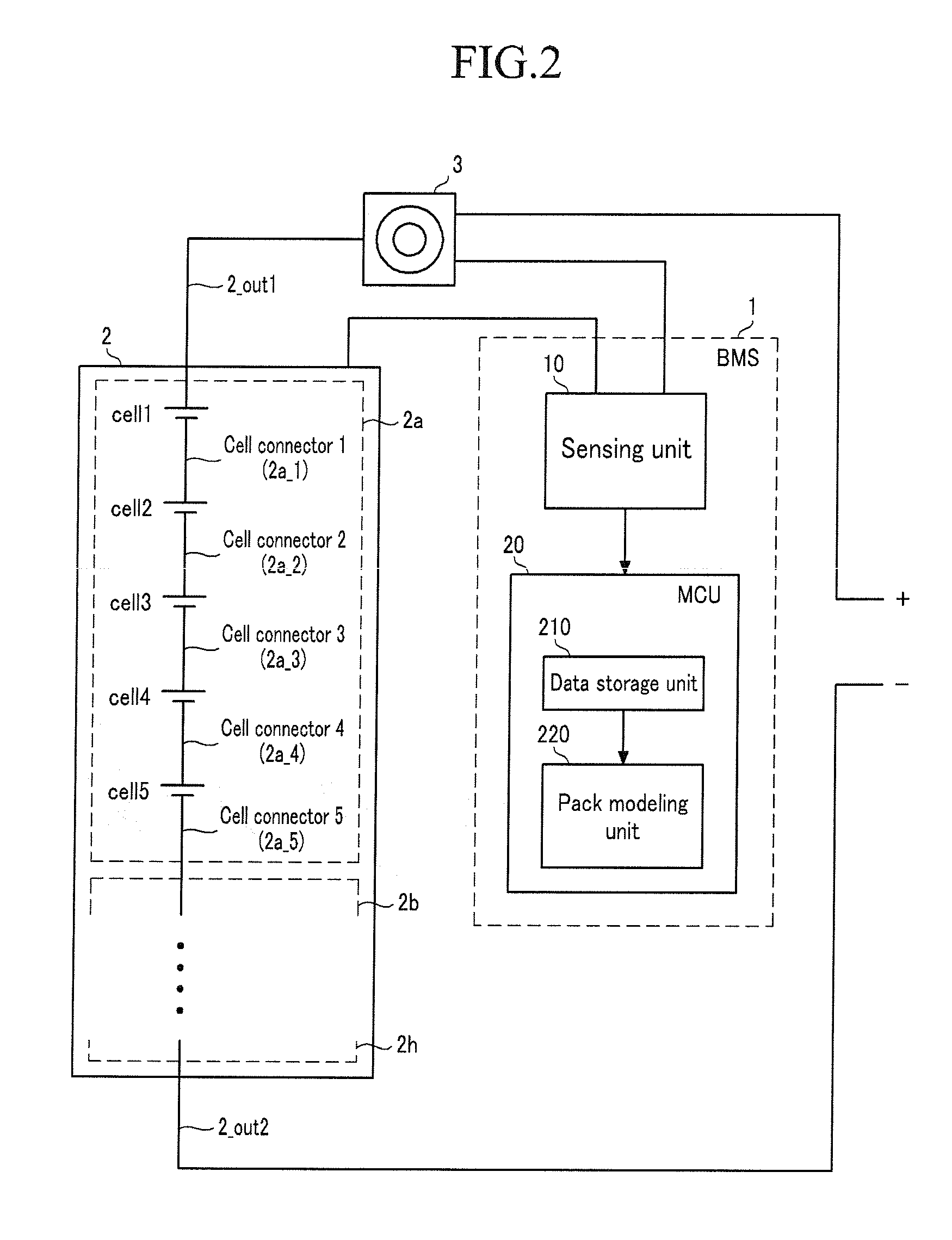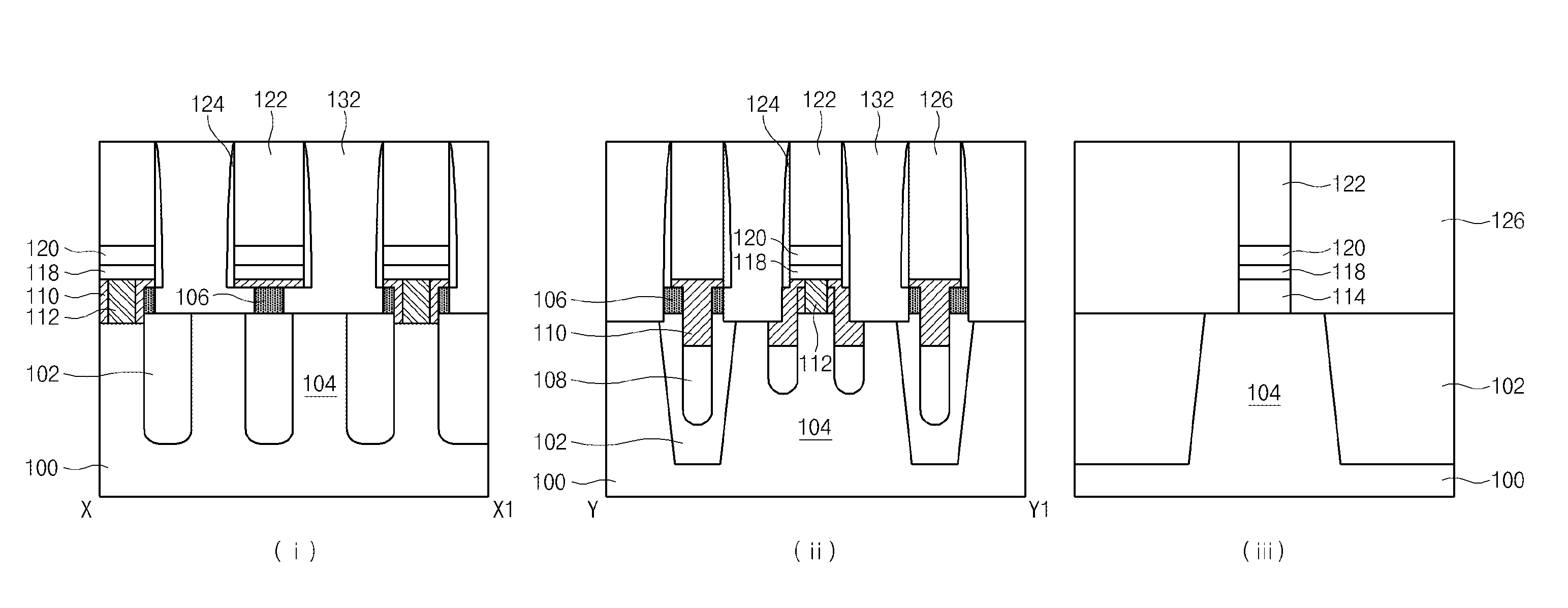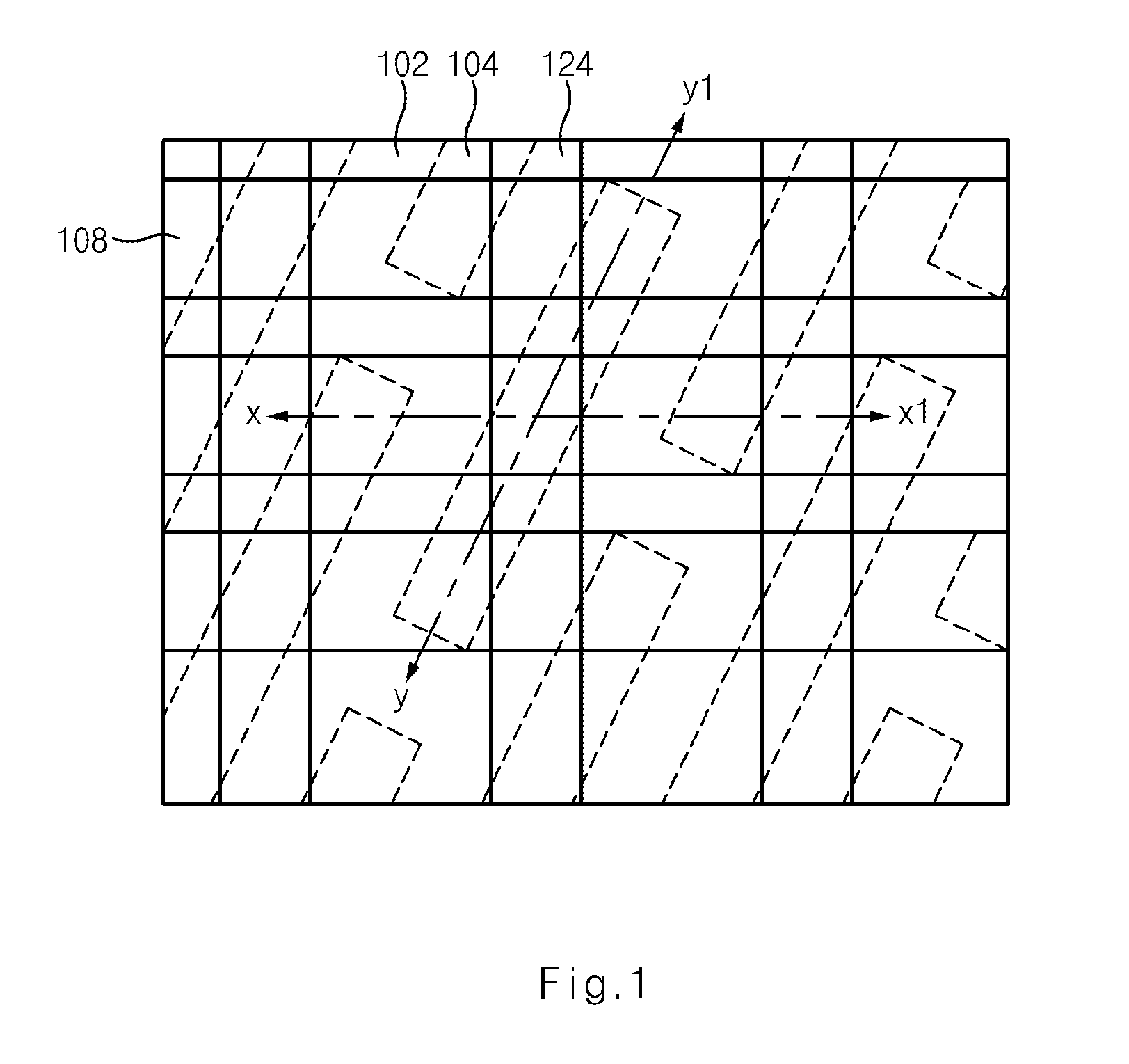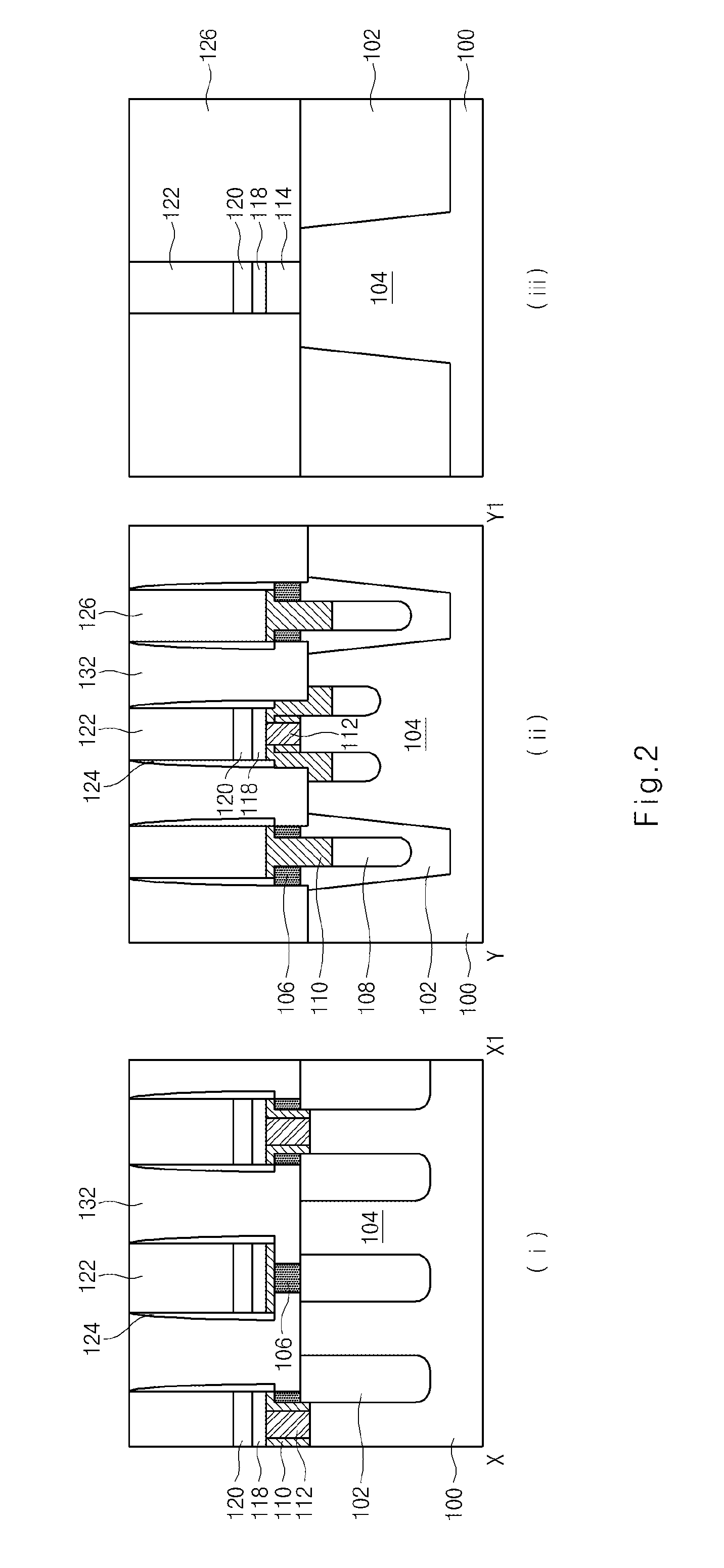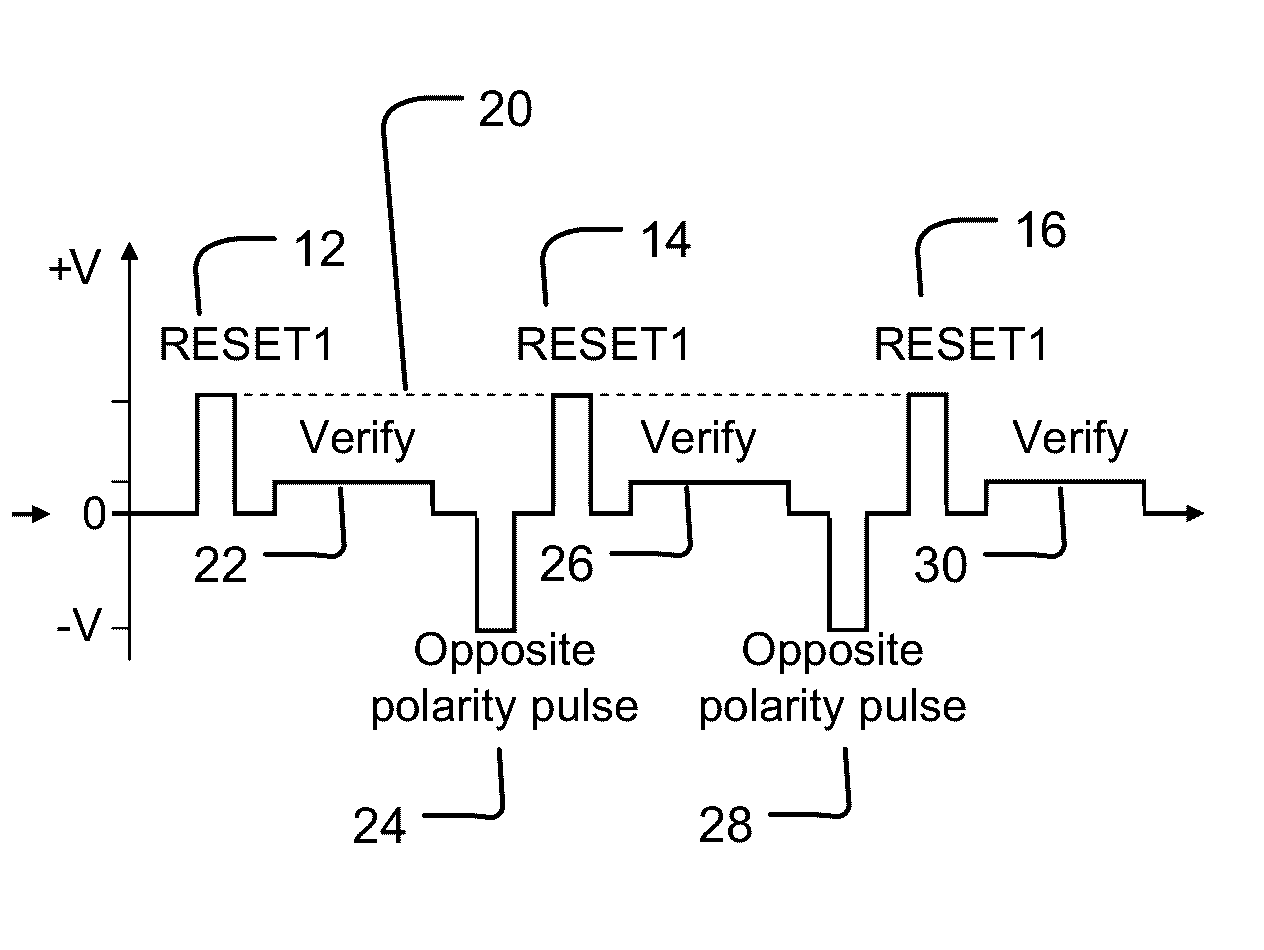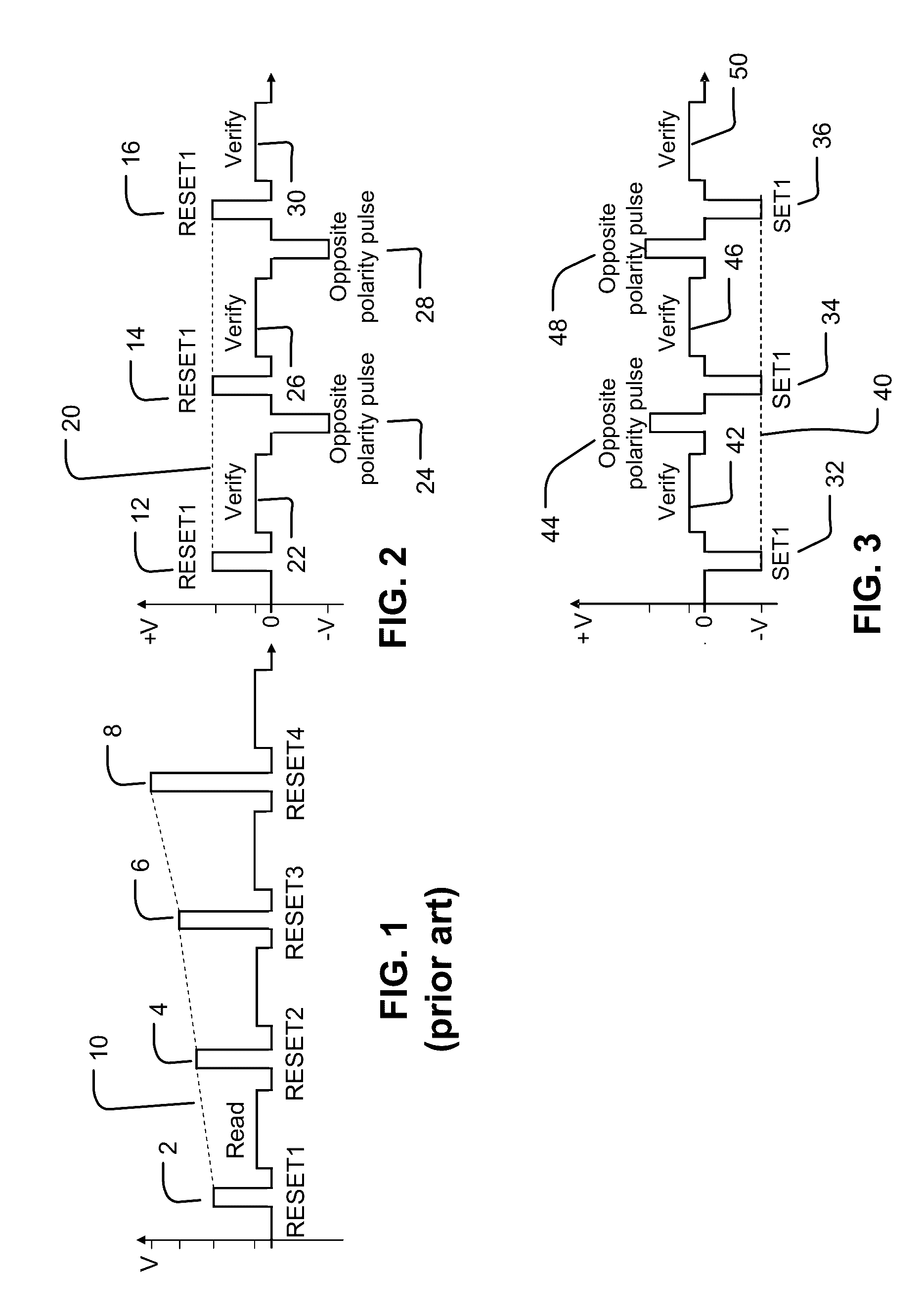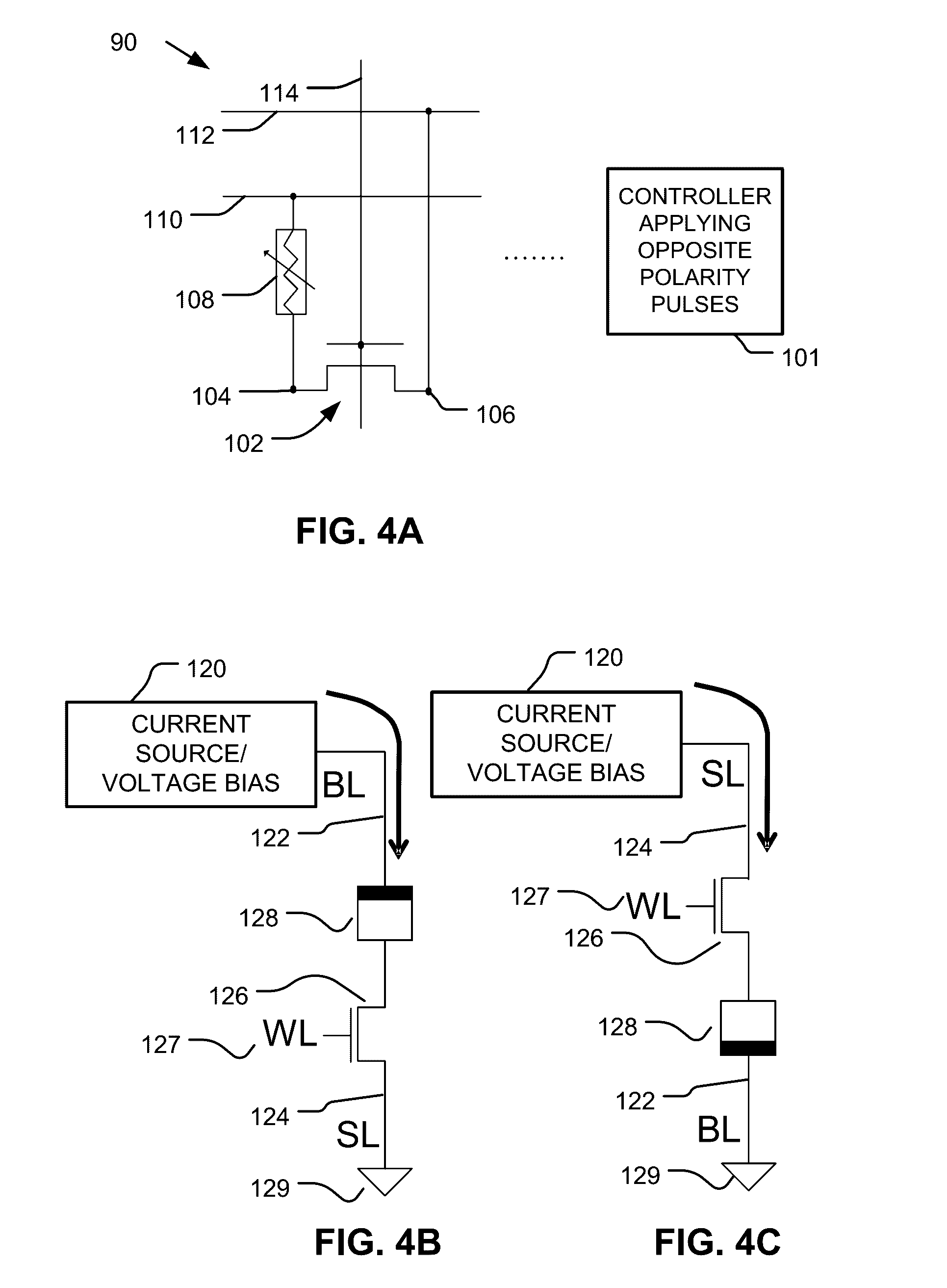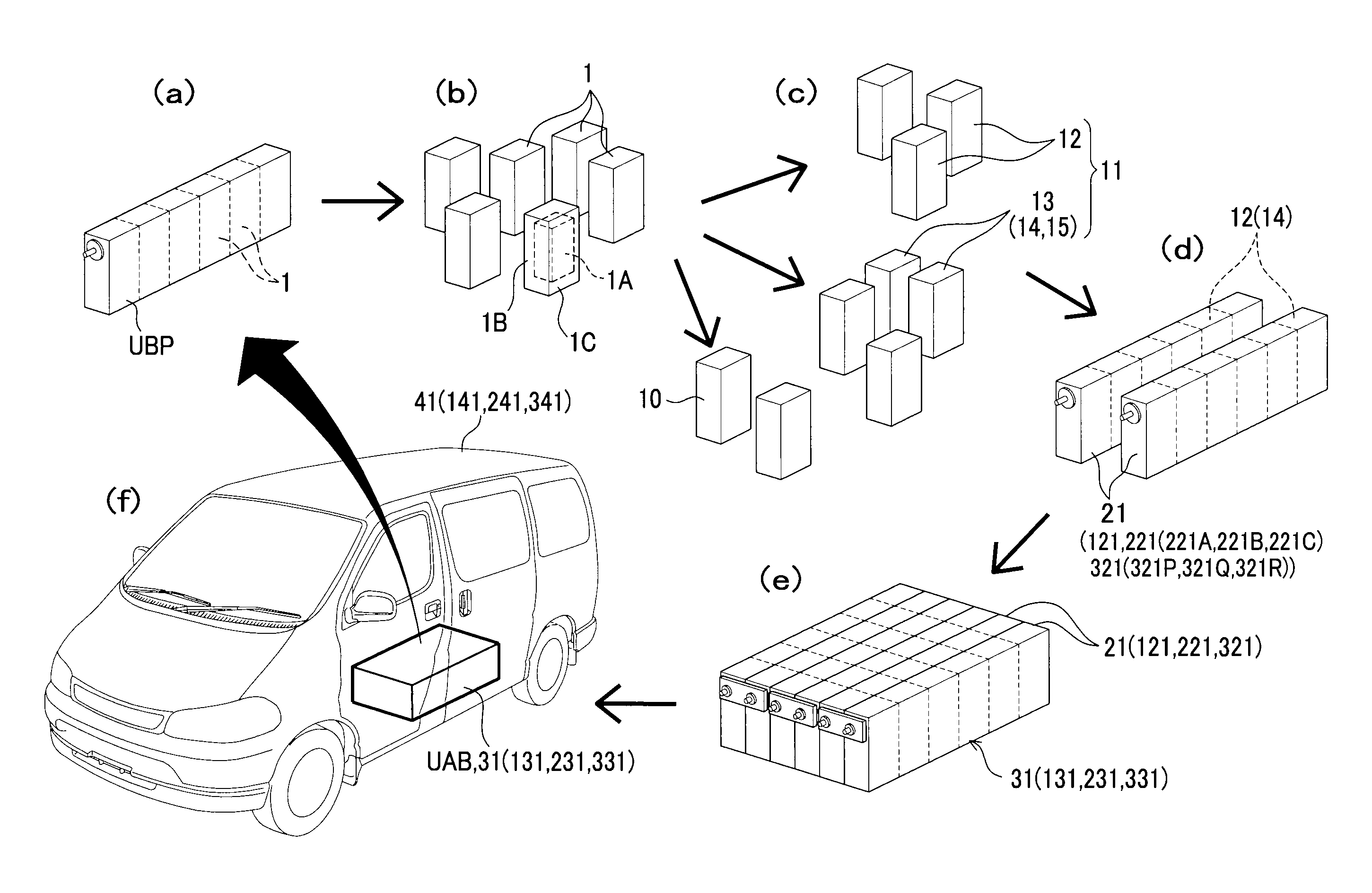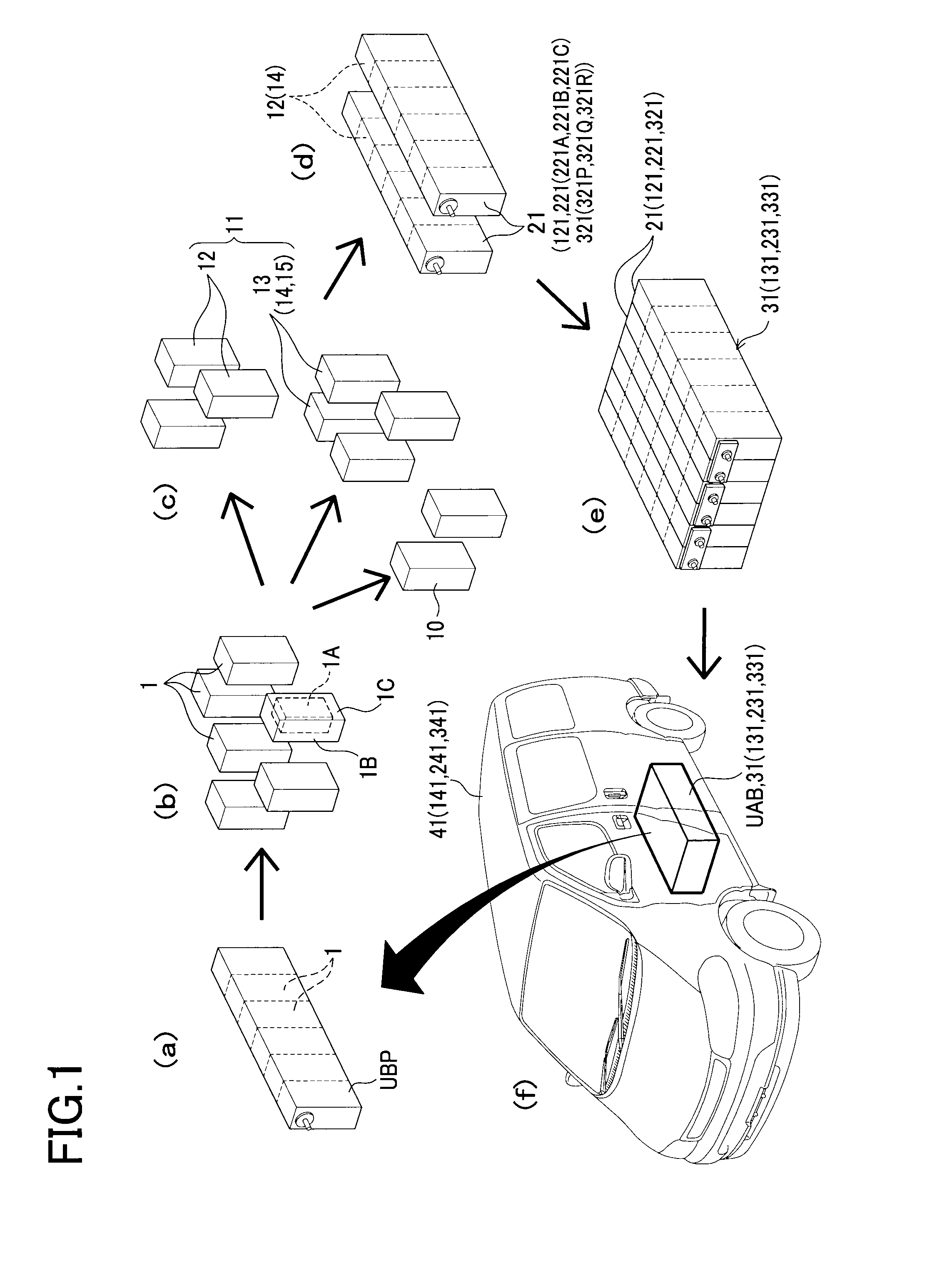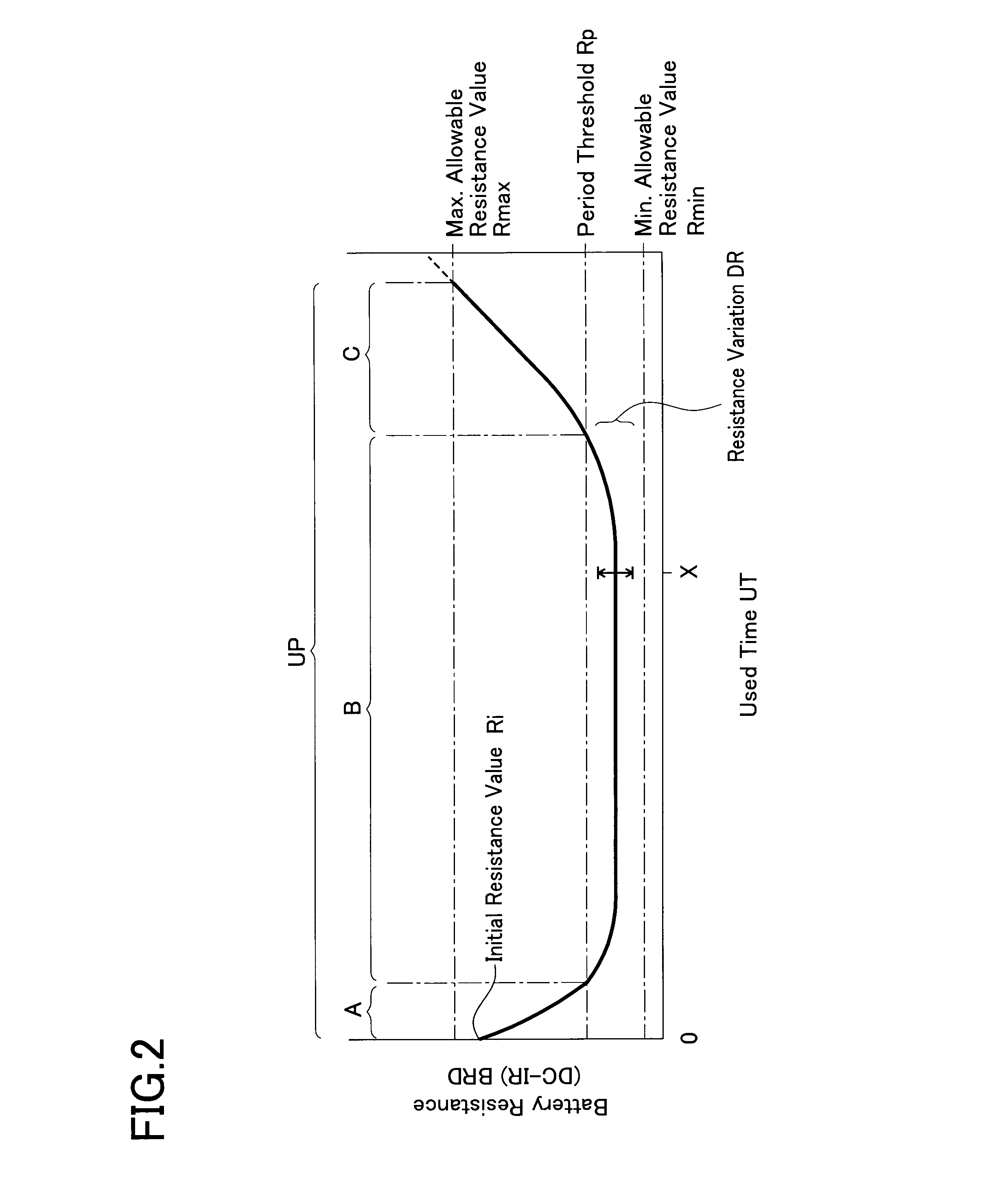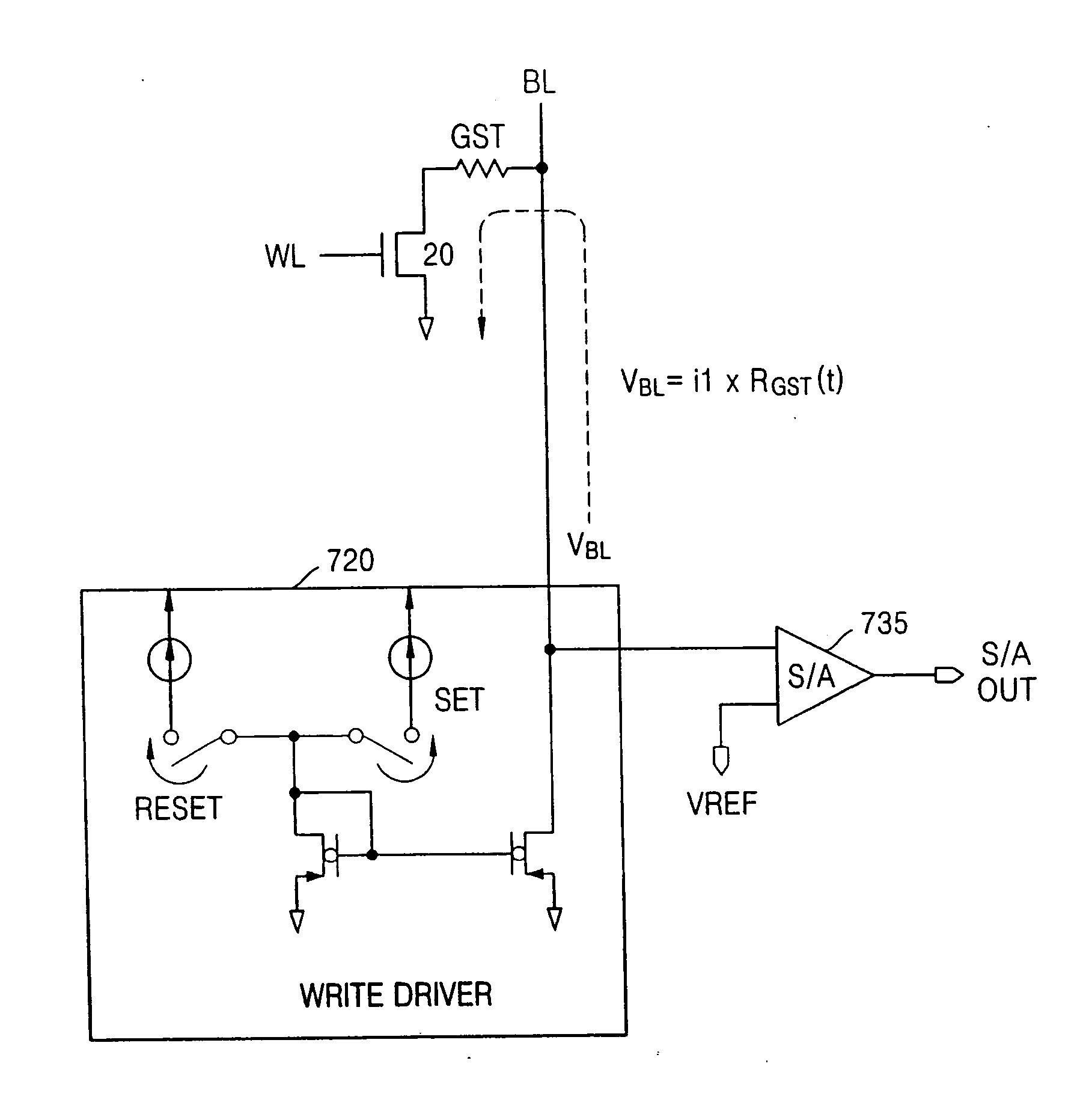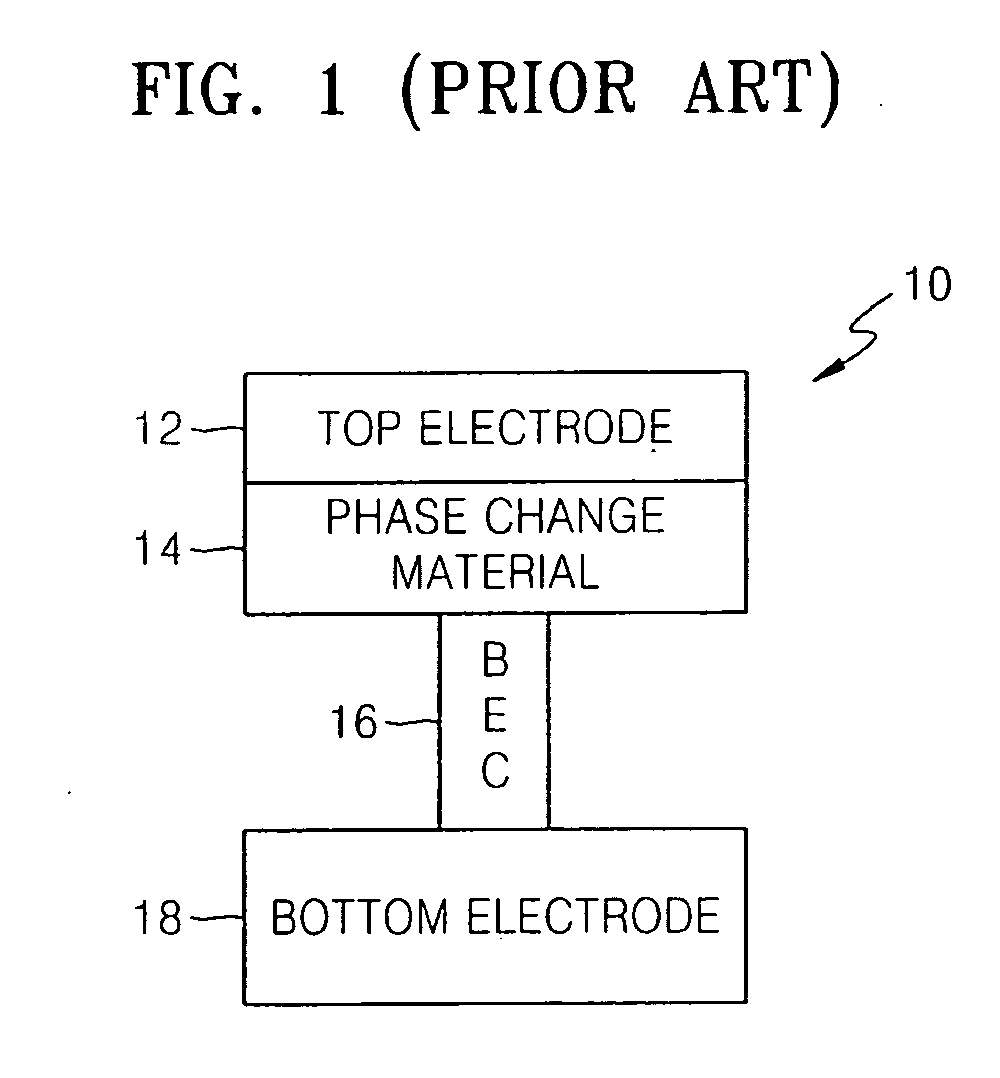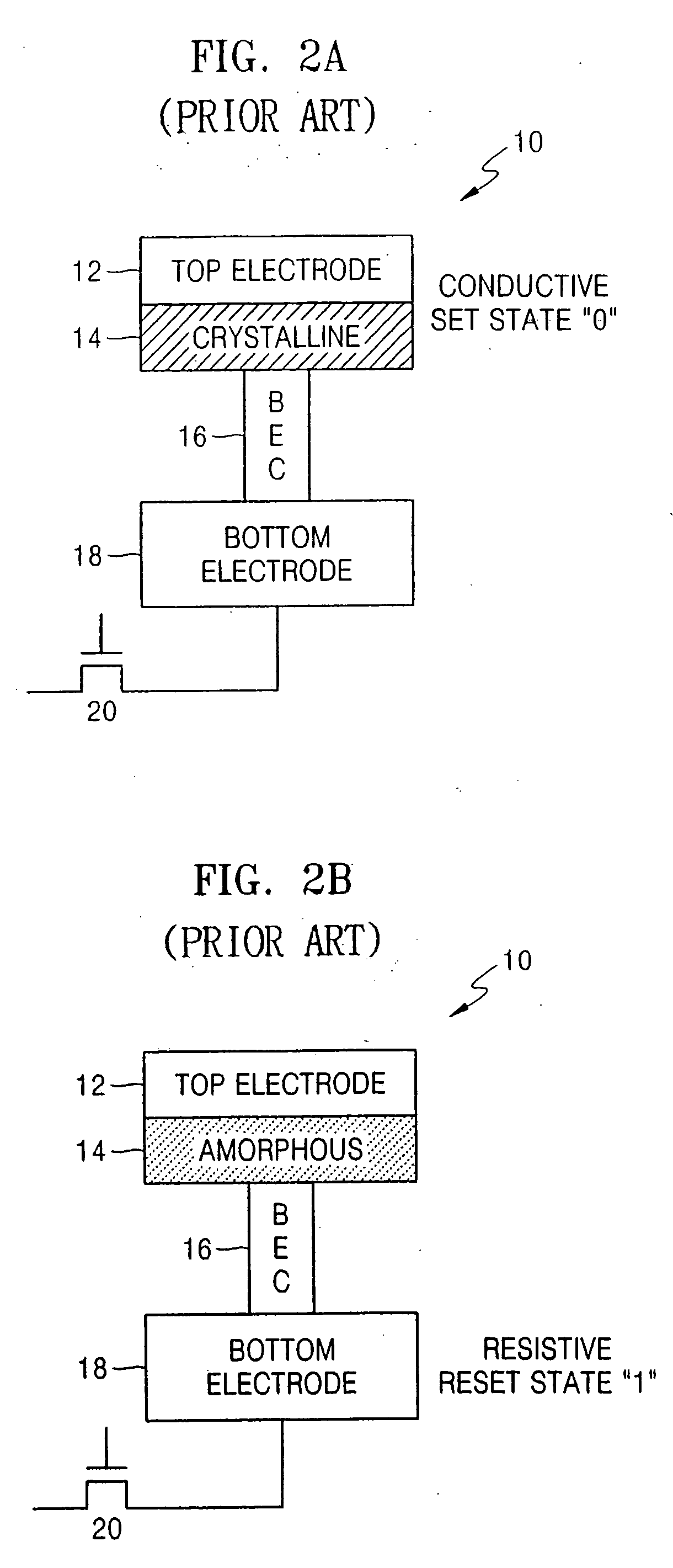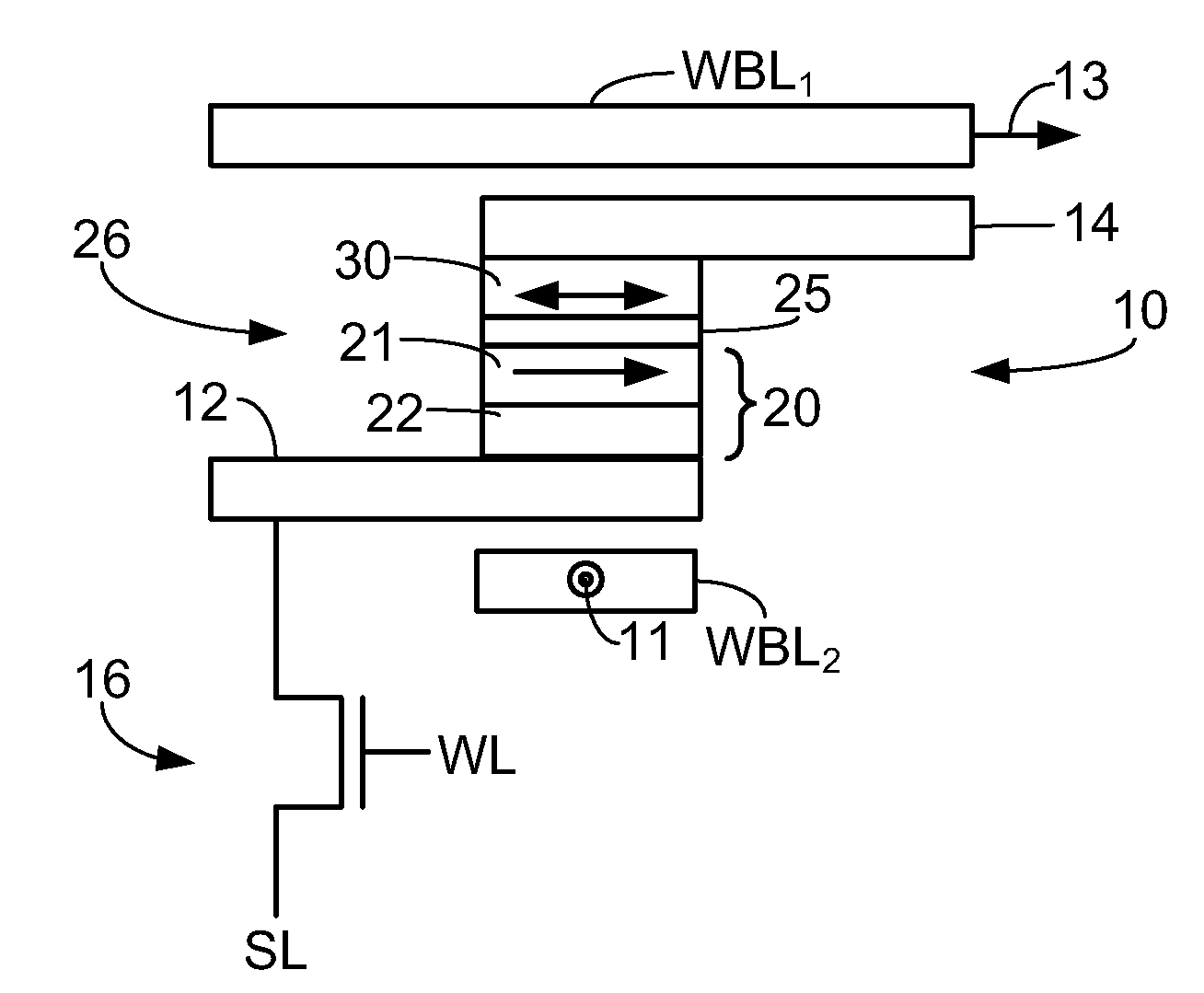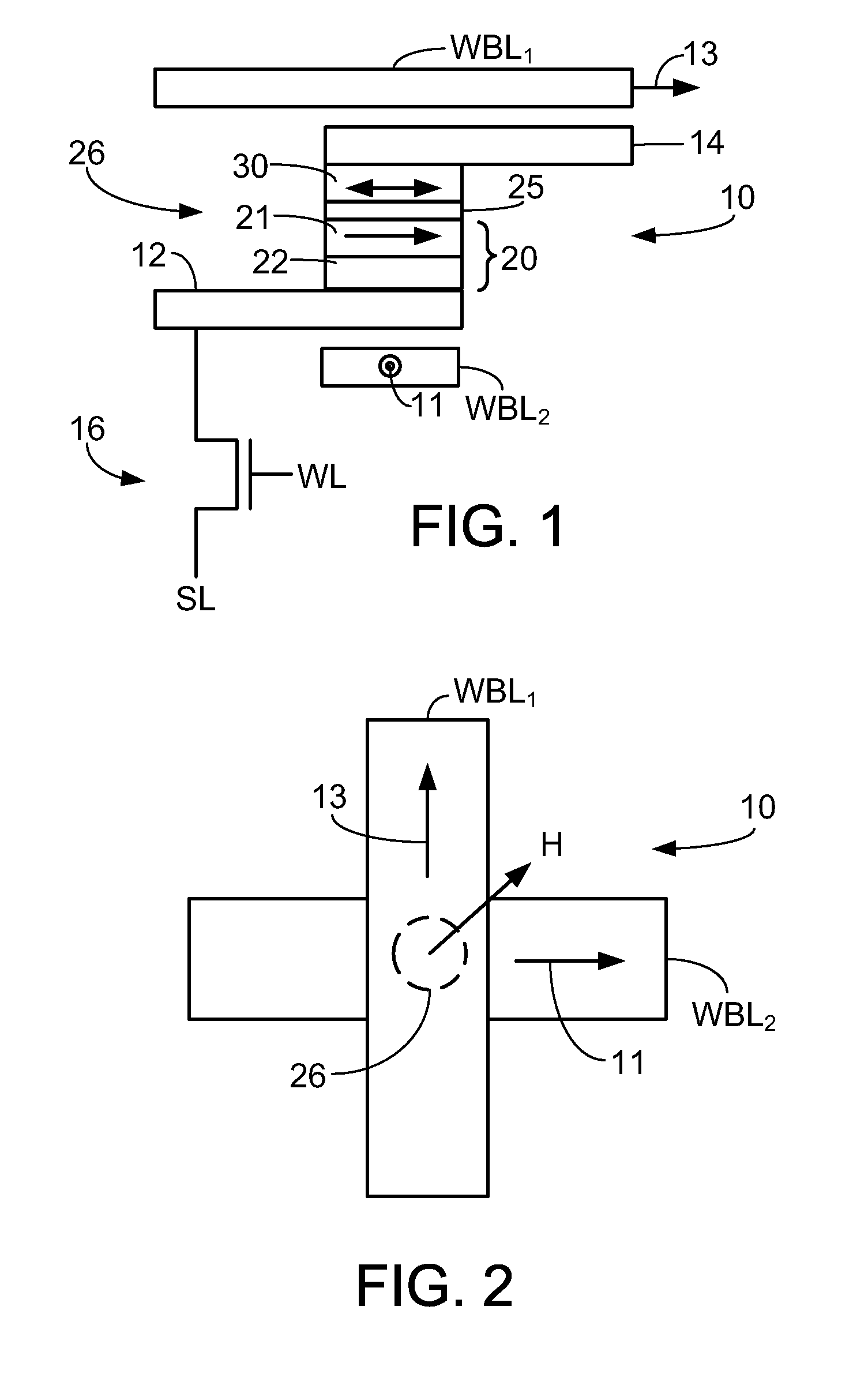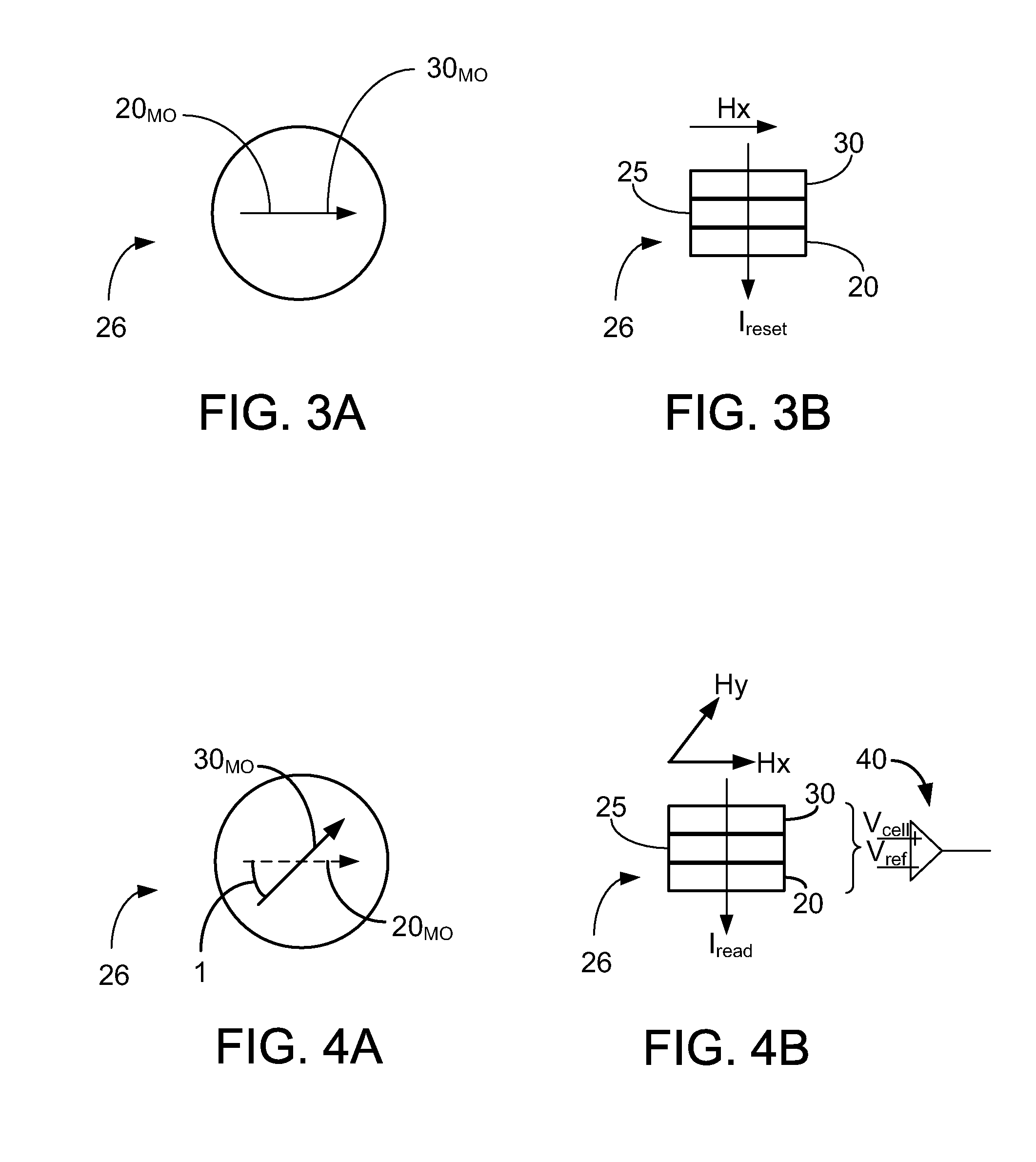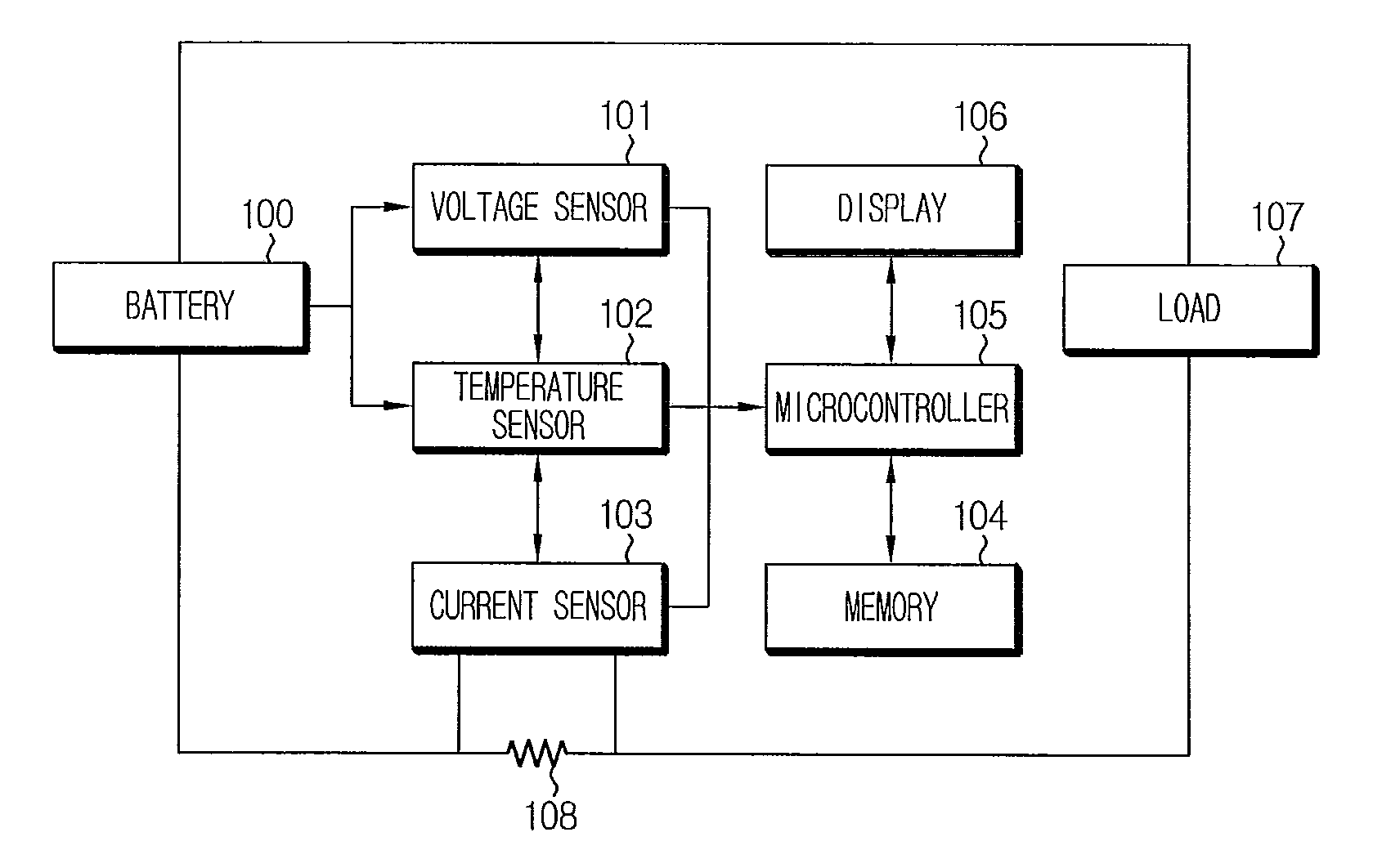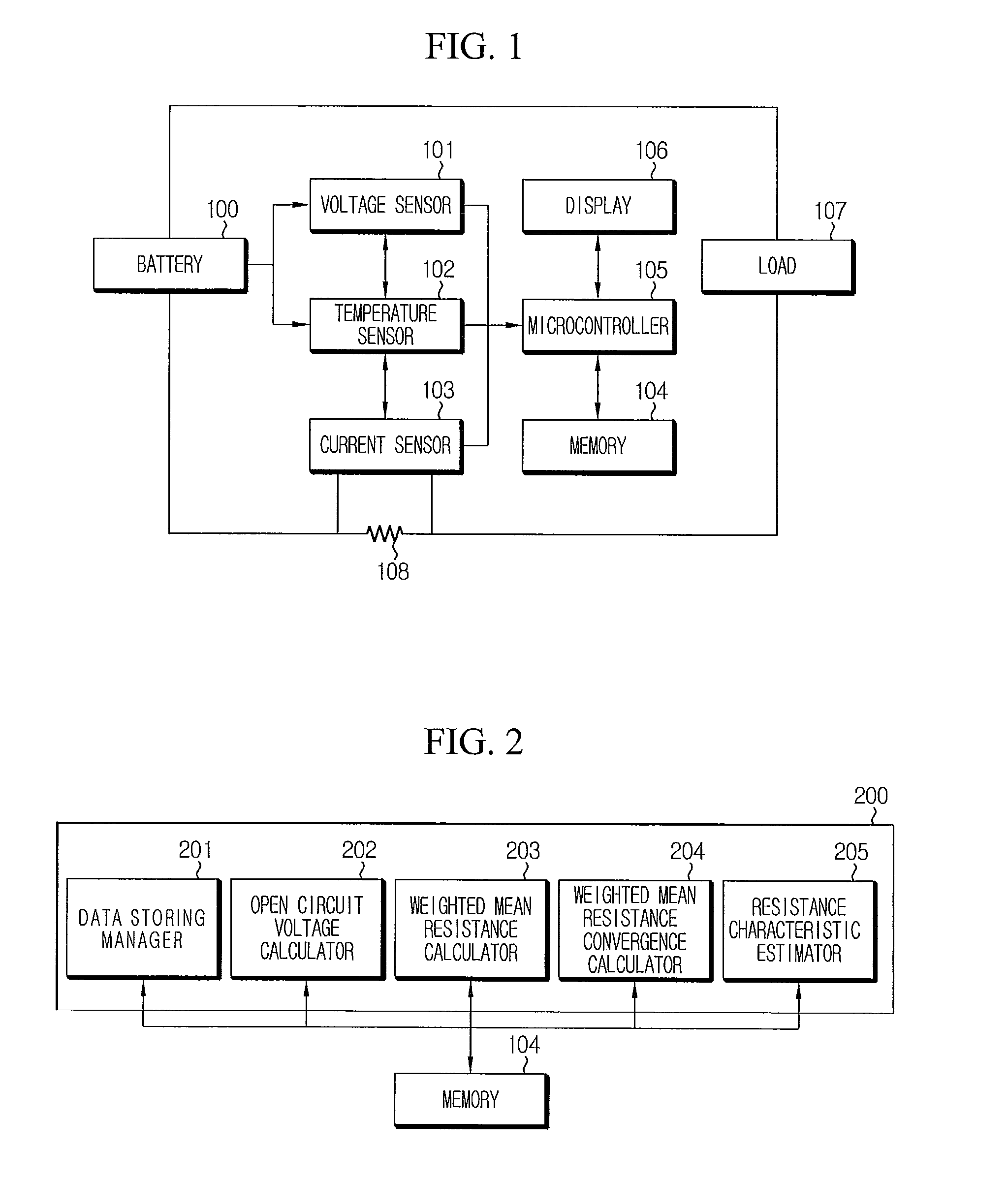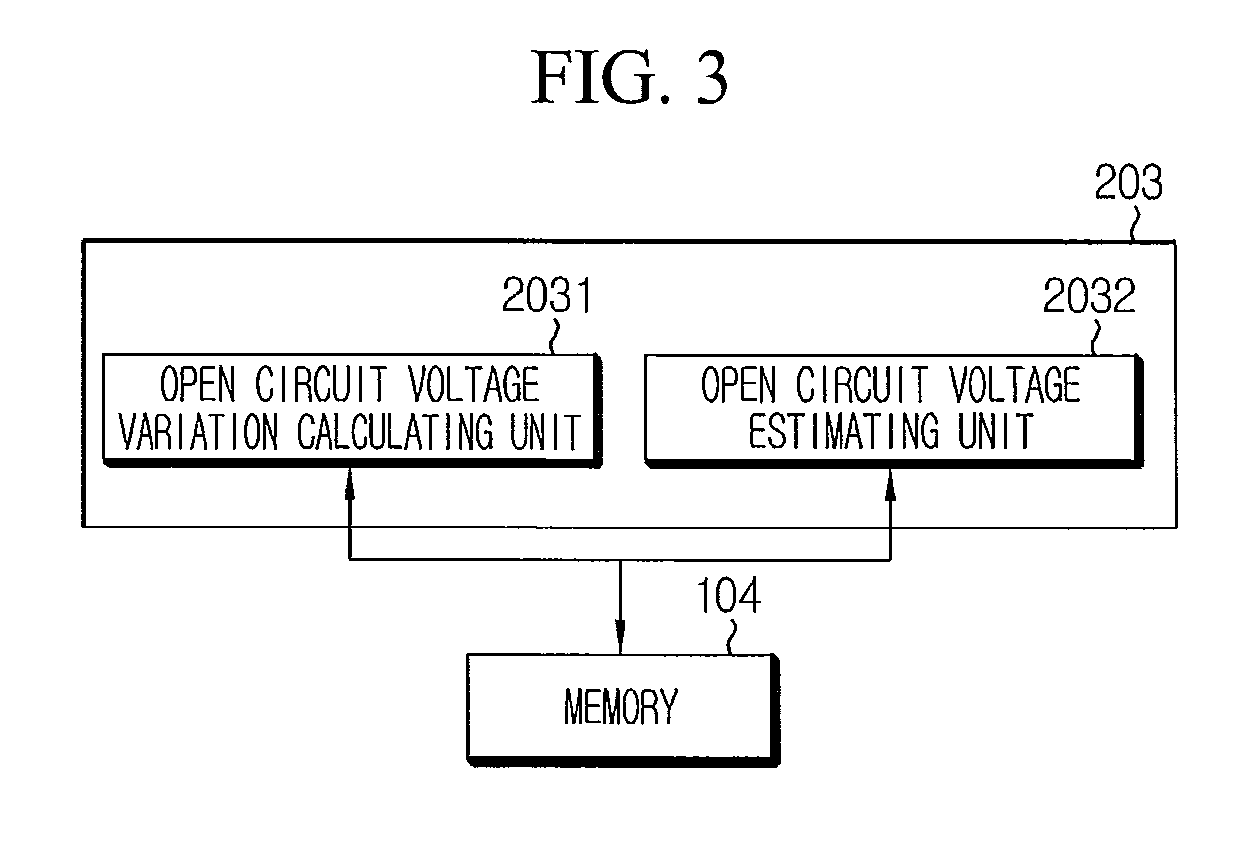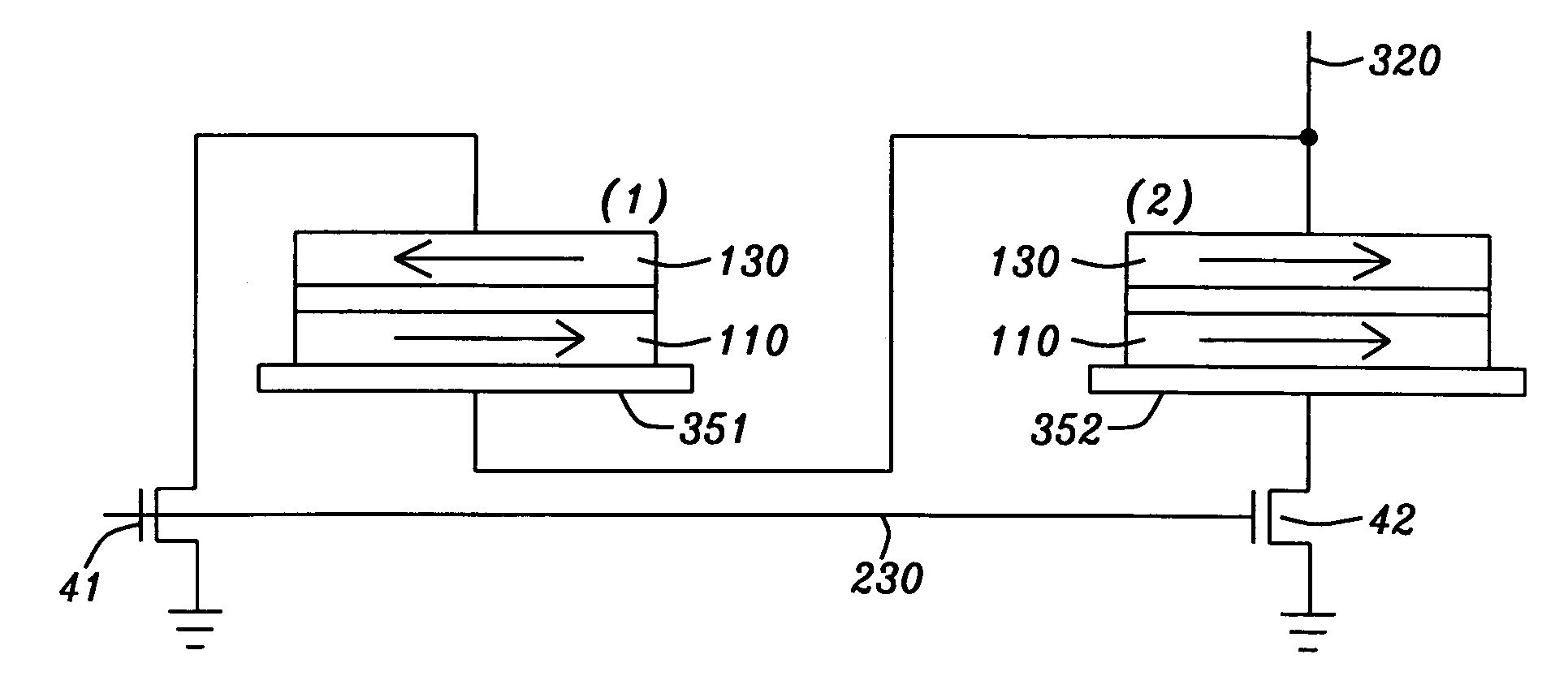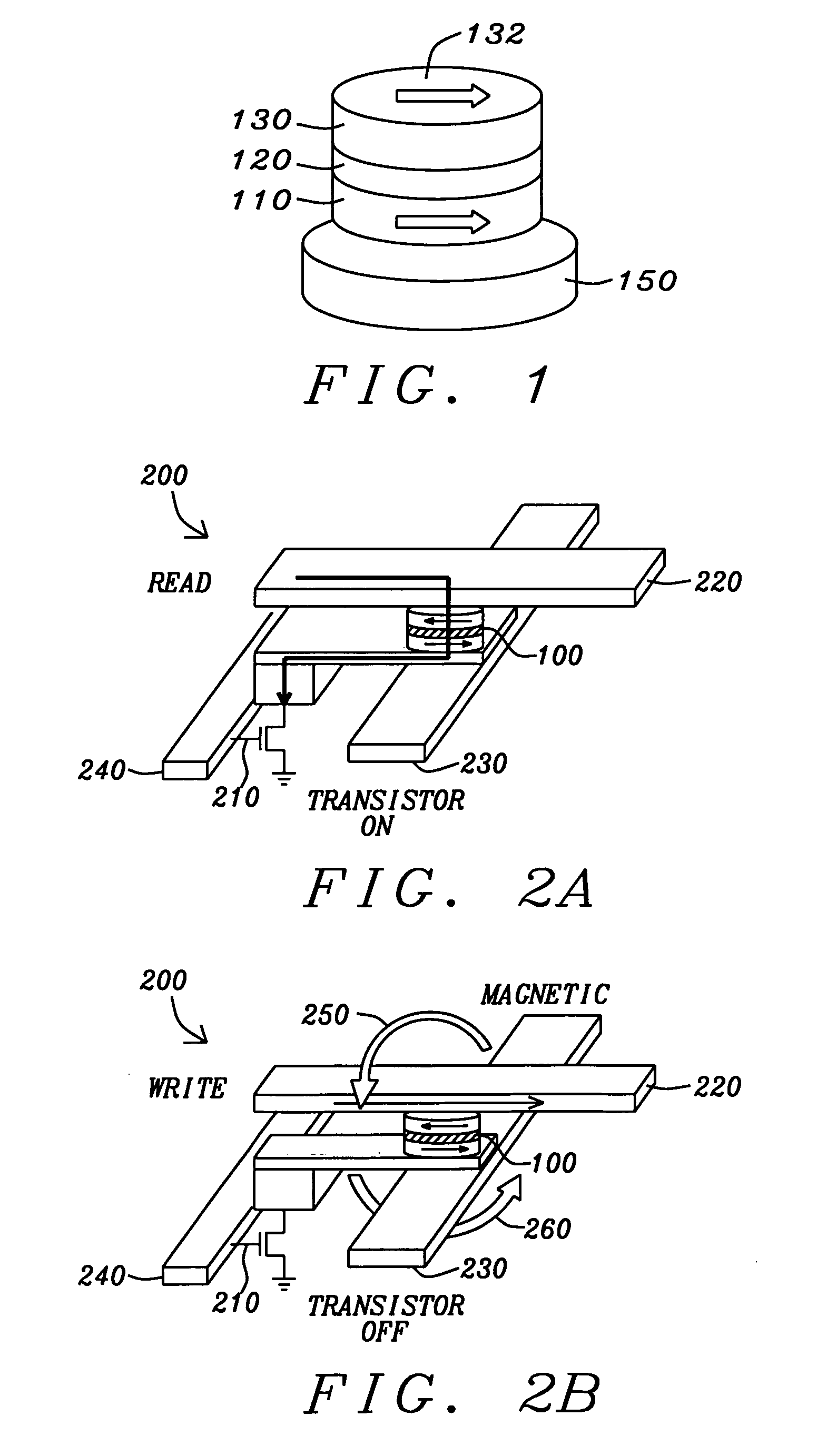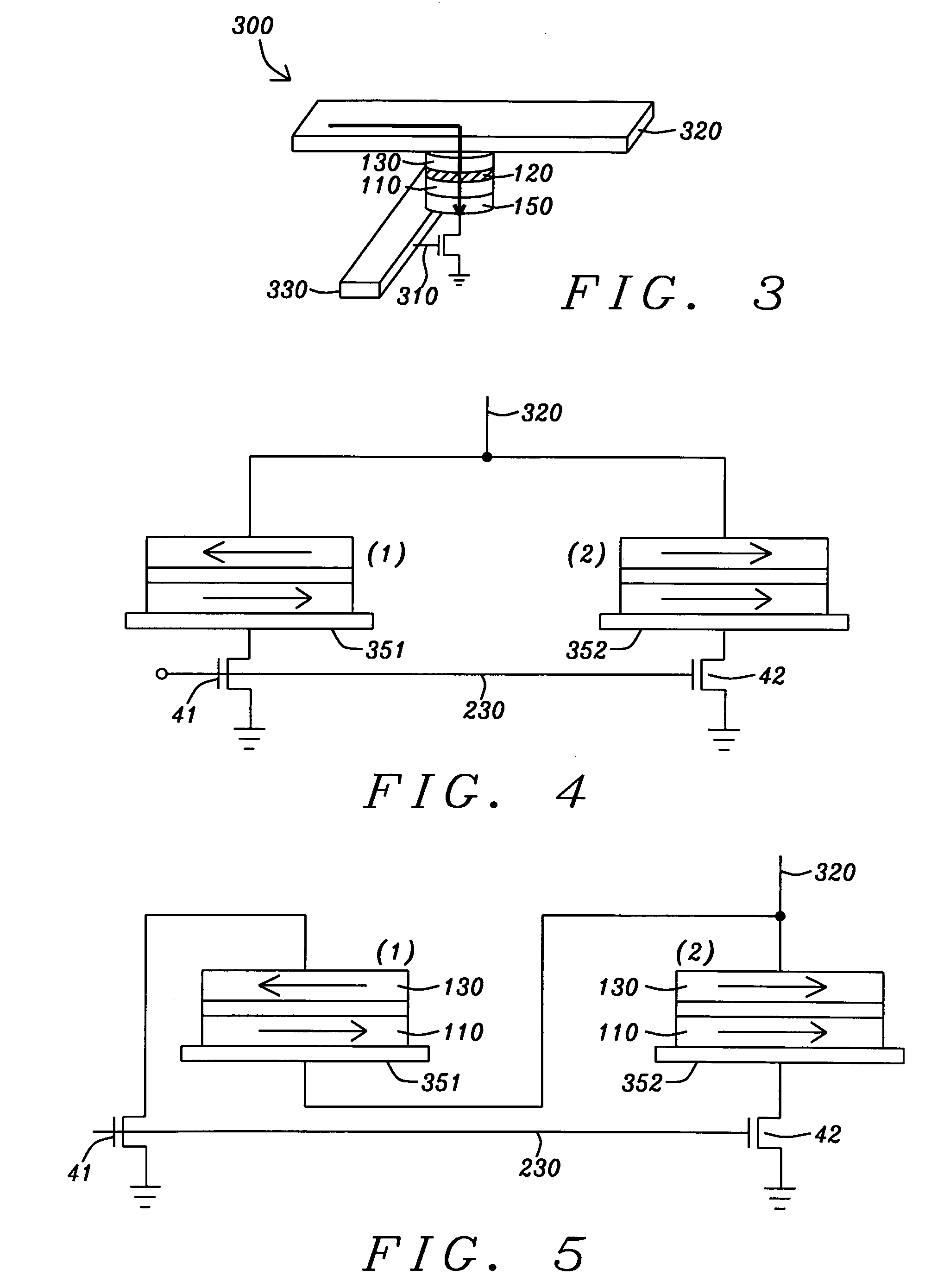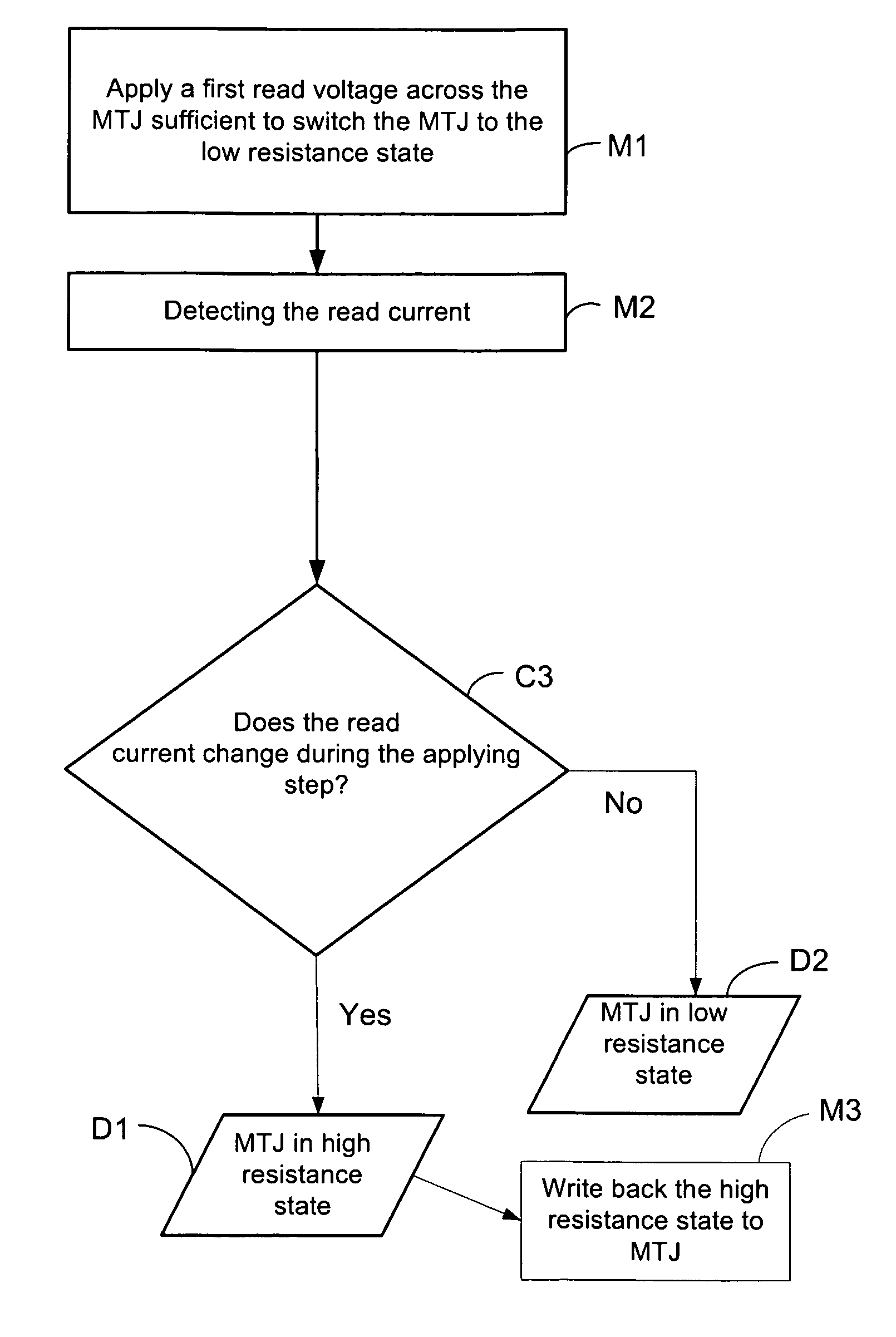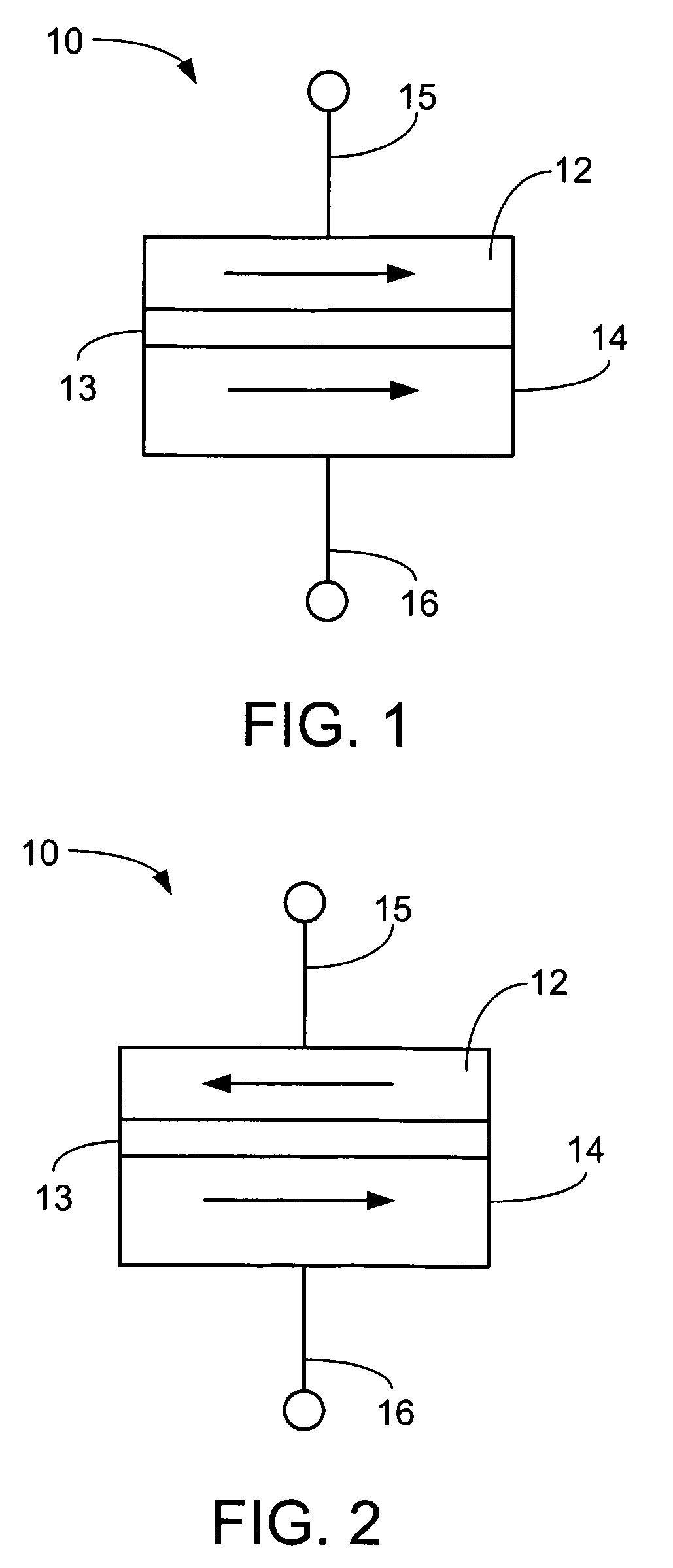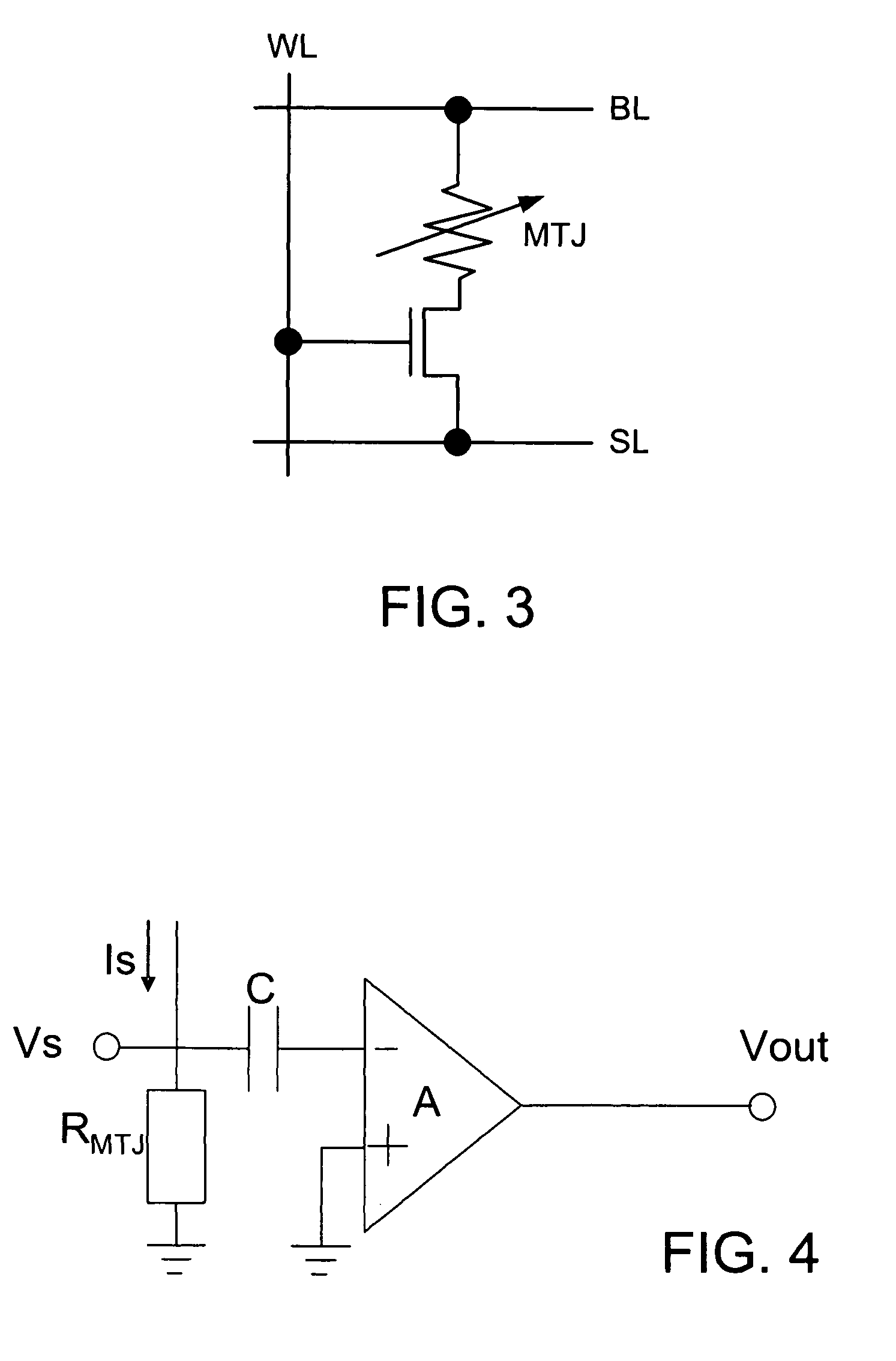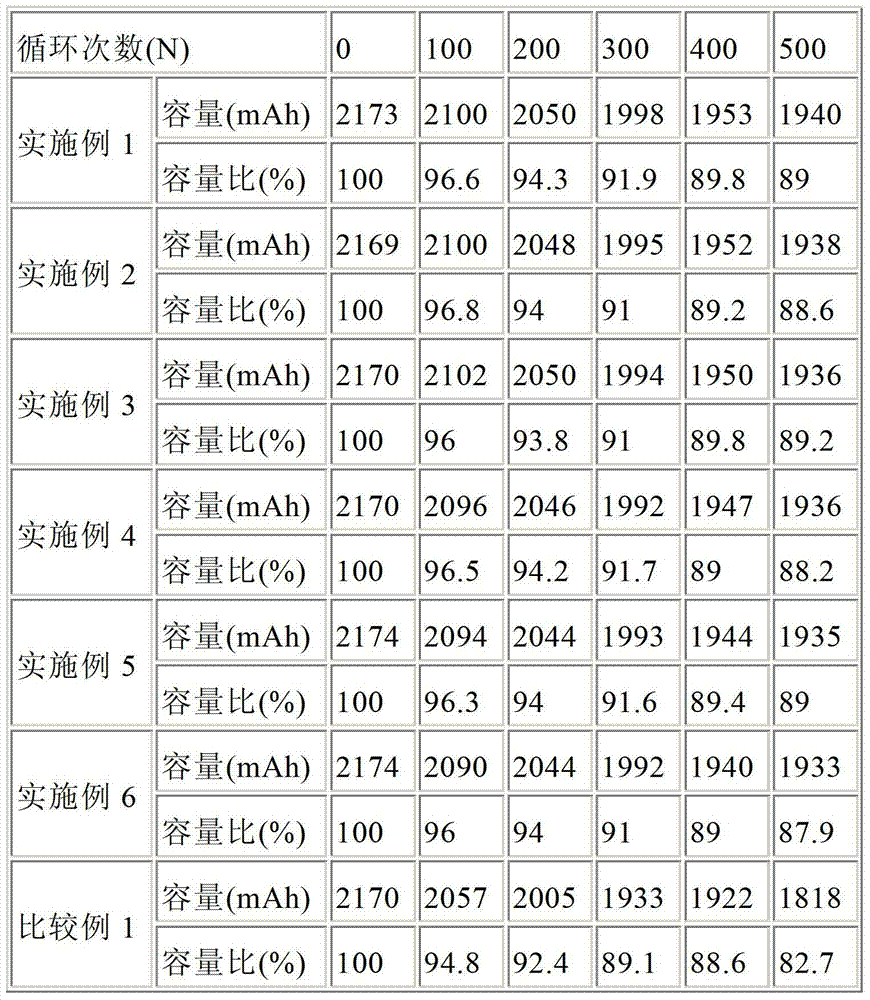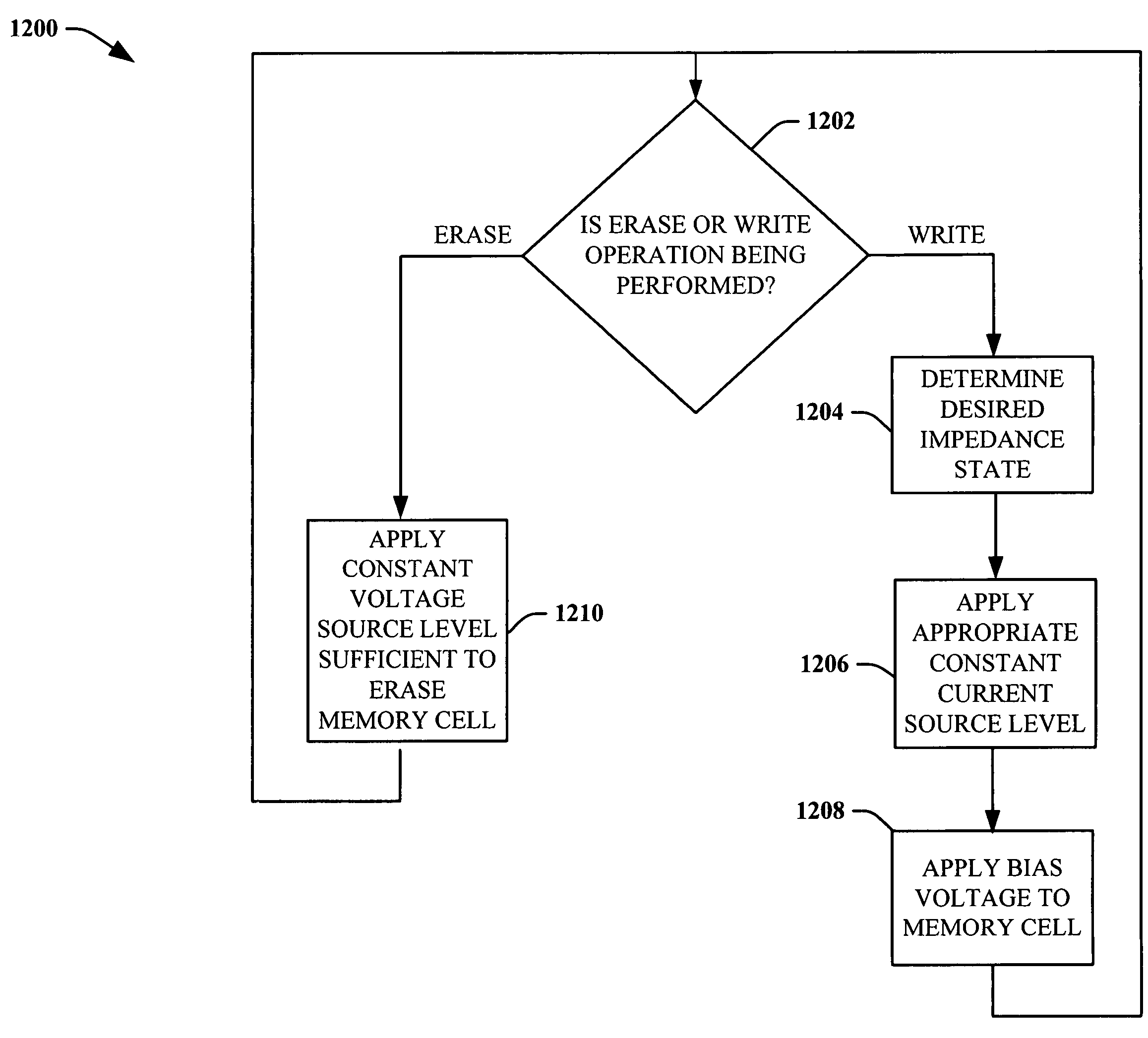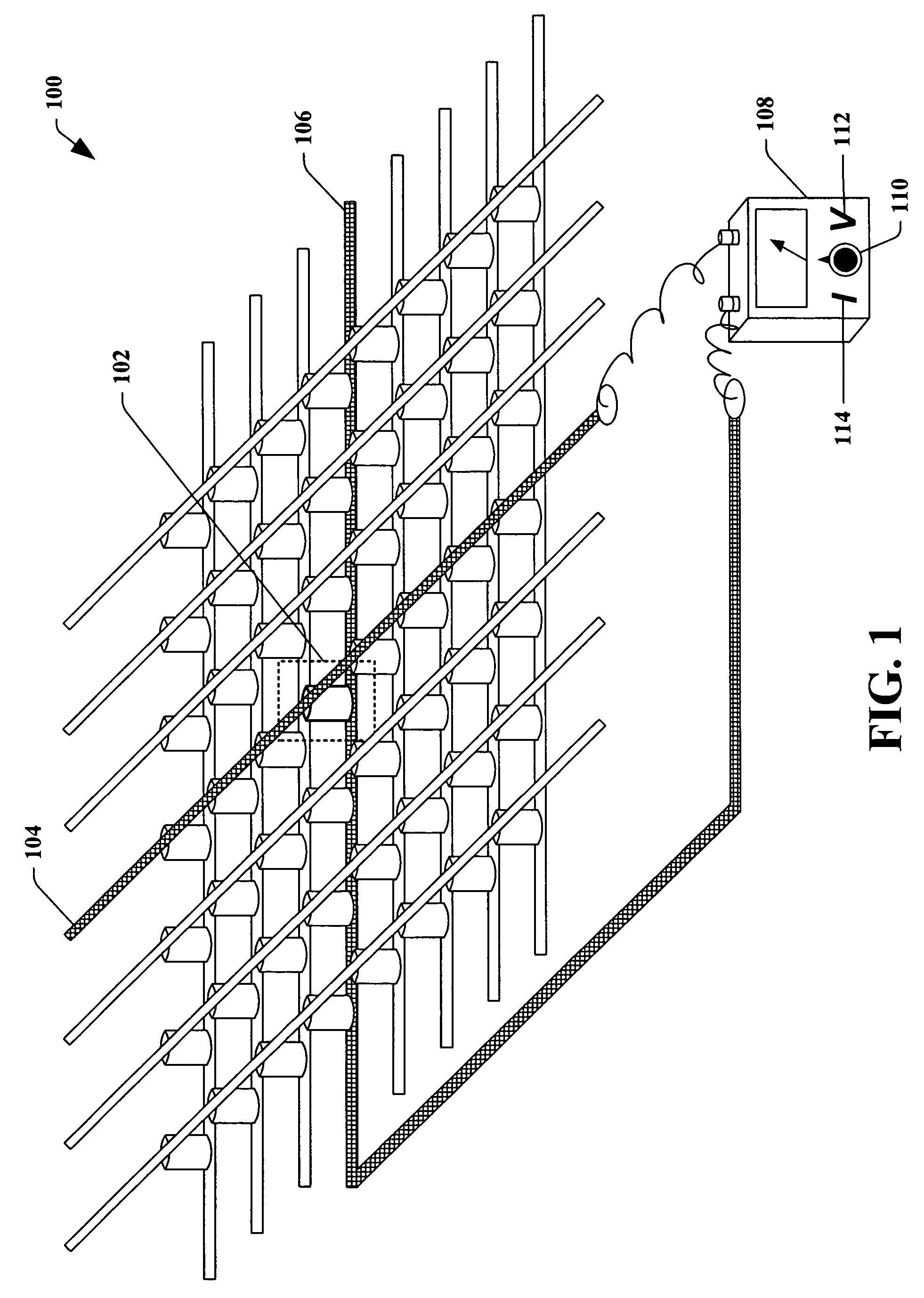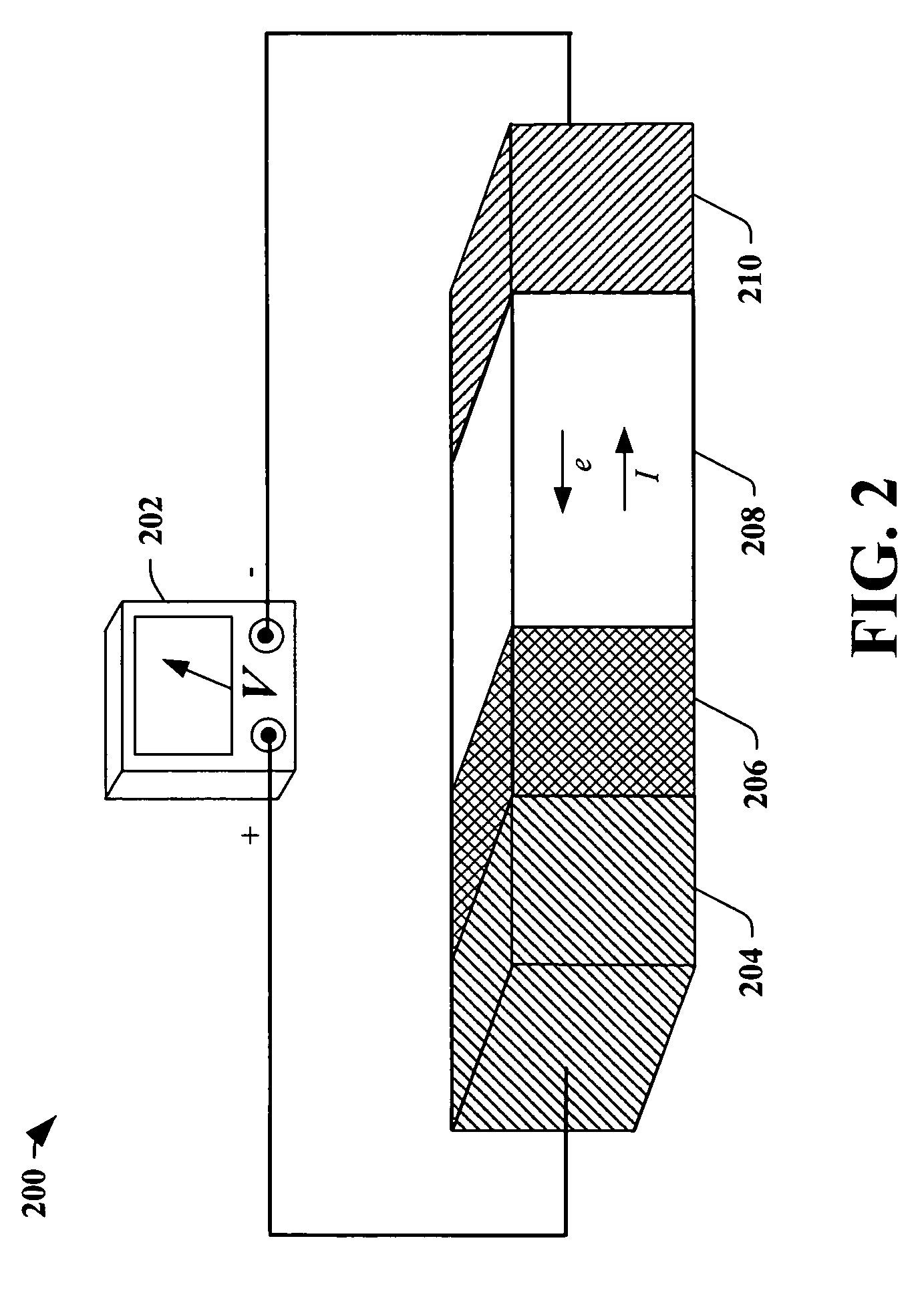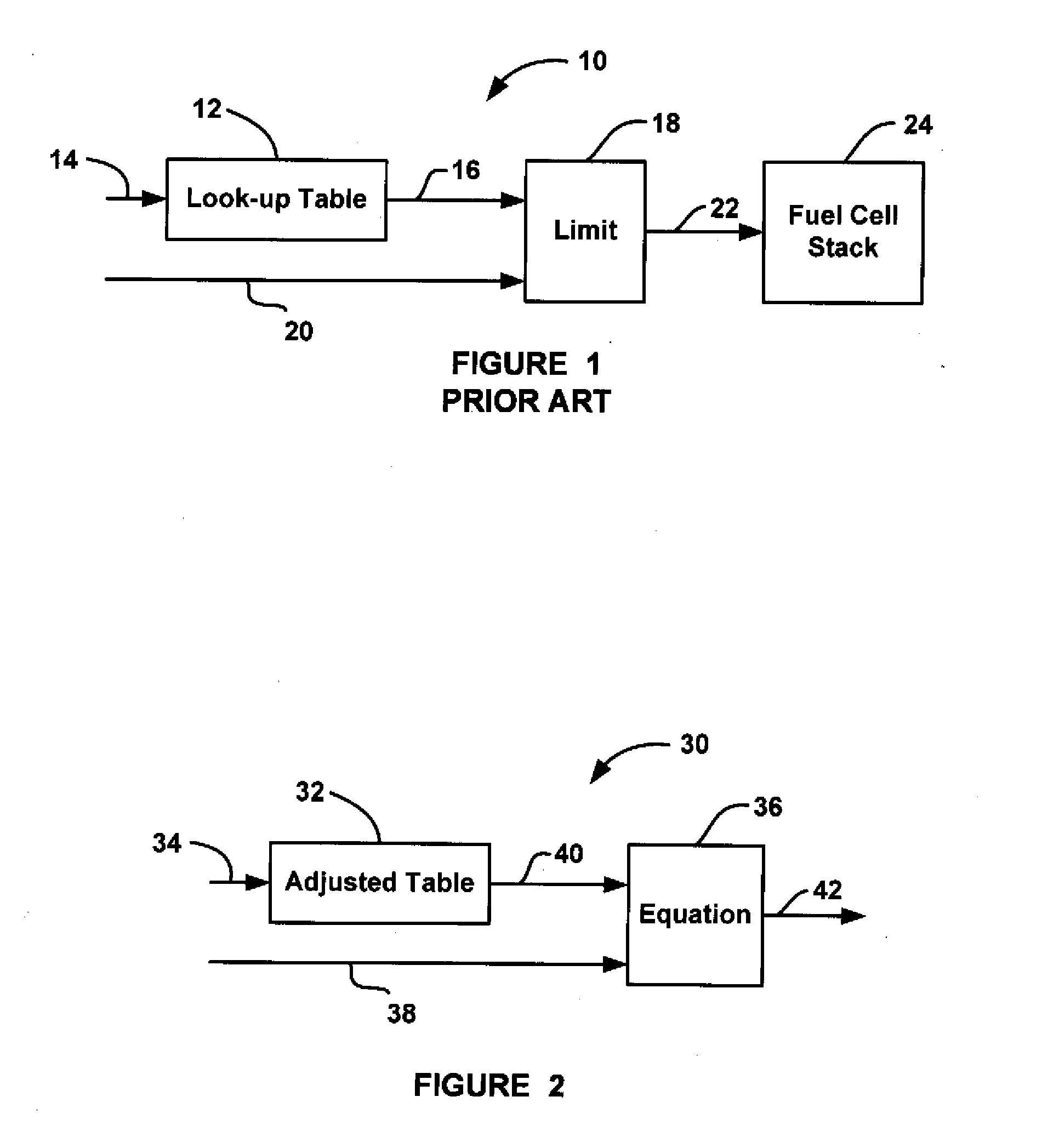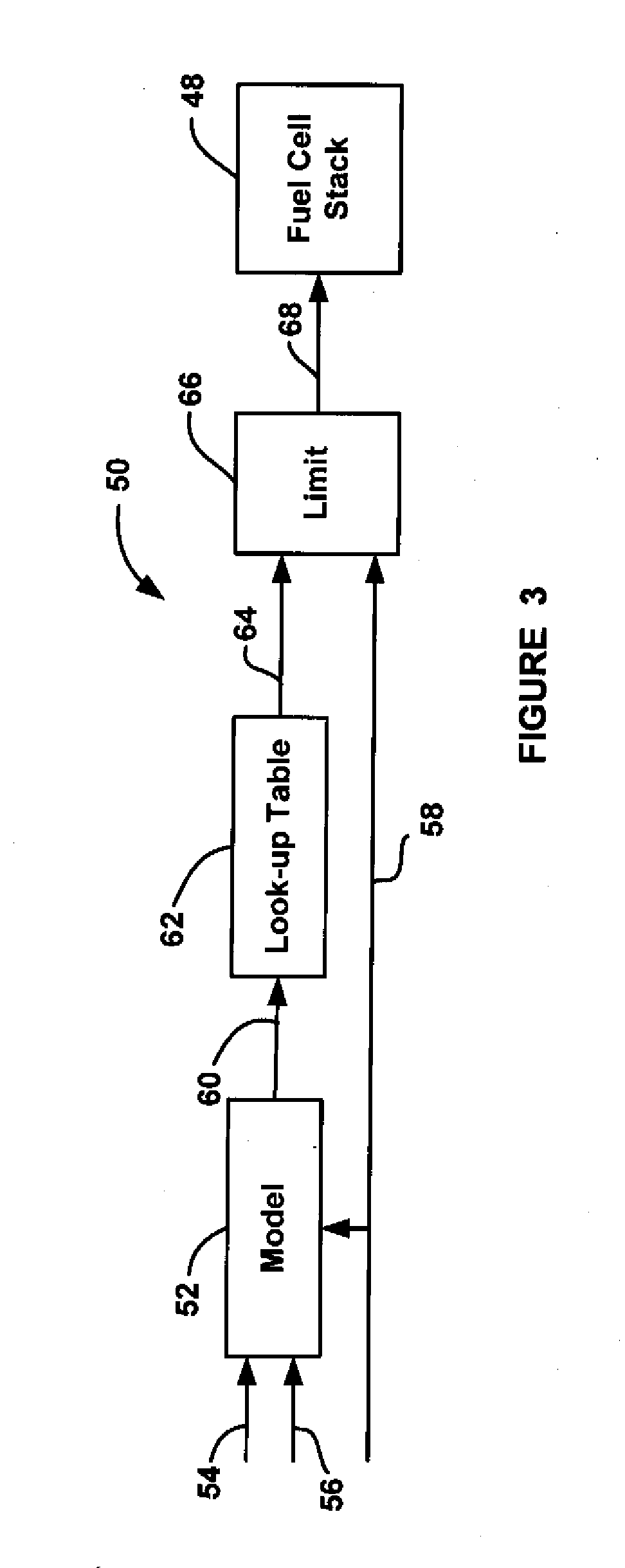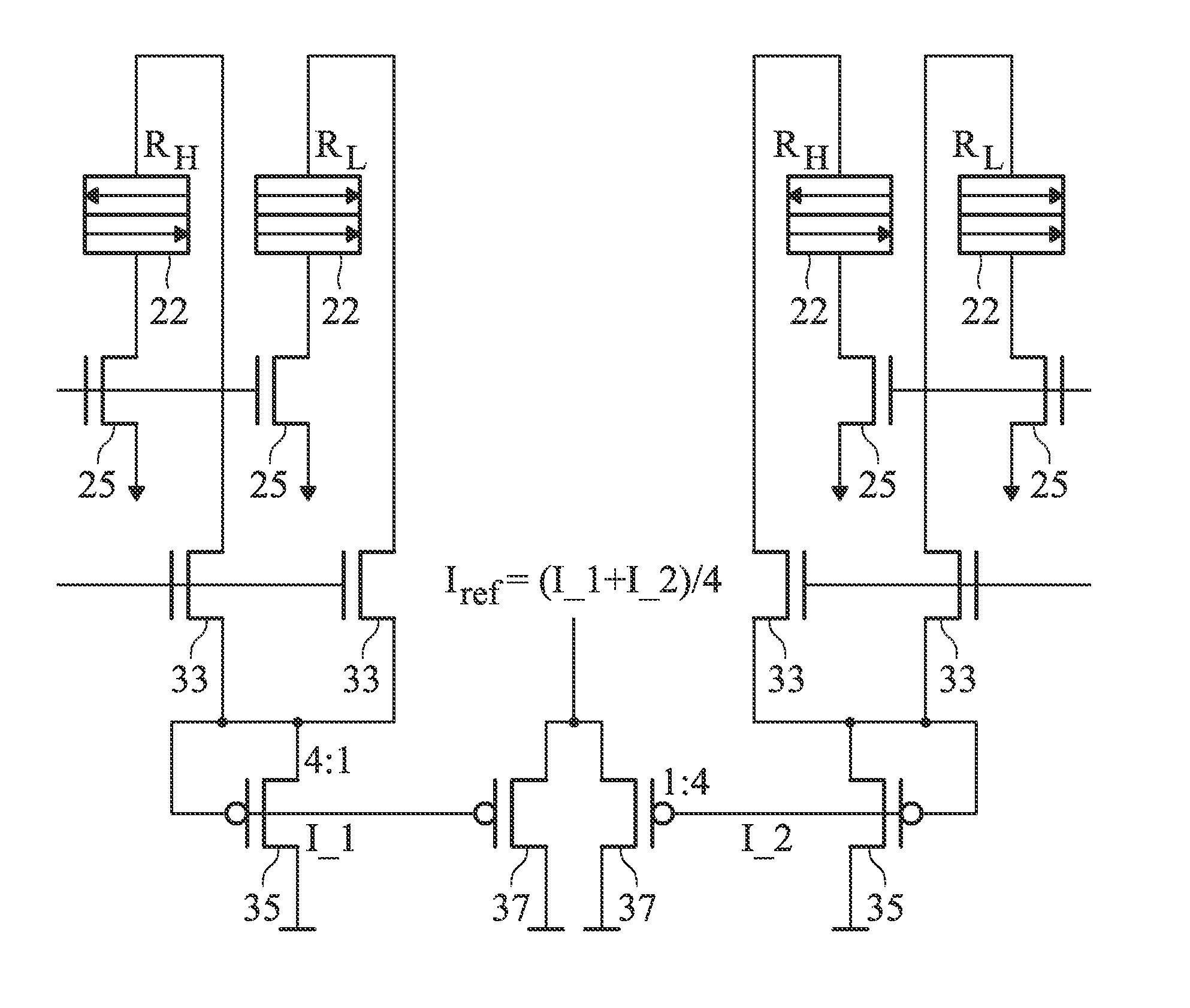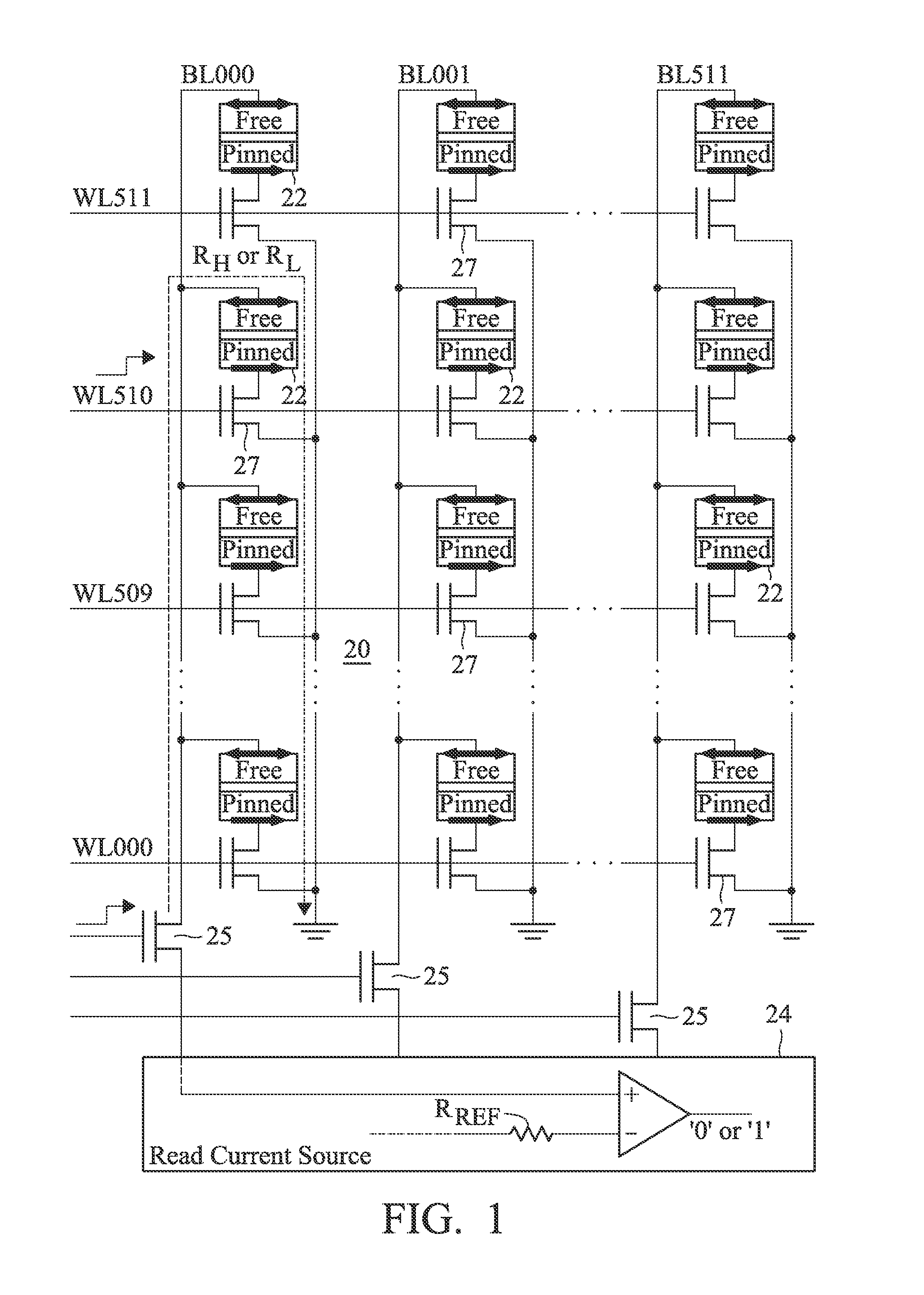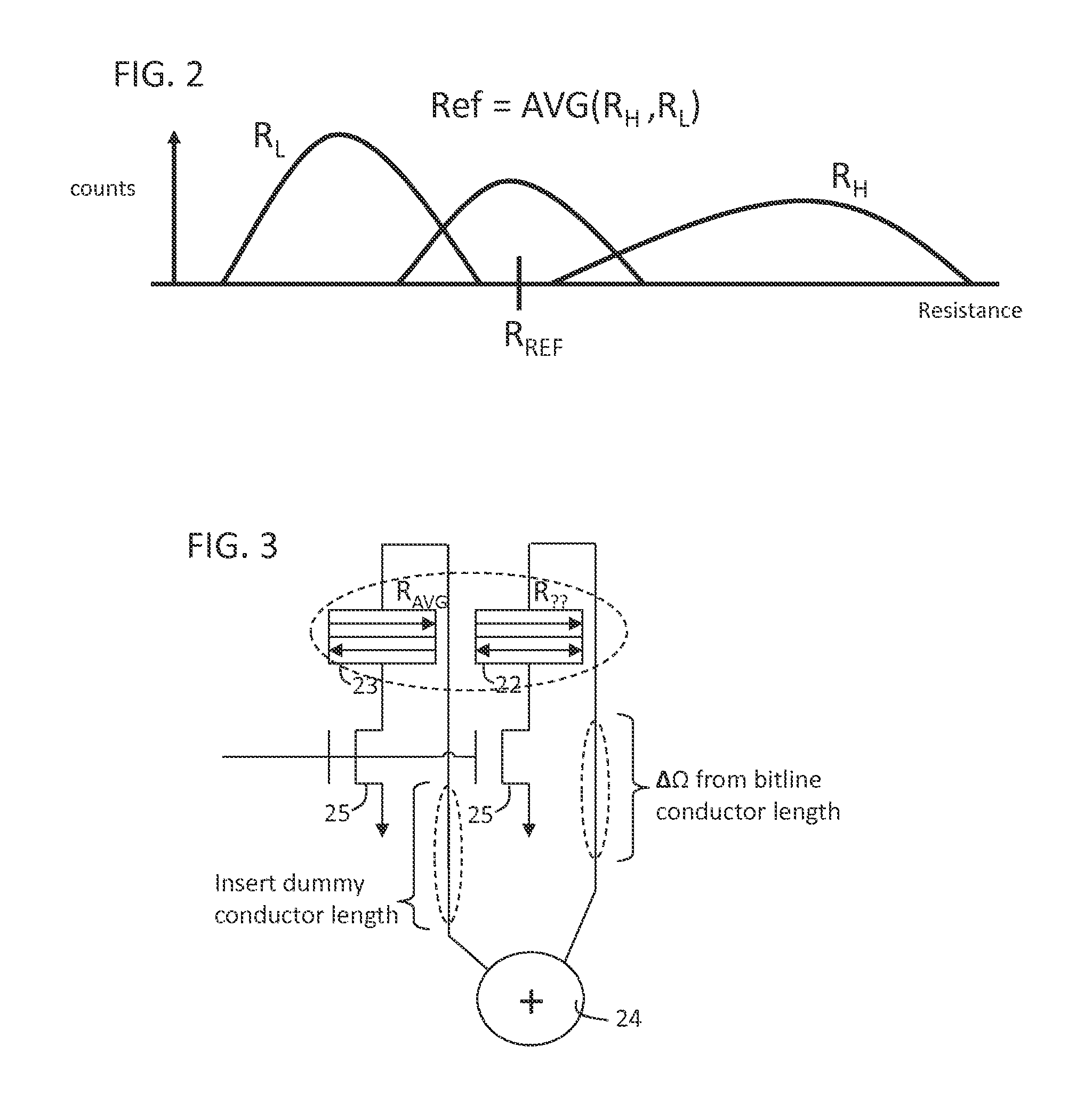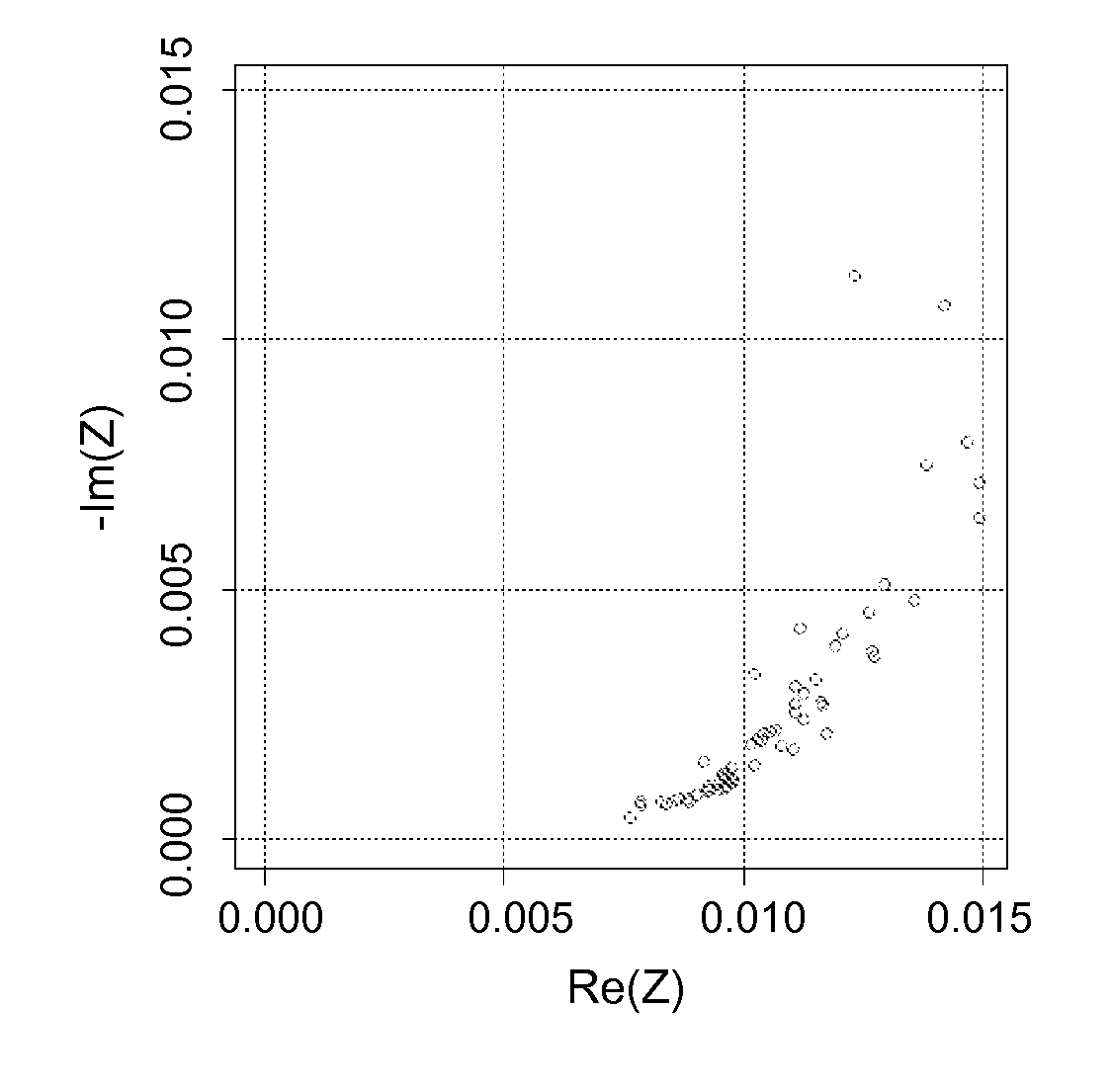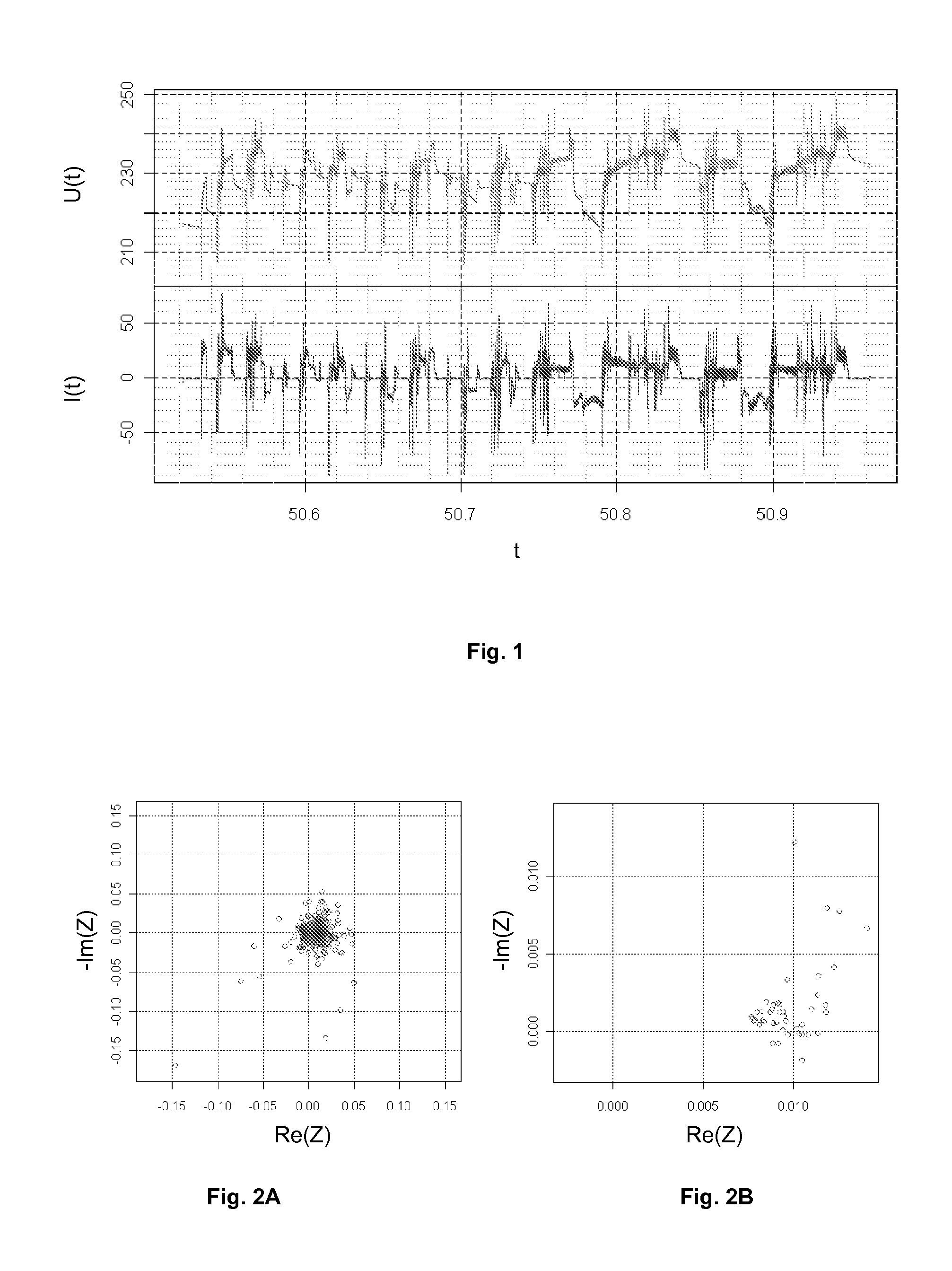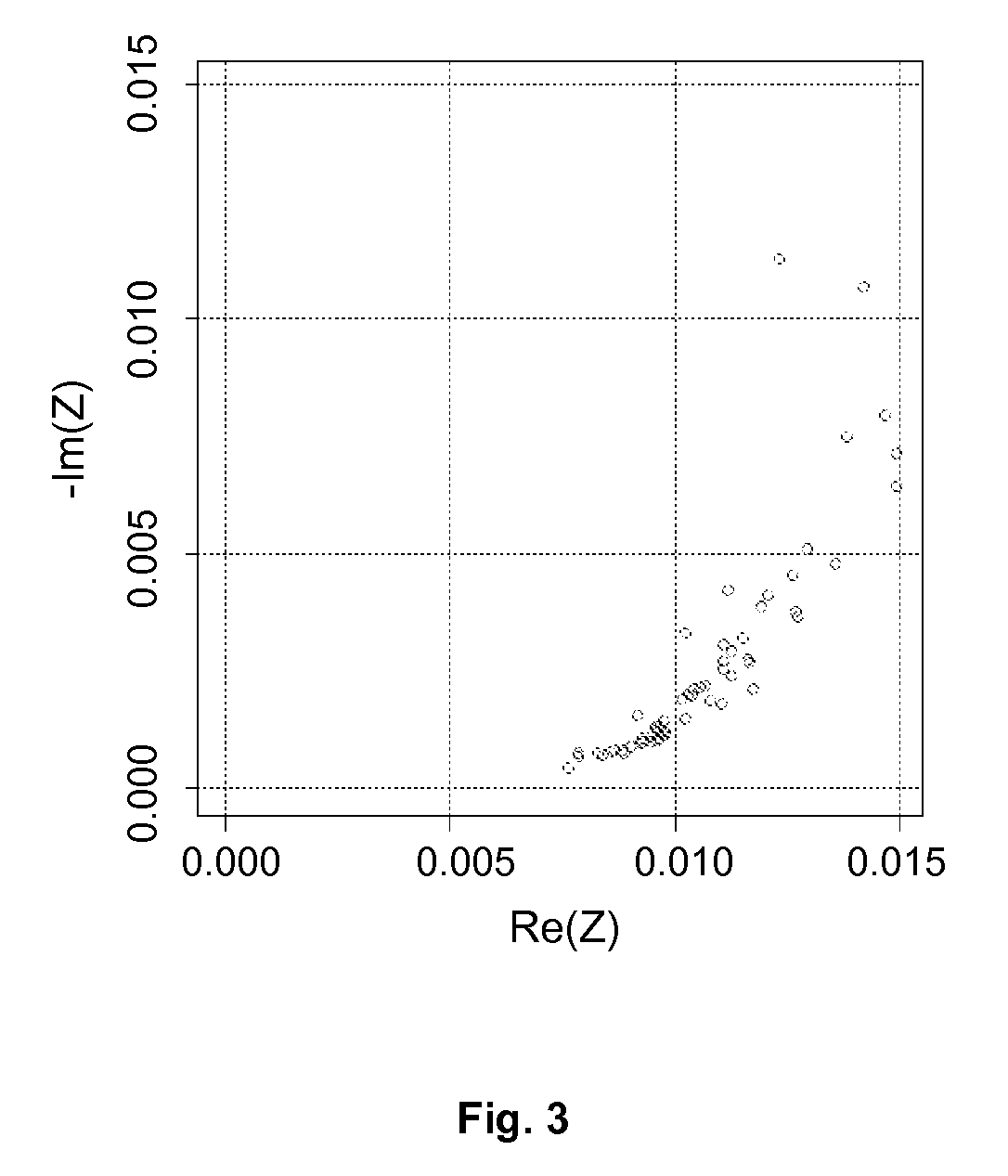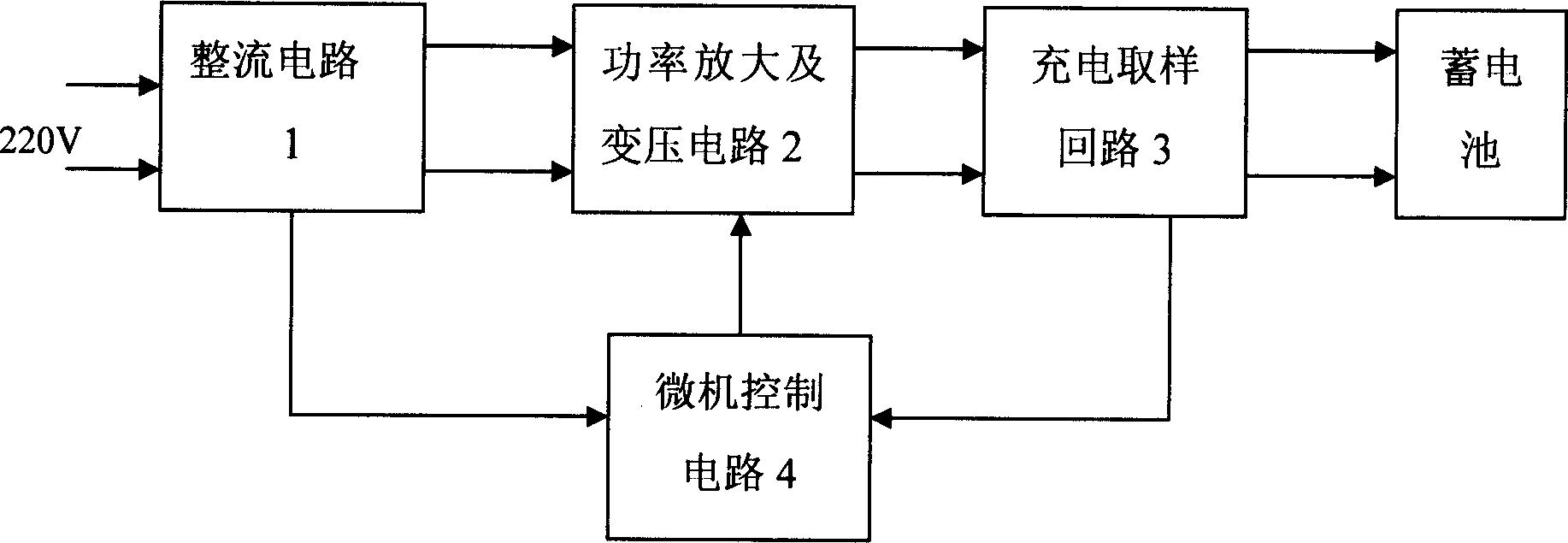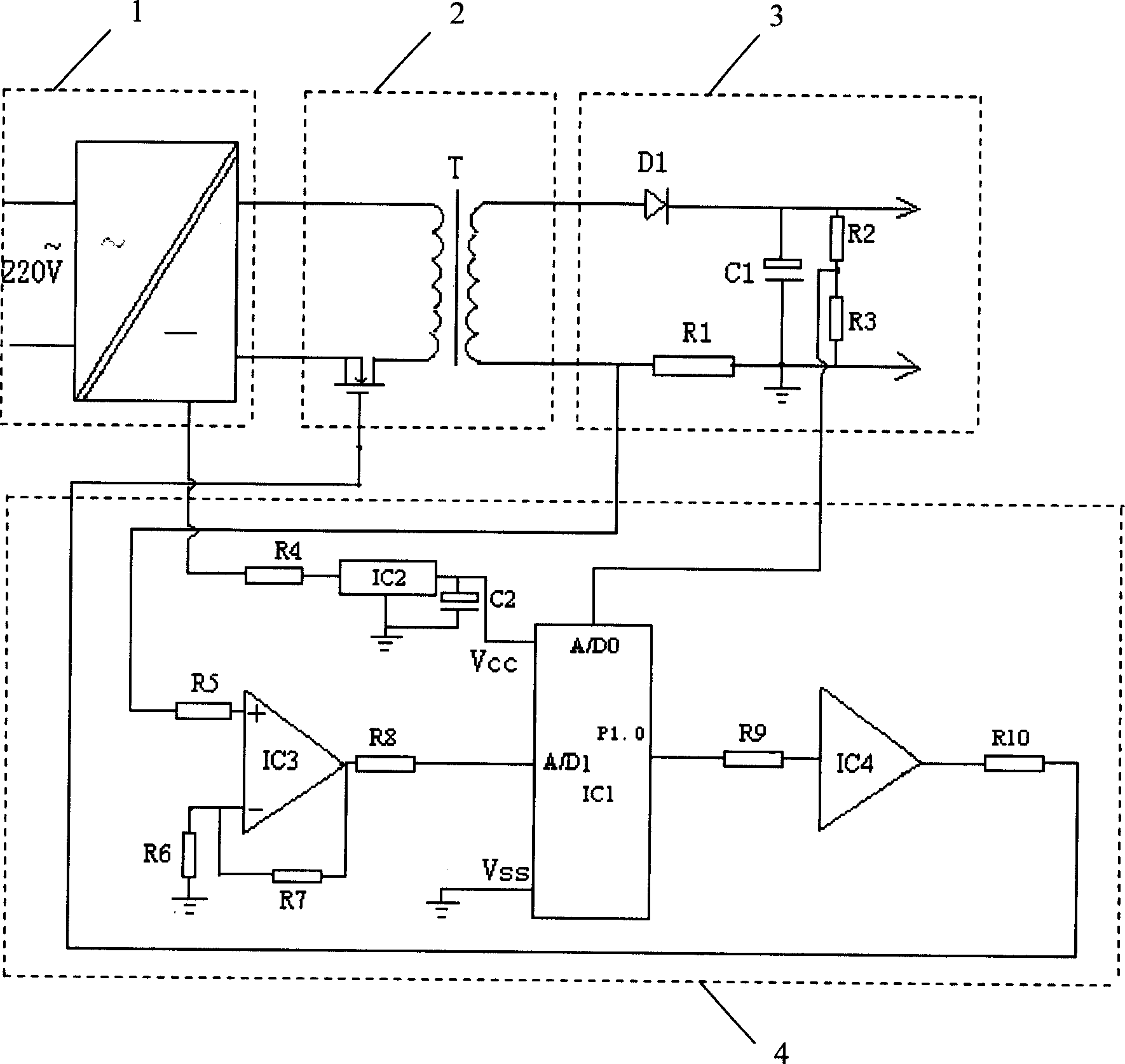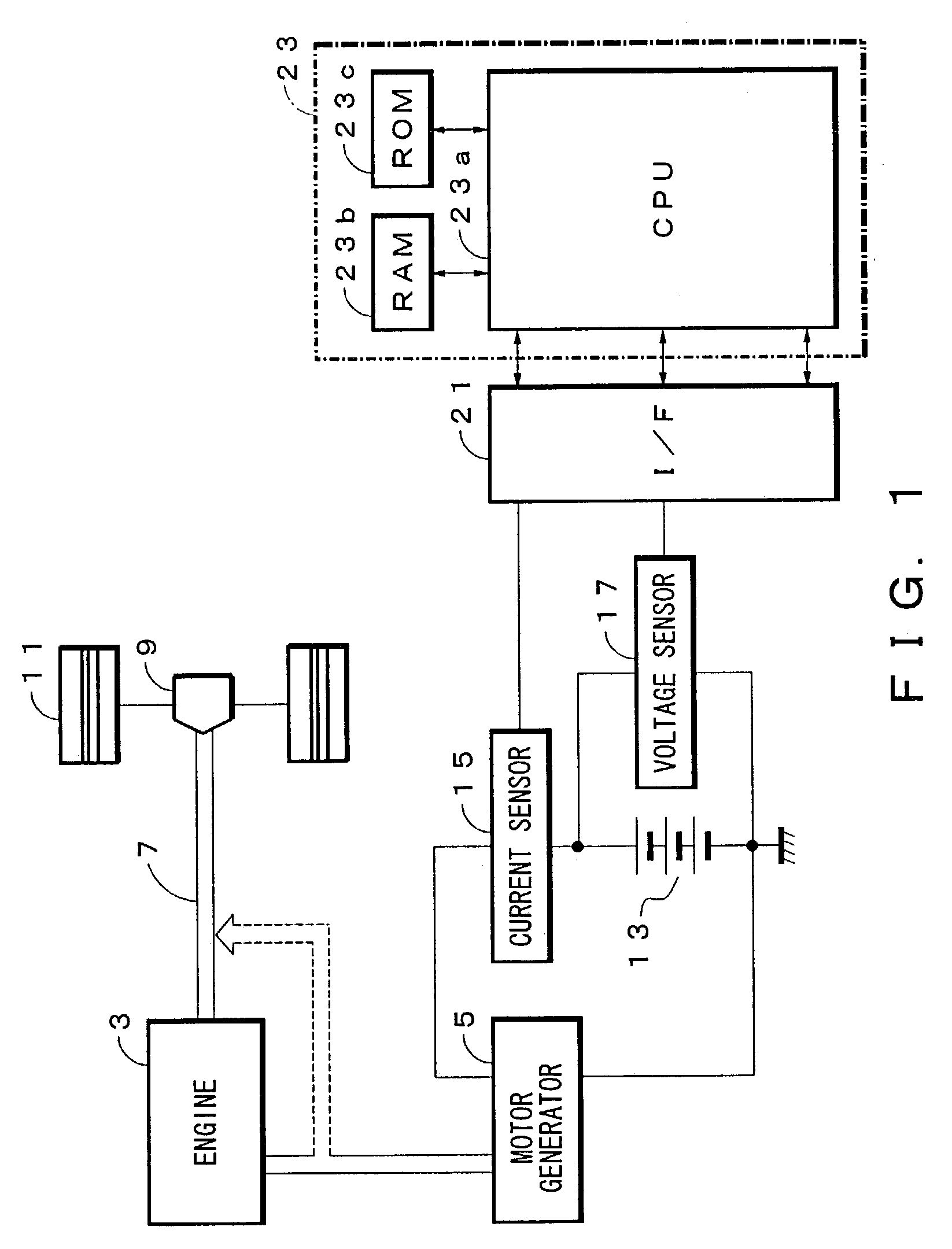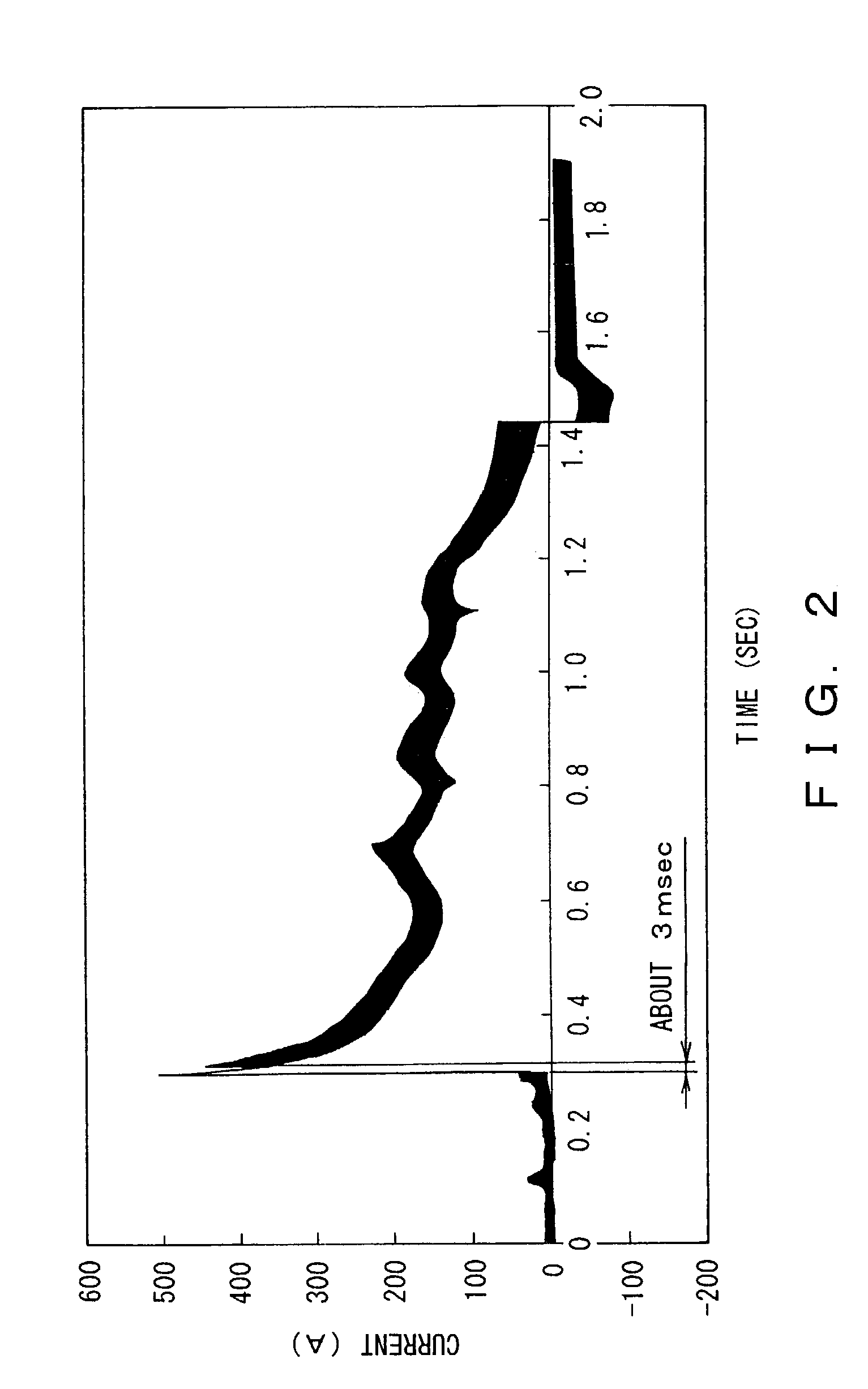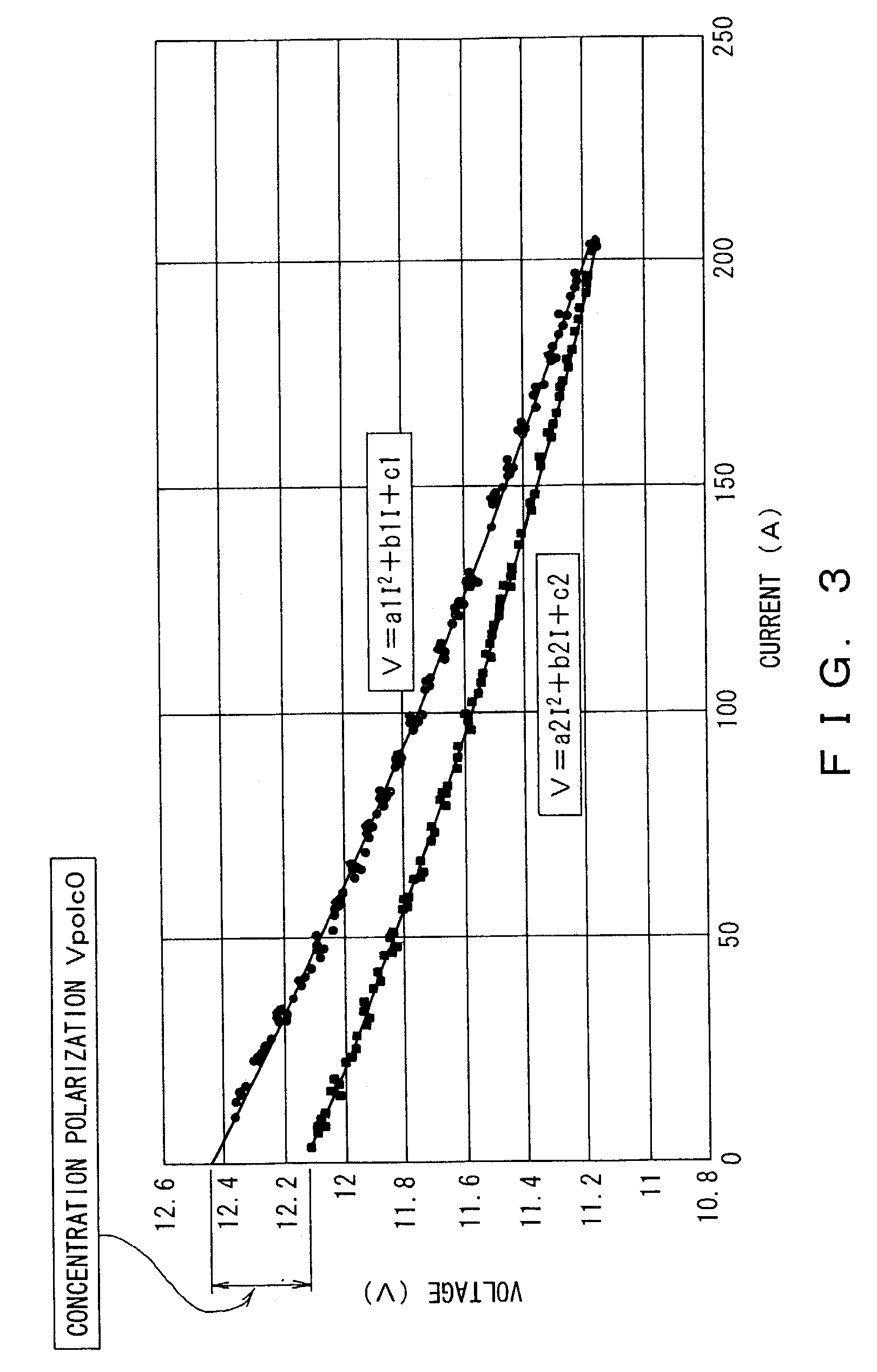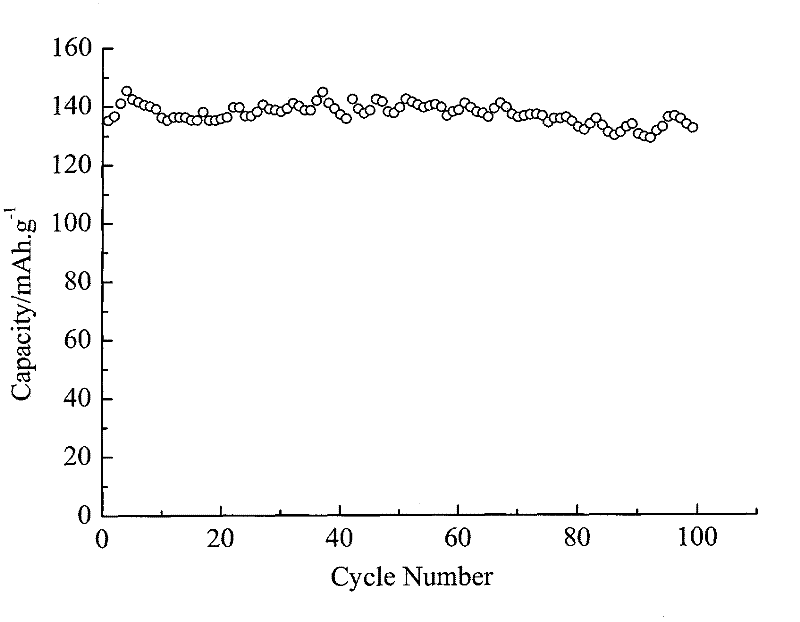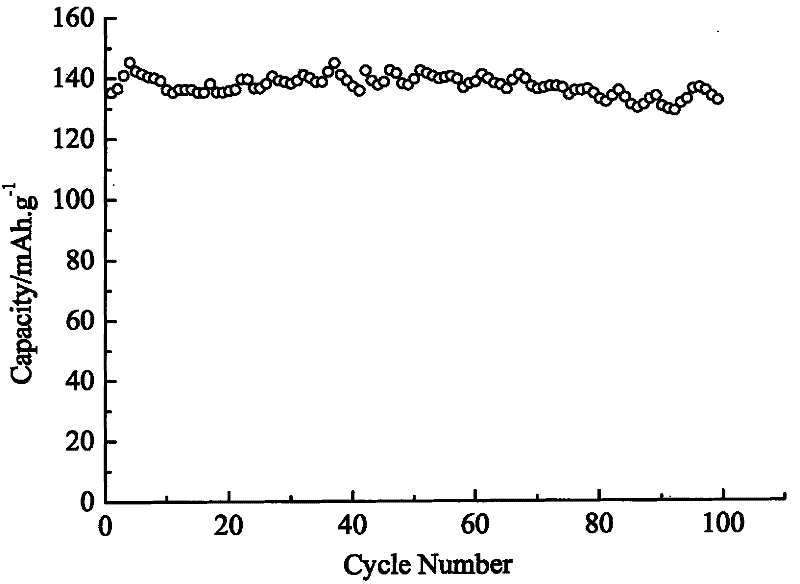Patents
Literature
151 results about "Cell resistance" patented technology
Efficacy Topic
Property
Owner
Technical Advancement
Application Domain
Technology Topic
Technology Field Word
Patent Country/Region
Patent Type
Patent Status
Application Year
Inventor
Cell resistance provides insightful information about a fuel cell that is not completely captured by polarization curves. Since fuel cell current densities are high in comparison with other electrochemical processes, small amounts of ohmic resistance (milliohms) have a significant effect on overall efficiency.
Lithium sulfur rechargeable battery fuel gauge systems and methods
ActiveUS20060238203A1Accurately determineAccurately determinedBatteries circuit arrangementsMaterial analysis by electric/magnetic meansLithium–sulfur batteryLithium sulfur
Systems and methods for accurately determining the state of charge and the relative age of lithium sulfur batteries are provided. The cell resistance and taper input charge of a particular type of lithium sulfur battery are respectively measured to determine the state of charge and age of the battery.
Owner:SION POWER CORP
Device and method for pulse width control in a phase change memory device
ActiveUS7085154B2Reduced programming errorReduce power consumptionSolid-state devicesRead-only memoriesBit lineComputer hardware
A circuit and method for programming phase-change memory devices, such as chalcogenide memory (PRAM), are described. The invention is directed to an approach to programming PRAM elements from a reset state to a set state or from a set state to the set state. The invention provides a novel and nonobvious PRAM device and method in which a set pulse duration time is controlled by monitoring the state of the memory element during programming such as by comparing the voltage of a bit line with a reference voltage or comparing the cell resistance with a set state cell resistance. The duration of the set pulse is controlled in response to the detected state of the memory element. The result of the approach of the invention is the significant reduction in PRAM programming errors, such as those caused by a constant-duration set pulse, as well as reduction in programming time duration and power consumption.
Owner:SAMSUNG ELECTRONICS CO LTD
Increased cell resistance to toxic organic substances
Recombinant microorganisms and related methods of use to enhance tolerance to toxic substances. In particular, such microorganisms and methods can be used to increase solvent production.
Owner:NORTHWESTERN UNIV
Self Heating Battery System
ActiveUS20120126753A1Supply will become excessiveHigh switching rateBatteries circuit arrangementsSecondary cellsCapacitanceCapacitive storage
A battery self heating system for batteries that experience battery impedance or internal battery resistance when temperature drops. The system comprises an energy storage element applied to the battery terminals to draw energy from the battery. The energy is stored in a magnetic or capacitive storage device. The system is self-resonant so that energy transfer from the storage device to the battery will occur at a frequency and load level that is compatible with the current state of the battery. Internal heating of the battery is accomplished by a cycle comprising the out flux and influx of energy through the impedance of the battery. Energy losses due to battery impedance are converted to heat thereby heating the battery internally.
Owner:STRYTEN ENERGY LLC
Lithium sulfur rechargeable battery fuel gauge systems and methods
InactiveUS20090055110A1Accurately determinedAccurate agingBatteries circuit arrangementsElectrical testingElectrical resistance and conductanceLithium–sulfur battery
Systems and methods for accurately determining the state of charge and the relative age of lithium sulfur batteries are provided. The cell resistance and taper input charge of a particular type of lithium sulfur battery are respectively measured to determine the state of charge and age of the battery.
Owner:SION POWER CORP
State and parameter estimation for an electrochemical cell
A system and a method for computing an estimated state of charge and an estimated cell resistance of an electrochemical cell are provided. The method includes predicting a first cell resistance value indicating a present resistance of the electrochemical cell utilizing a first nonlinear cell model. The method further includes predicting a first state of charge value indicating a present state of charge of the electrochemical cell utilizing a second nonlinear cell model. The method further includes measuring a voltage and, a current associated with the electrochemical cell to obtain a voltage value and a current value, respectively. The method further includes estimating a second state of charge value indicating the present state of charge of the electrochemical cell utilizing the second nonlinear cell model based on the first state of charge value, the first cell resistance value, the voltage value, and the current value. The method further includes estimating a second cell resistance value indicating the present resistance of the electrochemical cell utilizing the first nonlinear cell model based on the first cell resistance value, the first state of charge value, the voltage value, and the current value.
Owner:LG ENERGY SOLUTION LTD
Adjusting reference resistances in determining MRAM resistance states
ActiveUS20130265820A1Change alignmentReduce riskDigital storageAudio power amplifierElectrical conductor
Magneto-resistive memory bit cells in an array have high or low resistance states storing logic values. During read operations, a bias source is coupled to an addressed memory word, coupling a parameter related to cell resistance to a sense amplifier at each bit position. The sense amplifiers determine whether the parameter value is greater or less than a reference value between the high and low resistance states. The reference value is derived by averaging or splitting a difference of resistances of reference cells at high and / or low resistance states. Bias current is conducted over address lines with varying resistance, due to different distances between the sense amplifiers and addressed memory words, which is canceled by inserting into the comparison circuit a resistance from a dummy addressing array, equal to the resistance of the conductor addressing the selected word line and bit position.
Owner:TAIWAN SEMICON MFG CO LTD
Battery capacity calculating method
InactiveCN1541337AEliminate the effects ofElectrical testingSecondary cellsElectrical resistance and conductanceEngineering
The present invention is relative to a battery capacity calculating method including a reference discharge curve calculating step of finding a discharge curve, operating as a reference, a corrected voltage calculating step of correcting a measured voltage V1 of the battery with a component of an electrical resistance to find a corrected voltage V, and a capacity calculating step of finding the discharging capacity of the battery from the discharge curve, operating as a reference, using the corrected voltage V. The capacity calculating step includes a sub-step of calculating a capacity deterioration index S, as a ratio of capacity decrease caused by battery deterioration. The discharging capacity, calculated from the discharging capacity, operating as a reference, using the corrected voltage V, is further multiplied with the capacity deterioration index S to calculate the discharging capacity.
Owner:MURATA MFG CO LTD
Intracellular interleukin-1 receptor antagonist and uses thereof
Matrix metalloproteinases are major mediators of tissue destruction in various chronic inflammatory disorders. The present invention demonstrates that over- expression of intracellular isoform of IL-1 receptor antagonist confers to recipient cells resistance to signaling pathways of proinflammatory cytokines (such as tumor necrosis factor alpha and IL-1 beta) that induce matrix metalloproteinase and subsequent tissue degradation. Hence, over-expression of intracellular IL-1 receptor antagonist may inhibit tissue destruction in various inflammatory disorders such as rheumatoid arthritis, other arthritides, degenerative intervertebral disc disease and chronic skin ulcers that occurs in diabetes mellitus and bed-ridden patients.
Owner:UNIV OF TENNESSEE RES FOUND
Device structure for neuromorphic computing system
An array of resistance cells has a number M of rows and a number N of columns of resistance cells. Each cell comprises a transistor having a threshold, representing a weight factor Wnm of the cell, and a resistive element in series with the transistor. Each cell has a cell resistance having a first value when the transistor is on and a second value when the transistor is off. A set of source lines is coupled to the resistance cells in respective columns. A set of bit lines is coupled to the resistance cells in respective rows, signals on the bit lines representing inputs x(m) to the respective rows. A set of word lines is coupled to gates of the transistors in the resistance cells in respective columns. Current sensed at a particular source line represents a sum of products of the inputs x(m) by respective weight factors Wnm.
Owner:MACRONIX INT CO LTD
Hematopoietic stem cell gene therapy
InactiveUS20050020524A1Avoid infectionHigh activityBiocideUnknown materialsLhrh antagonistCell resistance
The present disclosure provides methods for gene therapy utilizing hematopoietic stem cells, lymphoid progenitor cells, and / or myeloid progenitor cells. The cells are genetically modified to provide a gene that is expressed in these cells and their progeny after differentiation. In one embodiment the cells contain a gene or gene fragment that confers to the cells resistance to HIV infection and / or replication. The cells are administered to a patient in conjunction with treatment to reactivate the patient's thymus. The cells may be autologous, syngeneic, allogeneic or xenogeneic, as tolerance to foreign cells is created in the patient during reactivation of the thymus. In one embodiment the hematopoietic stem cells are CD34+. The patient's thymus is reactivated by disruption of sex steroid mediated signaling to the thymus. In another embodiment, this disruption is created by administration of LHRH agonists, LHRH antagonists, anti-LHRH receptor antibodies, anti-LHRH vaccines or combinations thereof.
Owner:NORWOOD IMMUNOLOGY
System and method for estimating battery capacity
InactiveUS20120197341A1Simple and robust methodInternal electrodesElectrical testingBattery capacityCell resistance
A method for estimating capacity of a battery in an implantable medical device includes obtaining a characteristic curve of voltage versus resistance for the battery, periodically determining voltage and resistance of the battery, and comparing the resistance with a third derivative function of the characteristic curve, the third derivative function having roots representing near depletion of the battery and end of service of the battery, respectively. Remaining time of service of the battery can also be determined by comparing the resistance value with a curve of battery capacity versus resistance for the battery.
Owner:LIVANOVA USA INC
Battery management system and driving method thereof
ActiveUS20080091362A1Accurate calculationCell temperature controlElectrical testingElectrical resistance and conductanceInternal resistance
The present invention relates to a battery management system and method. In some embodiments the battery management system includes a sensing unit and an MCU. The sensing unit measures the current, the voltage and the temperature of a battery. The MCU receives the voltages, the currents, and the temperatures, calculates an estimated cell voltage, by applying a pack voltage sensing error and the cell voltage deviation to the cell voltages, and calculates an estimated cell resistance, by adding a pack assembly resistance to an internal resistance of the cell, and calculates an pack output of the battery by using the estimated cell voltage and the estimated cell resistance.
Owner:SAMSUNG SDI CO LTD
Semiconductor device and method for forming the same
InactiveUS20110024811A1Prevents cell resistanceEliminate the problemTransistorSolid-state devicesBit lineElectrode Contact
A method for forming a semiconductor device is disclosed. The method for forming the semiconductor device includes forming a pad insulating layer on a semiconductor substrate, forming a recess by etching the pad insulating layer and the semiconductor substrate, forming a buried gate buried in the recess, forming an insulating layer for defining a bit line contact hole over the buried gate and the pad insulating layer, forming a bit line over a bit line contact for filling the bit line contact hole, and forming a storage electrode contact hole by etching the insulating layer and the pad insulating layer to expose the semiconductor substrate. As a result, the method increases the size of an overlap area between a storage electrode contact and an active region without an additional mask process, resulting in a reduction in cell resistance.
Owner:SK HYNIX INC
VERIFY SCHEME FOR ReRAM
ActiveUS20160336066A1Less stressMore reliableDigital storageElectrical resistance and conductanceElectrical polarity
Circuitry coupled to a programmable element comprising metal oxide is configured to execute a program-verify operation including: an initial cycle of a program operation and a verify operation, and subsequent cycles. The initial cycle includes an initial instance of the program operation to establish a cell resistance of the programmable element, and an initial instance of the verify operation to determine whether the cell resistance of the memory cell is within the target resistance range. At least one of the subsequent cycles includes an additional pulse having a second polarity to the programmable element, and a subsequent instance of the verify operation. The first polarity of the initial program pulse and the second polarity of the additional pulse have opposite polarities. A subsequent instance of the program operation includes applying a subsequent program pulse having the first polarity to the programmable element.
Owner:MACRONIX INT CO LTD
Method for sorting used secondary battery, rebuilt battery pack, vehicle and battery operated device incorporating same, and method for manufacturing rebuilt battery pack
ActiveUS20130015702A1Little changeAvoid disadvantagesPrimary cell to battery groupingDigital data processing detailsHigh resistanceElectrical resistance and conductance
Disclosed are a method for adequately sorting used secondary batteries; a rebuilt battery pack that incorporates the used batteries sorted by the sorting method and have identical characteristics; a vehicle and a battery operated device which use the rebuilt battery pack; and a method for manufacturing a rebuilt battery pack which employs used batteries having identical characteristics. The method for sorting used secondary batteries includes a resistance measurement step for measuring the battery resistance of a battery the characteristics of which show a bathtub curve with respect to the period of use. The method further includes a resistance distinguishing step for distinguishing whether the battery resistance of the battery is greater or less than a period threshold value for identifying to which one of the following periods the battery belongs: an initial-stage high-resistance period, and end-stage high-resistance period, and a middle-stage low-resistance period.
Owner:TOYOTA JIDOSHA KK
Device and method for pulse width control in a phase change memory device
InactiveUS20060181932A1Shorten the durationReduce power consumptionSolid-state devicesRead-only memoriesComputer hardwareBit line
A circuit and method for programming phase-change memory devices, such as chalcogenide memory (PRAM), are described. The invention is directed to an approach to programming PRAM elements from a reset state to a set state or from a set state to the set state. The invention provides a novel and nonobvious PRAM device and method in which a set pulse duration time is controlled by monitoring the state of the memory element during programming such as by comparing the voltage of a bit line with a reference voltage or comparing the cell resistance with a set state cell resistance. The duration of the set pulse is controlled in response to the detected state of the memory element. The result of the approach of the invention is the significant reduction in PRAM programming errors, such as those caused by a constant-duration set pulse, as well as reduction in programming time duration and power consumption.
Owner:SAMSUNG ELECTRONICS CO LTD
Electrode including multi-layered electrode active material layer and secondary battery including the same
ActiveUS20130224584A1Maintenance contentEvenly dispersedFinal product manufactureActive material electrodesElectrical batteryEngineering
The present invention relates to an electrode comprising multi-layered electrode active material layer and a secondary battery comprising the same. According to the embodiments of the present invention comprises electrode having multi-layered electrode active material layer, wherein the content of the active materials which forms the electrode active material layers is equally maintained and the loading amounts at each layer are either the same or different from each other, thereby solving the problem of performance deterioration caused by an increase in battery resistance due to non-uniform dispersion of a binder or the like.
Owner:LG ENERGY SOLUTION LTD
Thermally assisted multi-bit MRAM
InactiveUS20100080049A1Increases reading marginDecrease reading margin variabilityDigital storageComputer architectureCell resistance
Methods of writing to a multi-bit MRAM memory unit are described. The method includes to self-detected writing to a multi-bit (i.e., multilevel) thermally assisted MRAM. The self-detected writing increases a reading margin between data state levels and decreases reading margin variability due to cell resistance variation.
Owner:SEAGATE TECH LLC
Apparatus and method for estimating resistance characteristics of battery based on open circuit voltage estimated by battery voltage variation pattern
ActiveUS20100042345A1Improve accuracyCurrent/voltage measurementResistance/reactance/impedenceElectrical resistance and conductanceData storing
An apparatus for estimating resistance characteristics of a battery includes a data storing manager for obtaining and storing battery voltage, current and temperature data of a battery, whenever estimating a battery resistance characteristic; an open circuit voltage calculator for calculating battery open circuit voltage from a battery voltage variation pattern measured at the present and in the past; a weighted mean resistance calculator for calculating a battery resistance parameter from a battery current and a difference between the battery open circuit voltage and a battery voltage, and calculating a weighted mean resistance from battery resistance parameters calculated at the present and in the past; a weighted mean resistance convergence calculator for calculating a weighed mean resistance convergence value by repeatedly calculating a weighted mean sequence using the weighted mean resistance as an initial condition; and a resistance characteristic estimator for estimating a battery resistance from the weighted mean resistance convergence value.
Owner:LG ENERGY SOLUTION LTD
Read disturb-free SMT reference cell scheme
InactiveUS20100302838A1Robust readingEasy to implementSemiconductor/solid-state device manufacturingDigital storageSpin momentMagnetization
We describe a reference cell structure for determining data storing cell resistances in an SMT (spin moment transfer) MTJ (magnetic tunneling junction) MRAM array by comparing data cell currents with those of the reference cell. Since the reference cell also utilizes spin moment transfer (SMT) magnetic tunneling junction (MTJ) cells, there would ordinarily be the danger that the act of reading the reference cell could change its magnetization orientations and be a source of error for subsequent comparisons. Therefore the present invention describes a new circuit arrangement for the reference cell that directs read currents through two SMT MTJ cells in opposite directions so that the transfer of spin moments cannot affect the relative magnetization directions of the cells.
Owner:HEADWAY TECH INC
Stram with self-reference read scheme
Owner:SEAGATE TECH LLC
Electrode having multi-layered electrode active material layer and secondary battery including same
ActiveCN103201882AIncrease in sizeWeight increaseFinal product manufactureActive material electrodesElectrical batteryEngineering
The present invention relates to an electrode having a multi-layered electrode active material layer and a secondary battery including the same. The invention according to one embodiment of the present invention comprises electrodes having multi-layered electrode active material layers, wherein the content of the active materials which form the electrode active material layers is equally maintained and the loading amounts at each layer are either the same or different from each other, thereby solving the problem of performance deterioration caused by an increase in battery resistance due to the detachment of a binder or the like.
Owner:LG ENERGY SOLUTION LTD
Control of memory devices possessing variable resistance characteristics
ActiveUS7443710B2Improve accuracyImprove efficiencyNanoinformaticsRead-only memoriesEngineeringVoltage source
Systems and methods employing at least one constant current source to facilitate programming of an organic memory cell and / or employing at least one constant voltage source to facilitate erasing of a memory device. The present invention is utilized in single memory cell devices and memory cell arrays. Employing a constant current source prevents current spikes during programming and allows accurate control of a memory cell's state during write cycles, independent of the cell's resistance. Employing a constant voltage source provides a stable load for memory cells during erase cycles and allows for accurate voltage control across the memory cell despite large dynamic changes in cell resistance during the process.
Owner:CYPRESS SEMICON CORP
Method to improve fuel cell system performance using cell voltage prediction of fuel cell stack
A system and method for determining the maximum allowed stack current limit rate for a fuel cell stack that considers cell voltage. The method includes estimating a fuel cell stack voltage based on a fuel cell resistance value, stack variables and a current request signal. The fuel cell resistance value can be modeled based on stack temperature and stack relative humidity. The stack variables can include exchange current density and mass transfer coefficient. The method then uses the estimated fuel cell voltage and a look-up table based on estimated voltage to determine a current rate limit value for changing the current of the stack. The method then adds the current rate limit value and the current request signal to obtain the current set-point.
Owner:GM GLOBAL TECH OPERATIONS LLC
Adjusting reference resistances in determining MRAM resistance states
ActiveUS8902641B2Low variabilityReduce riskDigital storageElectrical resistance and conductanceAudio power amplifier
Magneto-resistive memory bit cells in an array have high or low resistance states storing logic values. During read operations, a bias source is coupled to an addressed memory word, coupling a parameter related to cell resistance to a sense amplifier at each bit position. The sense amplifiers determine whether the parameter value is greater or less than a reference value between the high and low resistance states. The reference value is derived by averaging or splitting a difference of resistances of reference cells at high and / or low resistance states. Bias current is conducted over address lines with varying resistance, due to different distances between the sense amplifiers and addressed memory words, which is canceled by inserting into the comparison circuit a resistance from a dummy addressing array, equal to the resistance of the conductor addressing the selected word line and bit position.
Owner:TAIWAN SEMICON MFG CO LTD
Non-invasive method of determining the electrical impedance of a battery
InactiveUS20110208452A1Easy to implementMaterial analysis by electric/magnetic meansElectrical testingElectrical batteryEngineering
A non-invasive method and device for determining the electrical impedance of an electrochemical system for electric power is disclosed. The voltage and current are measured at terminals as a function of time, and these measurements are converted to signals dependent on frequency. The signals dependent on frequency are subjected to at least one segmentation. For each segment, a power spectral density of the current signal ΨI dependent on frequency and the cross power spectral density of the voltage and current signals ΨIV dependent on frequency are determined for each segment. The electrical impedance of the electrochemical system is determined by calculating a ratio dependent on frequency of a mean of the power spectral densities ΨI dependent on frequency to a mean of the cross power spectral densities ΨIV dependent on frequency.
Owner:INST FR DU PETROLE
Accumulator charger and charging method thereof
InactiveCN1866664AFull recovery cooling timeEliminate Concentration PolarizationBatteries circuit arrangementsSecondary cells charging/dischargingPeak valuePeak current
The invention discloses an accumulator charger and charging method, which comprises the following parts: commutating circuit, pulse power amplification and transformation circuit, charging sampling circuit and microcomputer control circuit. The charger uses down rectangular wave pulse charging to produce segment charging peak current within ideal curved scale, which eliminates accumulator resistance polarization and concentration polarization of common intelligent charger. When the pulse down segment stops charging, the accumulator possesses enough cooling restoring time. The invention realizes rapid charging, which lengthens utility lifetime of accumulator.
Owner:JIANGSU TEACHERS UNIV OF TECH
Battery status monitoring apparatus which monitors internal battery resistance, saturation polarization detecting method and dischargeable capacity detecting method
InactiveUS7034504B2Batteries circuit arrangementsMaterial analysis by electric/magnetic meansMicrocomputerElectrical resistance and conductance
Owner:YAZAKI CORP
Features
- R&D
- Intellectual Property
- Life Sciences
- Materials
- Tech Scout
Why Patsnap Eureka
- Unparalleled Data Quality
- Higher Quality Content
- 60% Fewer Hallucinations
Social media
Patsnap Eureka Blog
Learn More Browse by: Latest US Patents, China's latest patents, Technical Efficacy Thesaurus, Application Domain, Technology Topic, Popular Technical Reports.
© 2025 PatSnap. All rights reserved.Legal|Privacy policy|Modern Slavery Act Transparency Statement|Sitemap|About US| Contact US: help@patsnap.com
